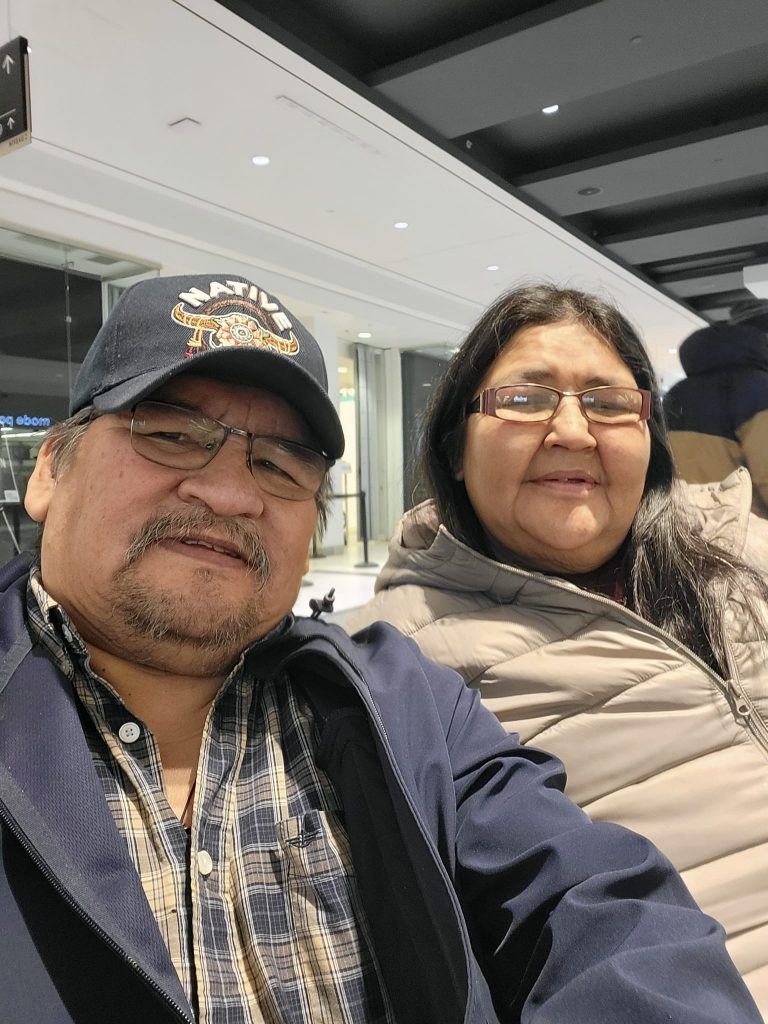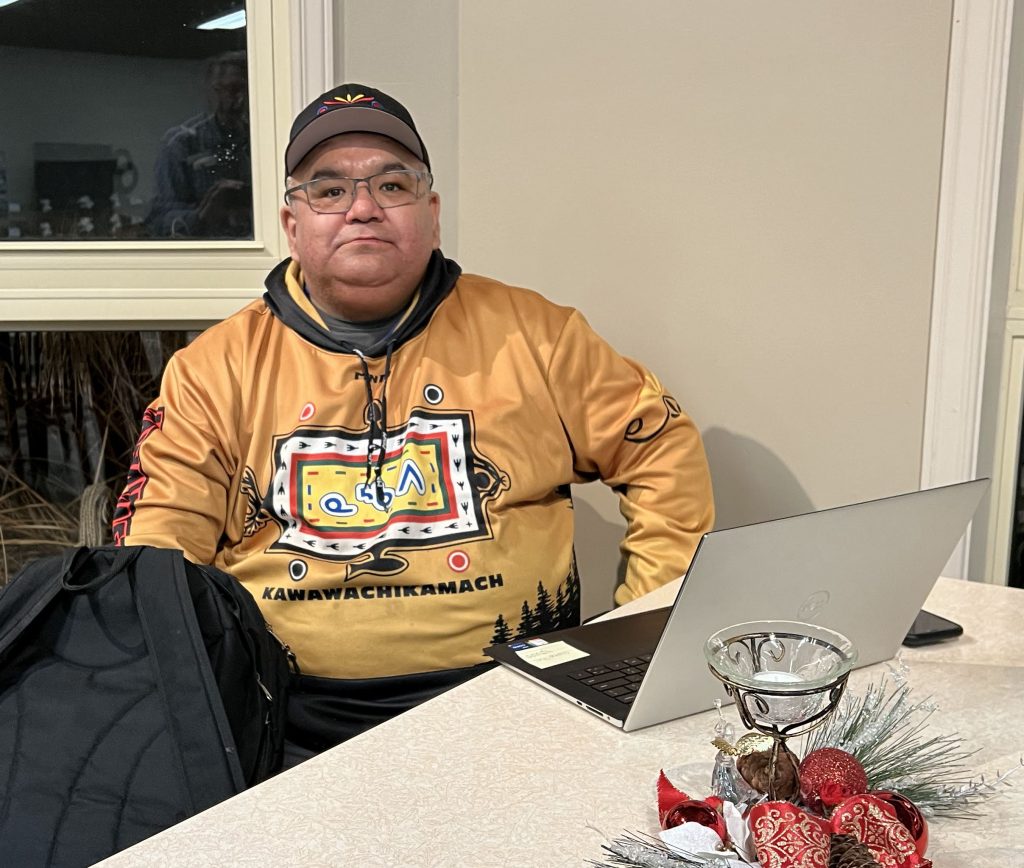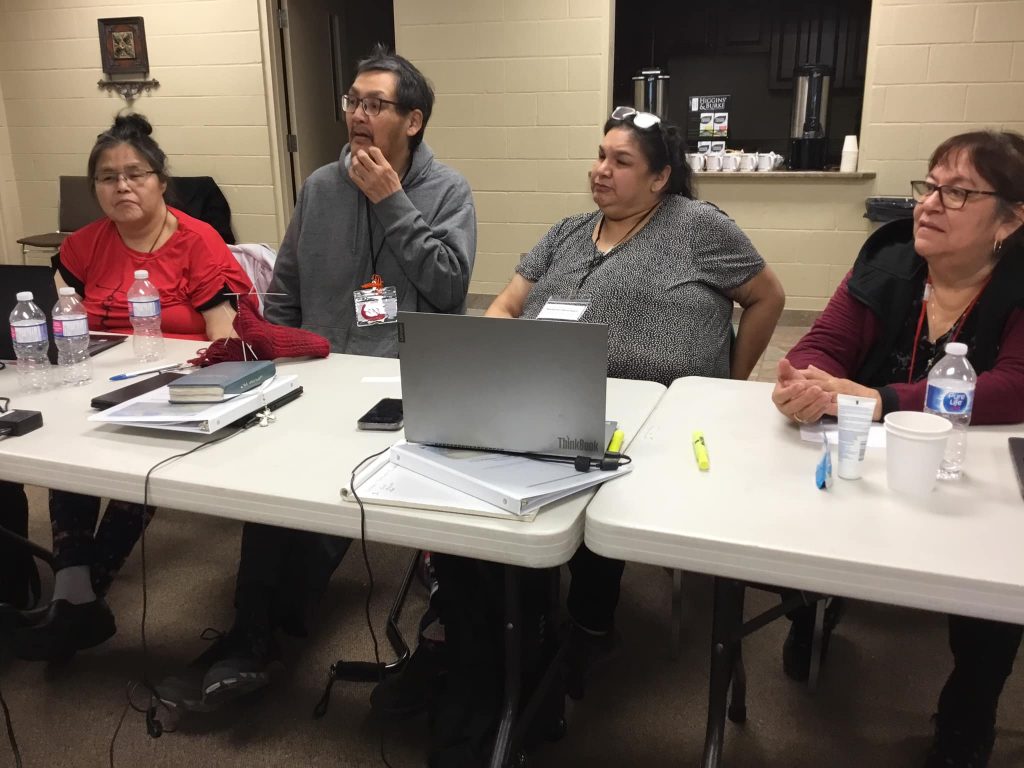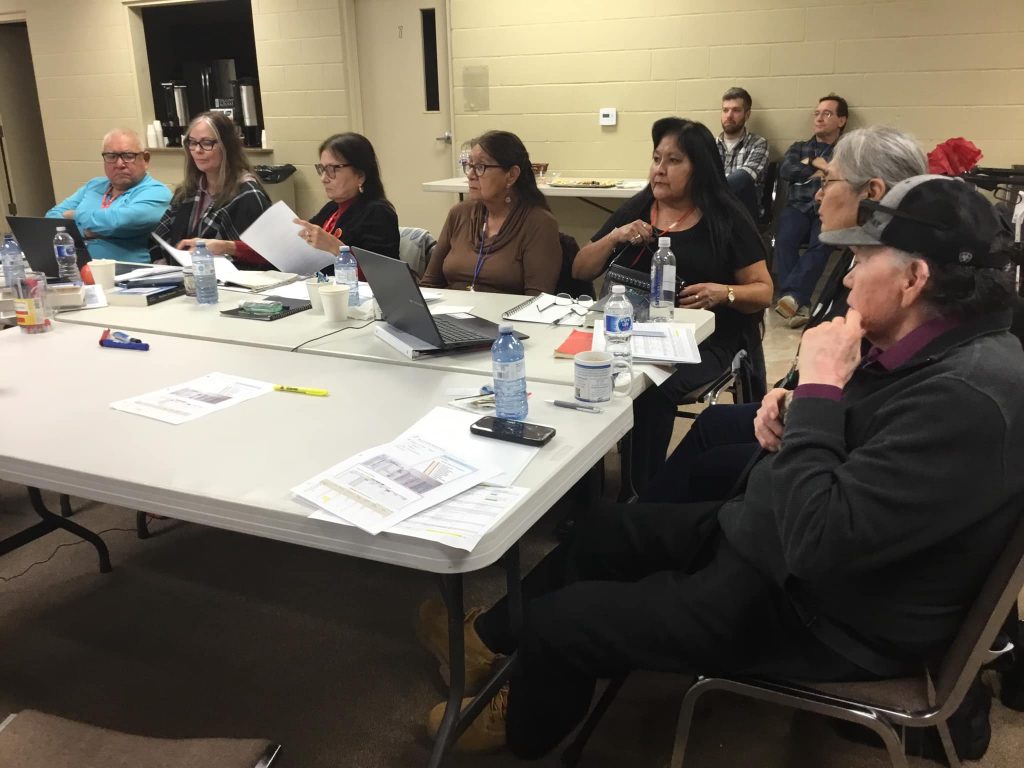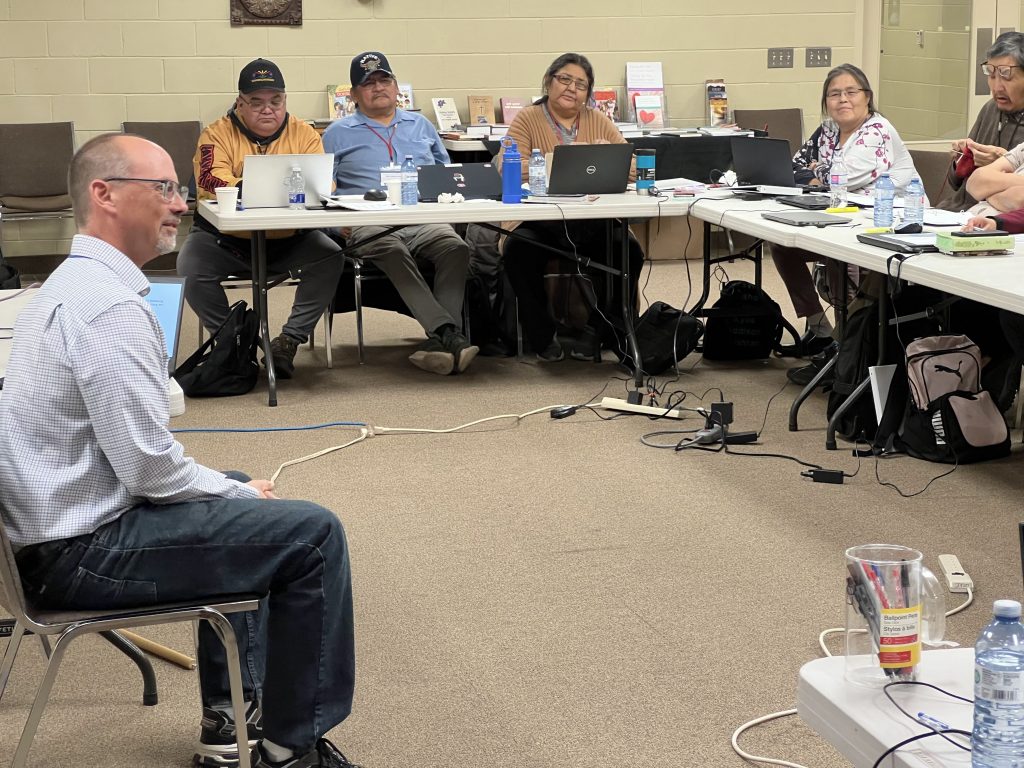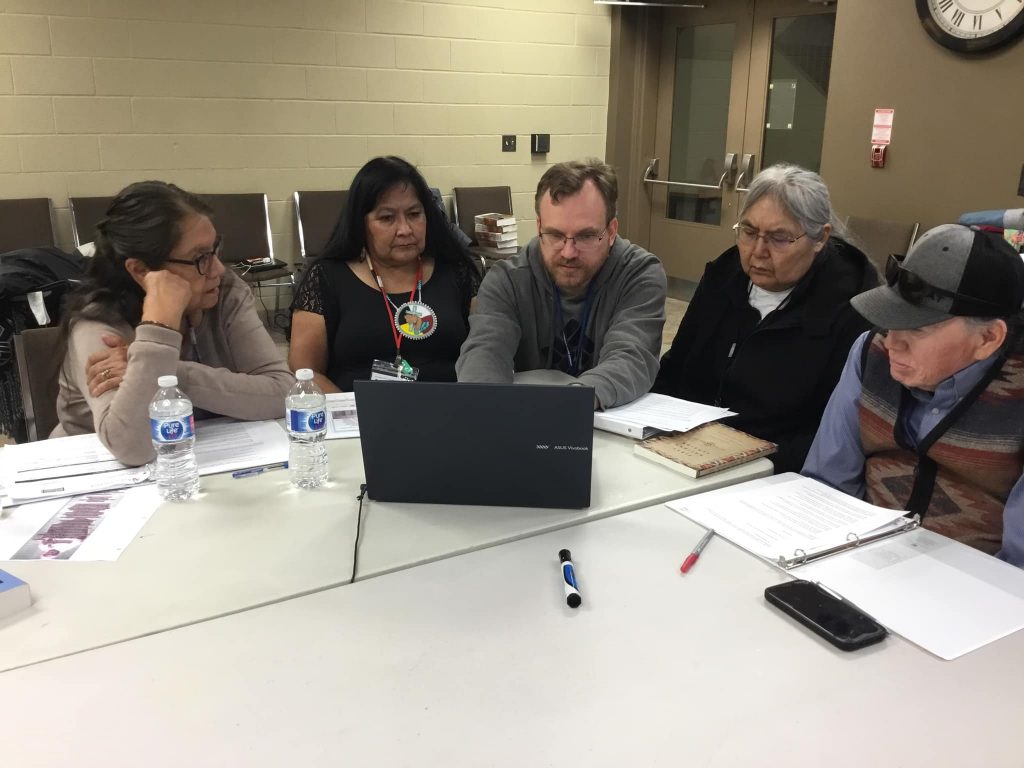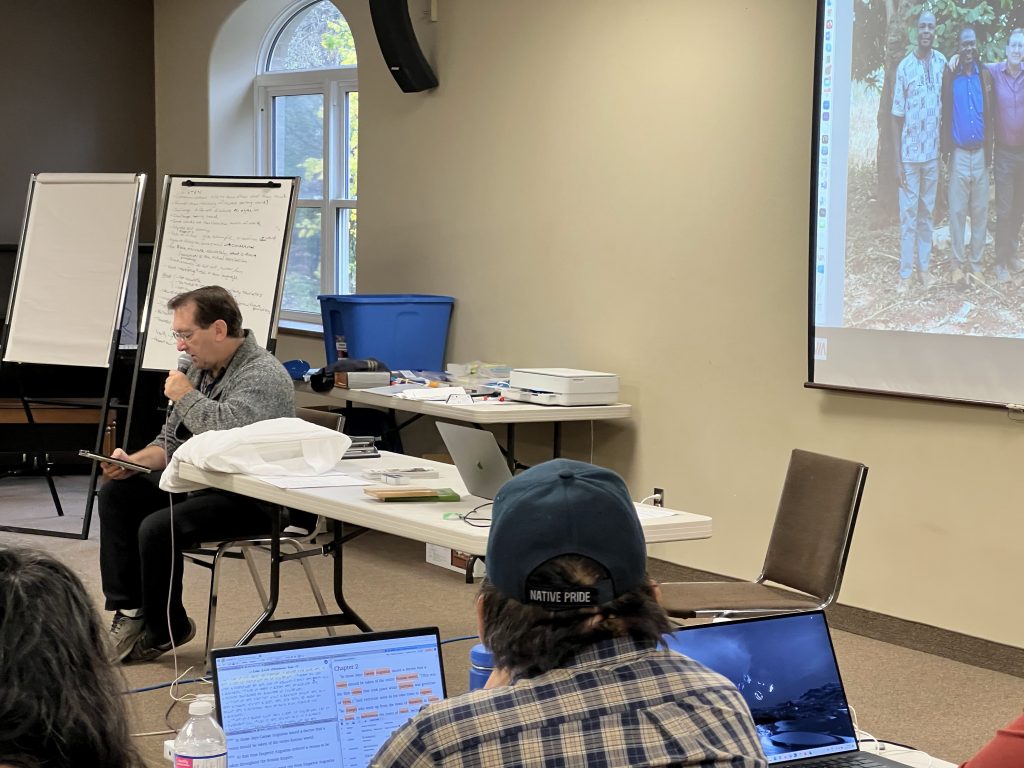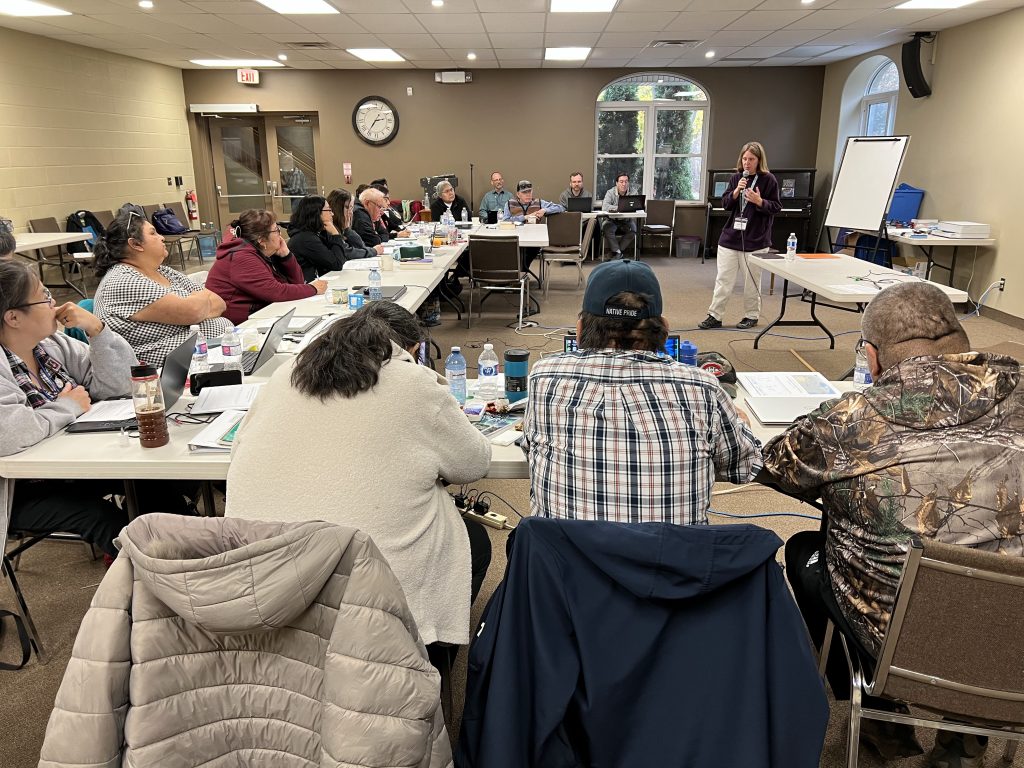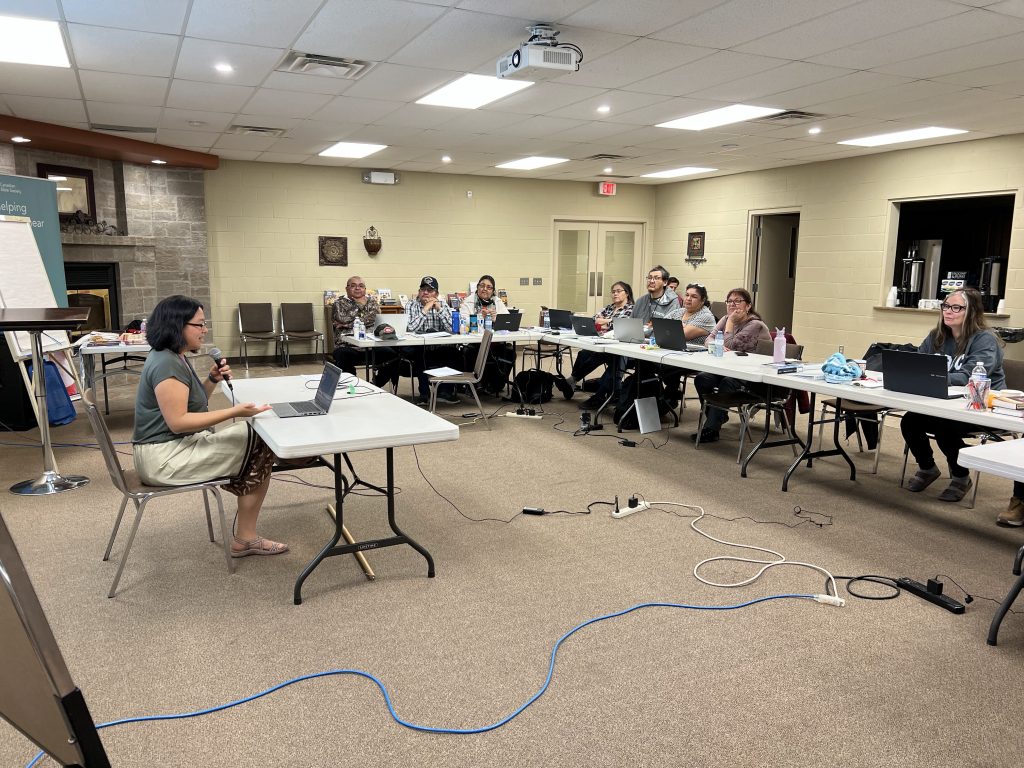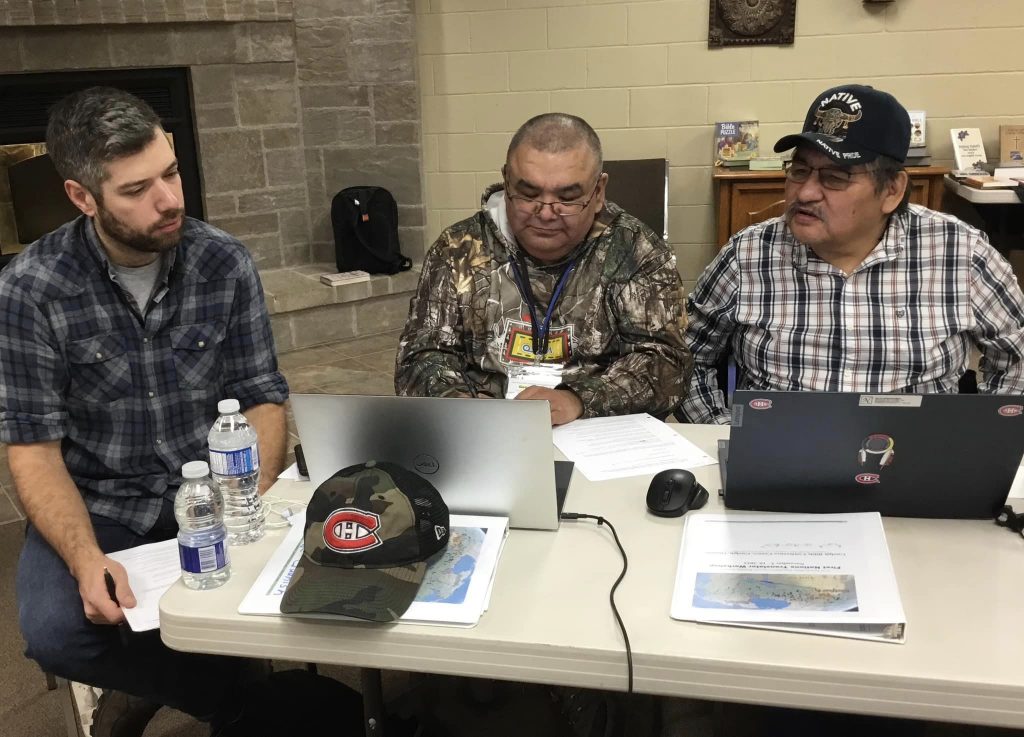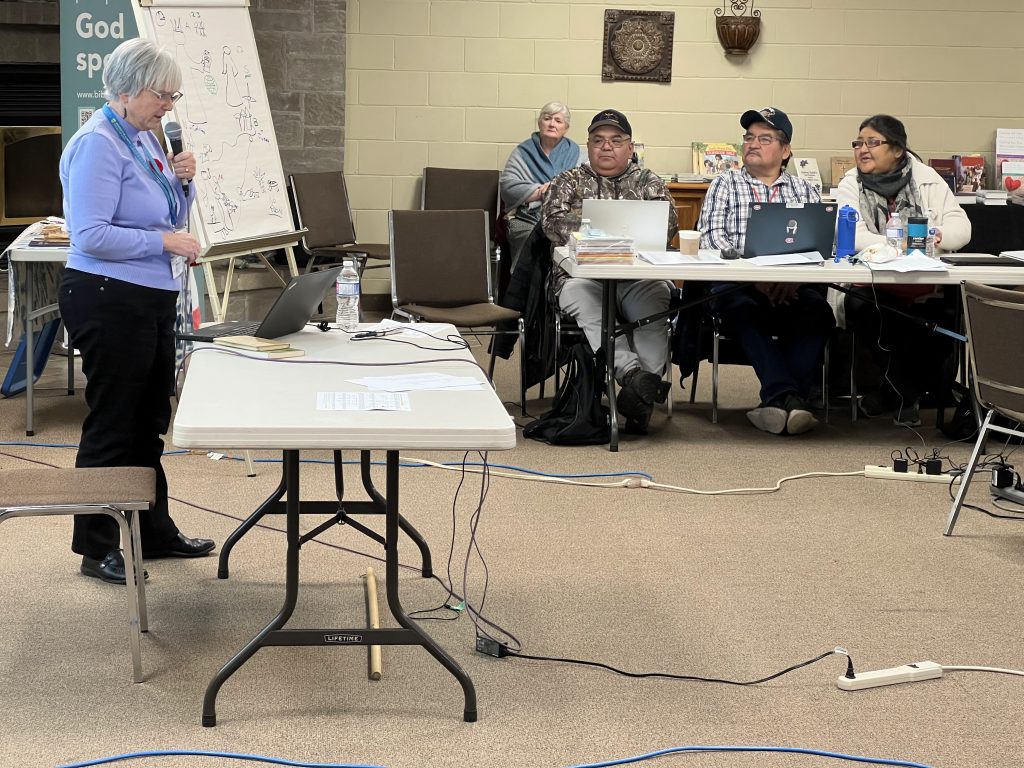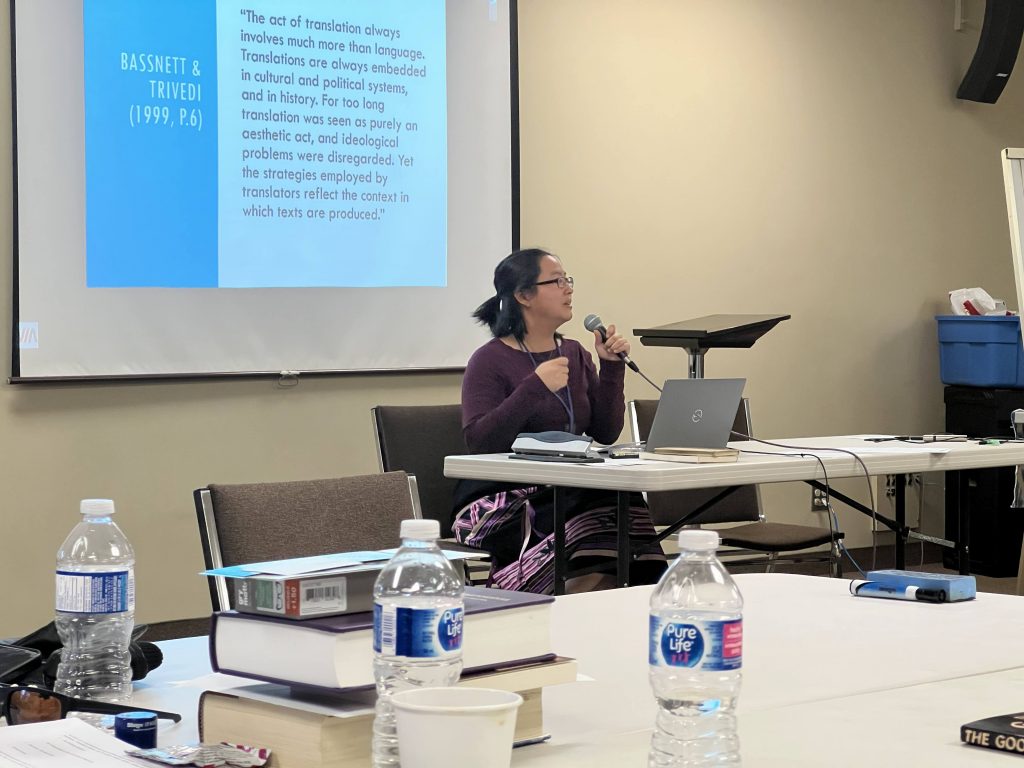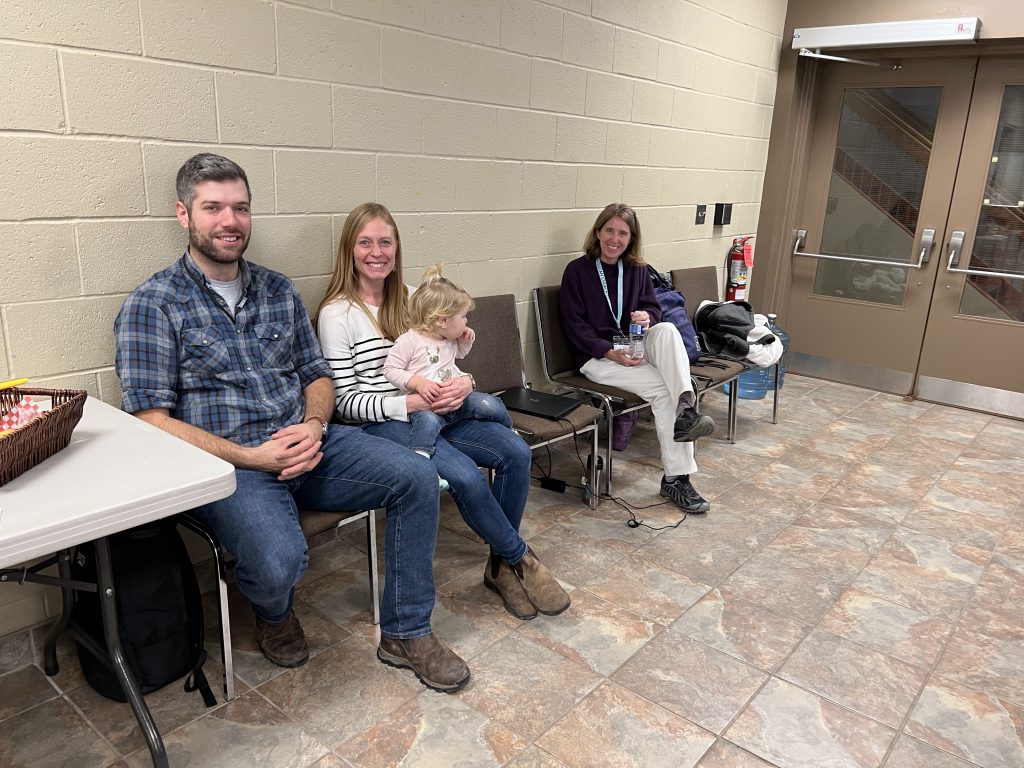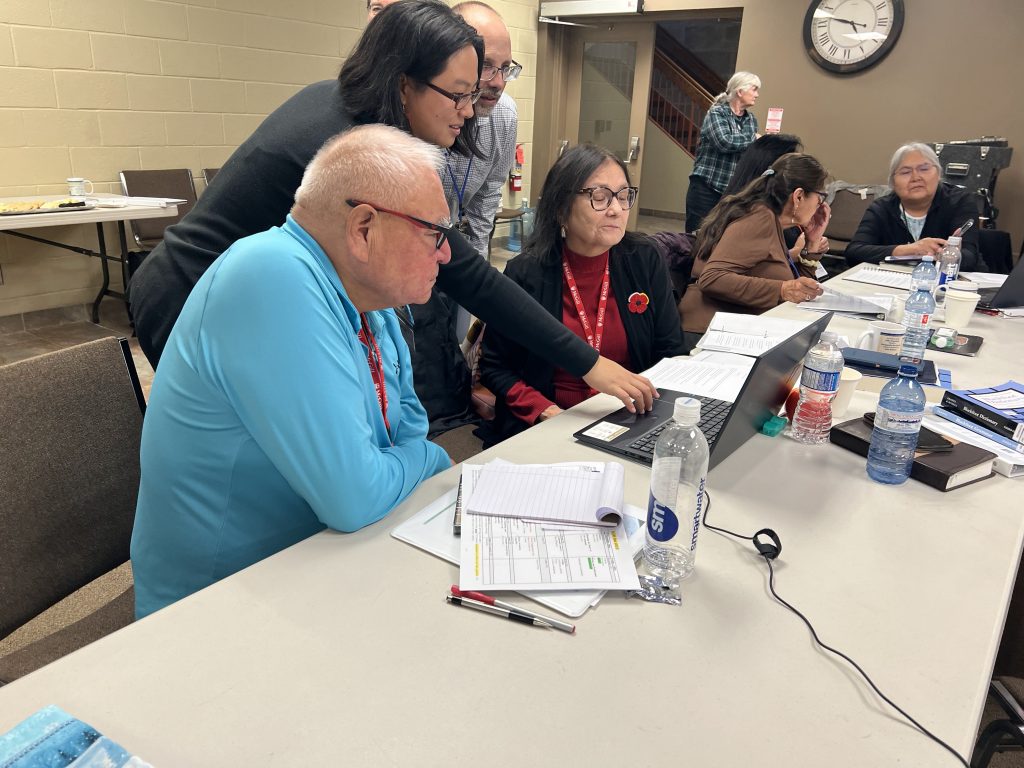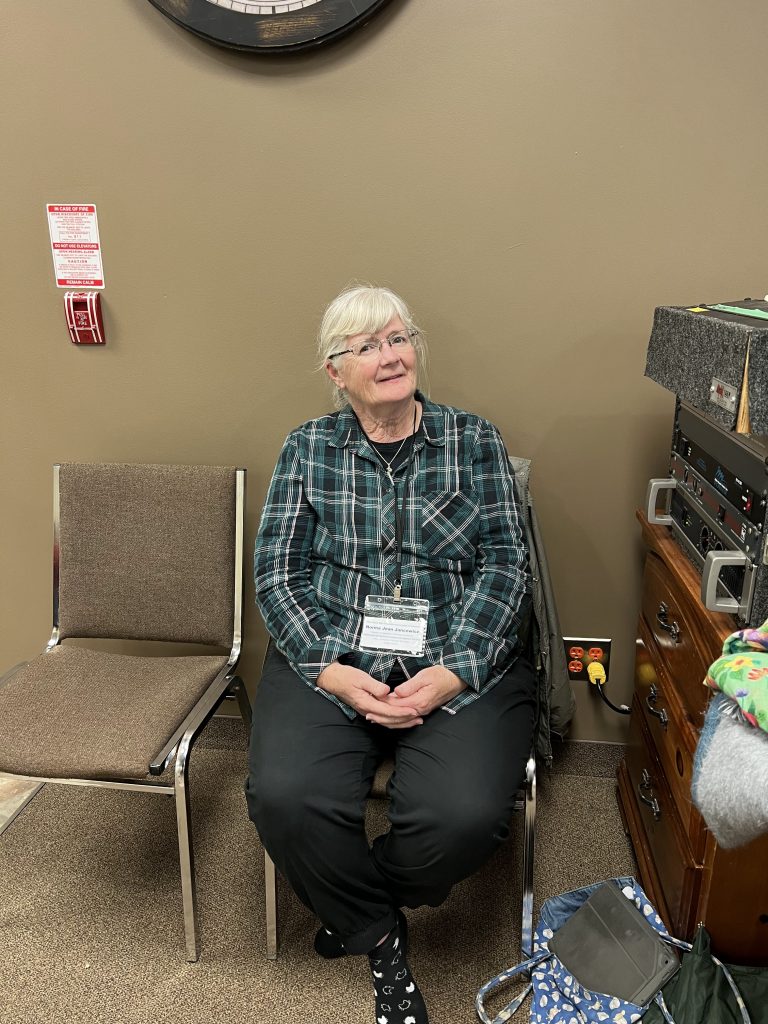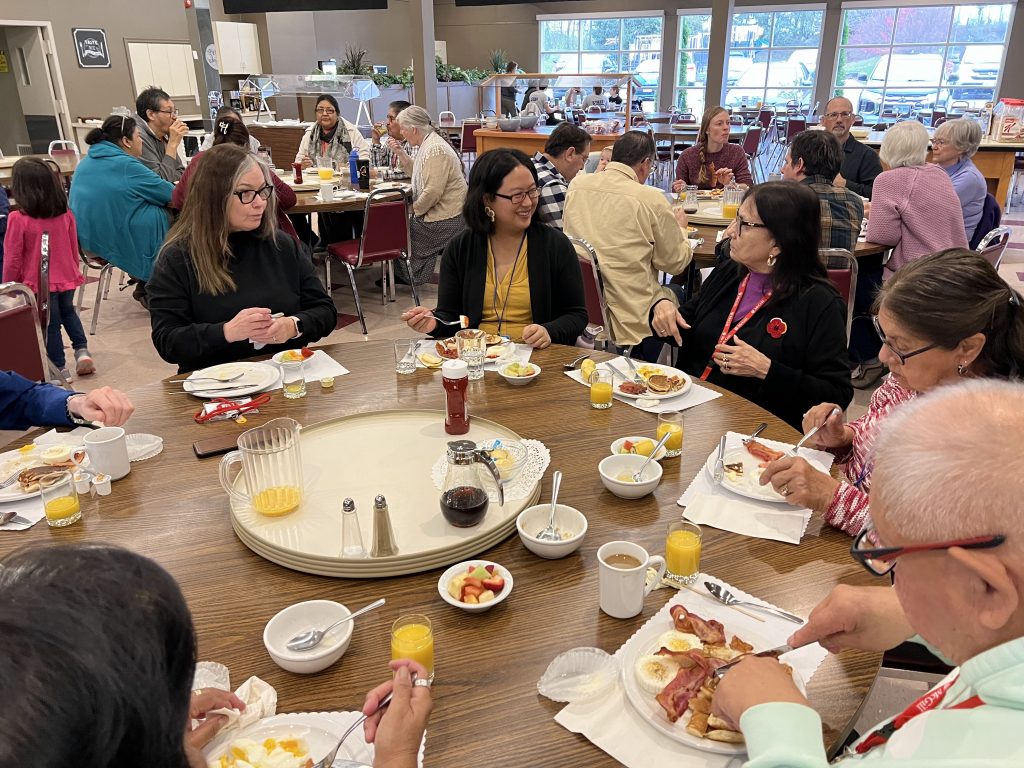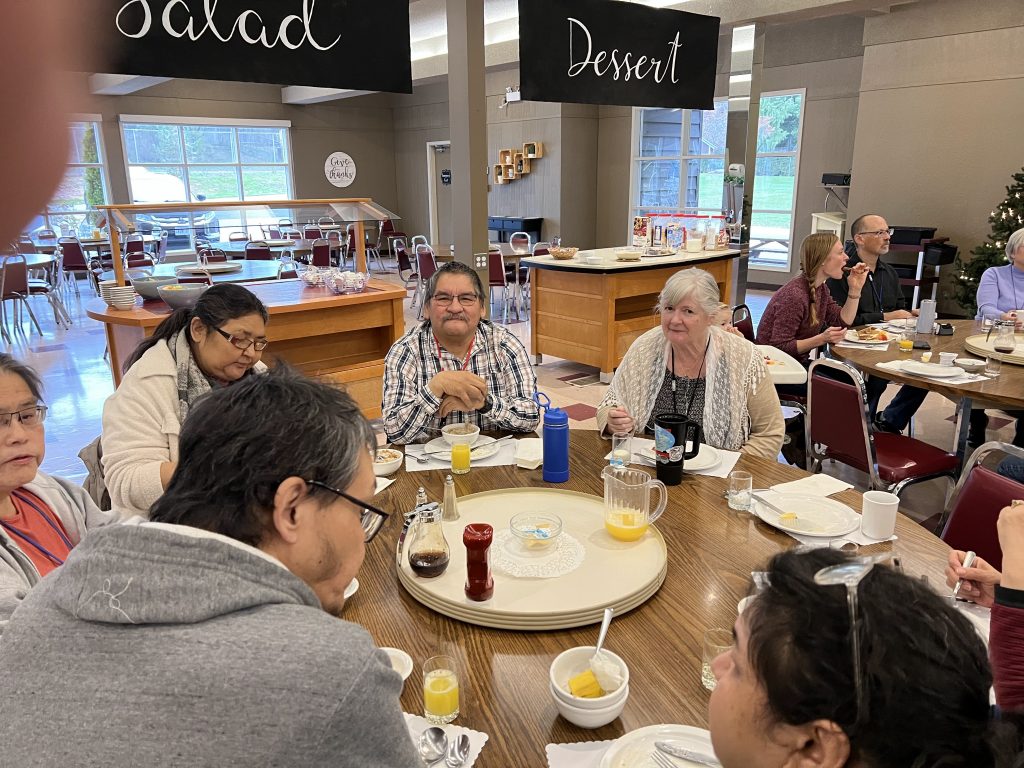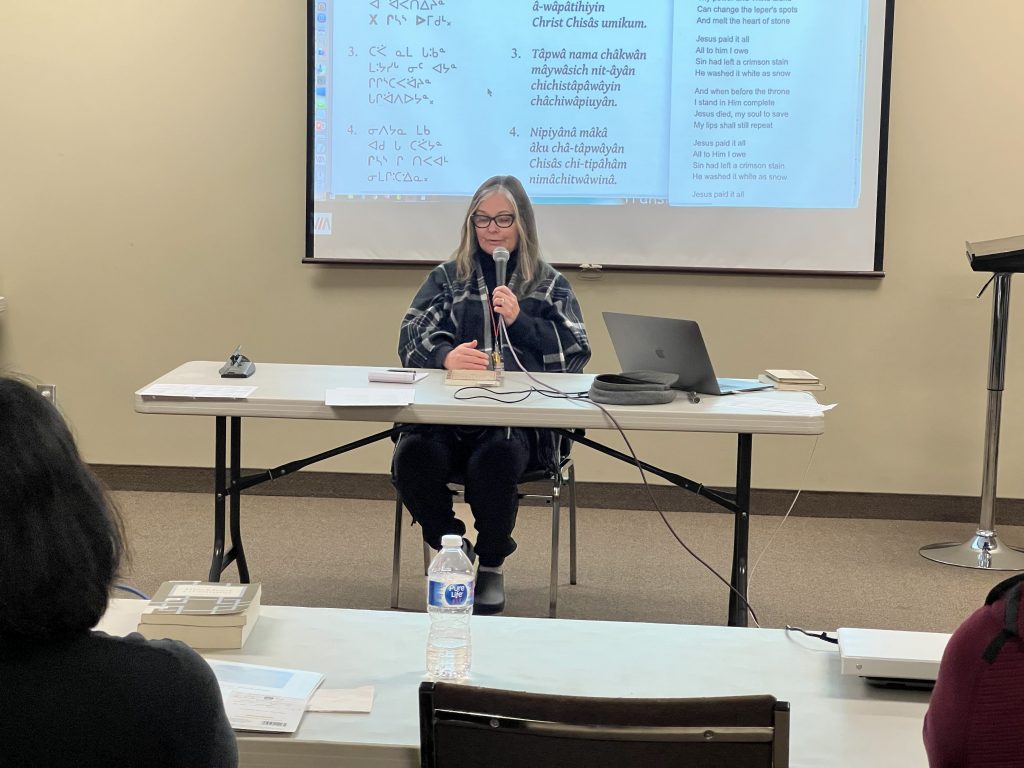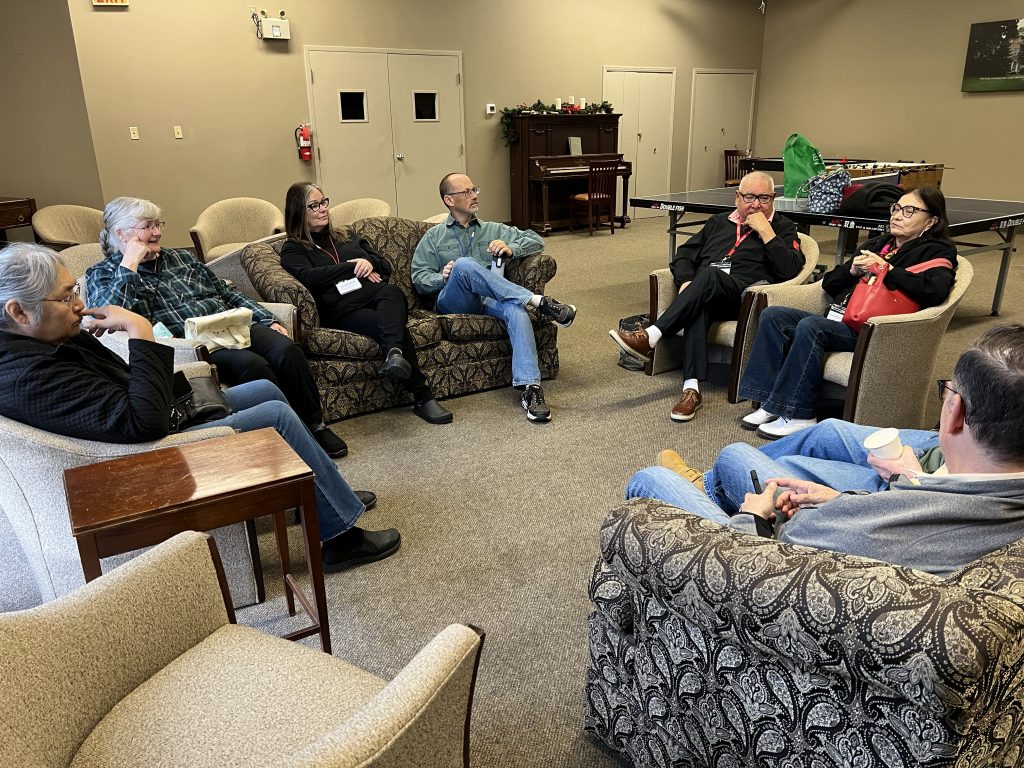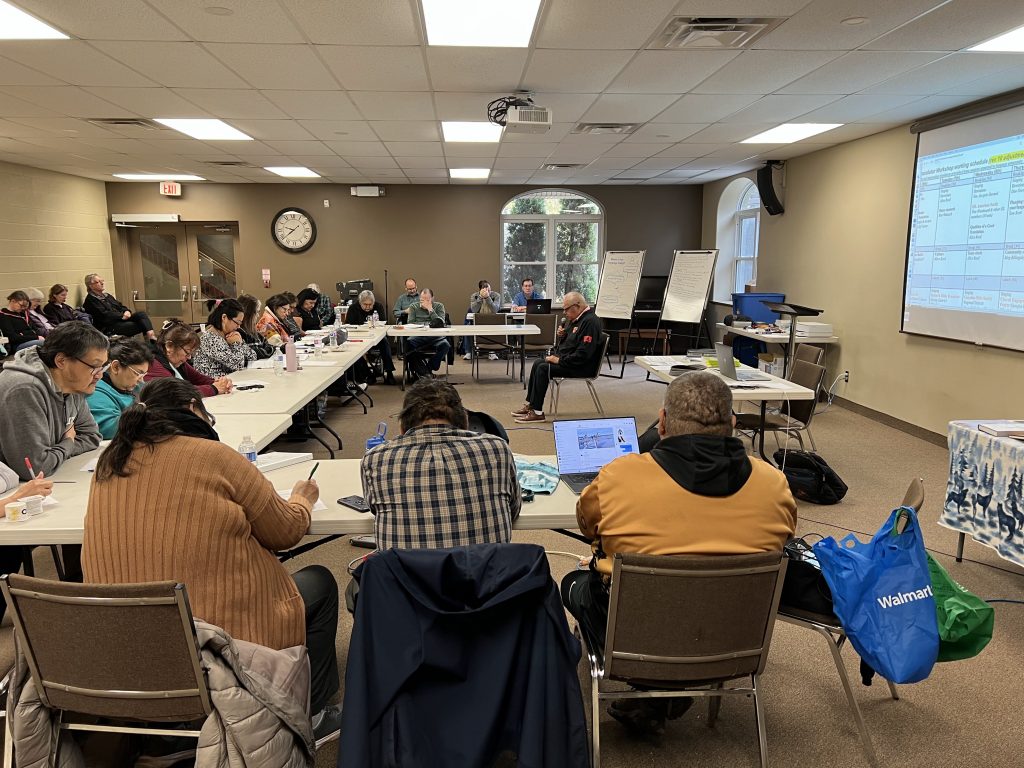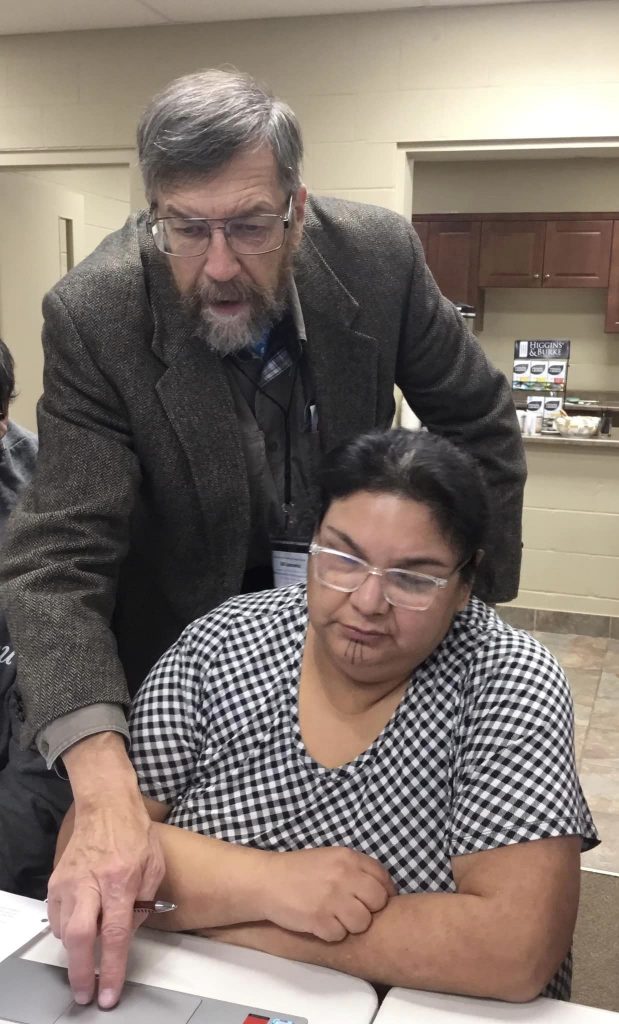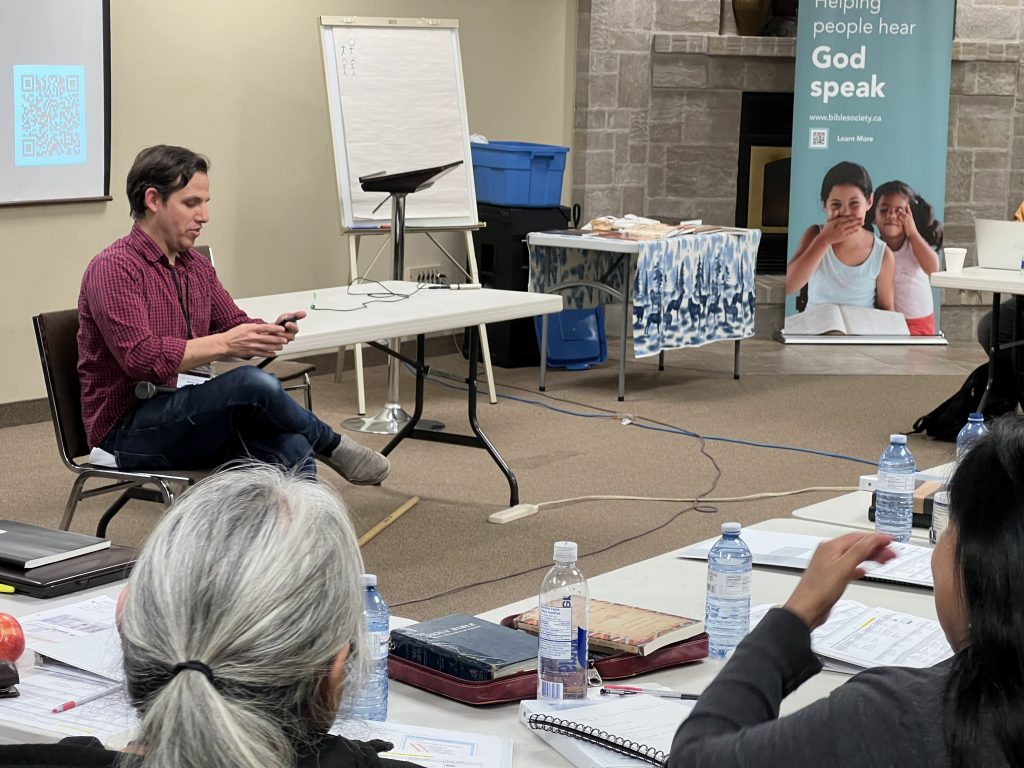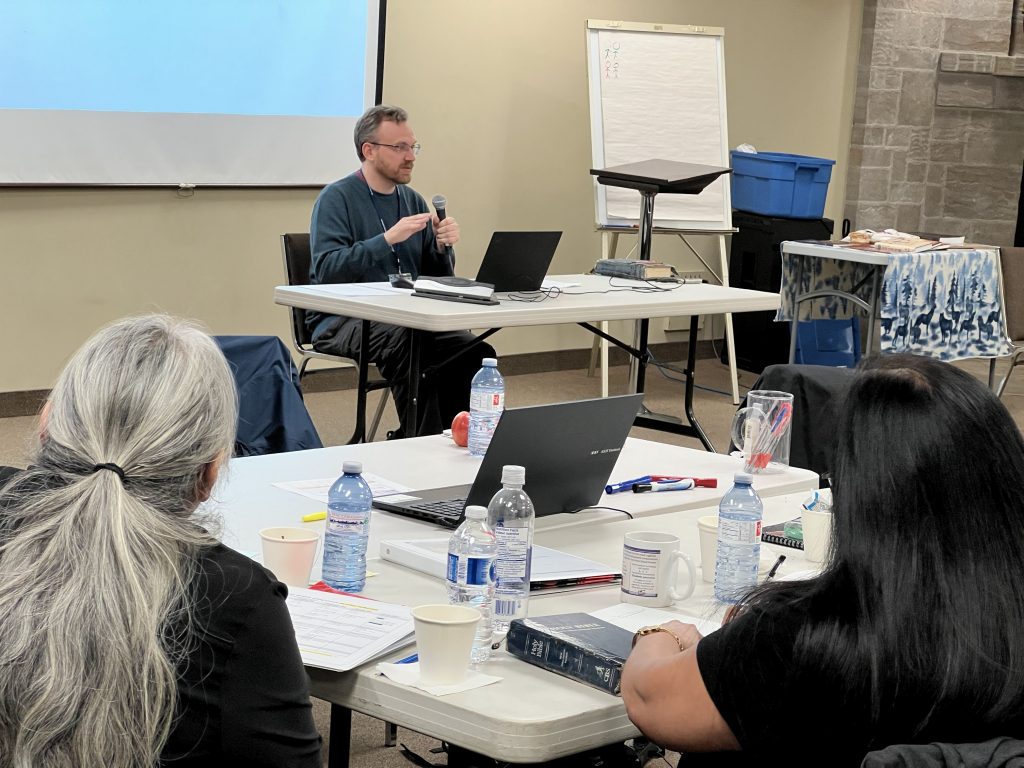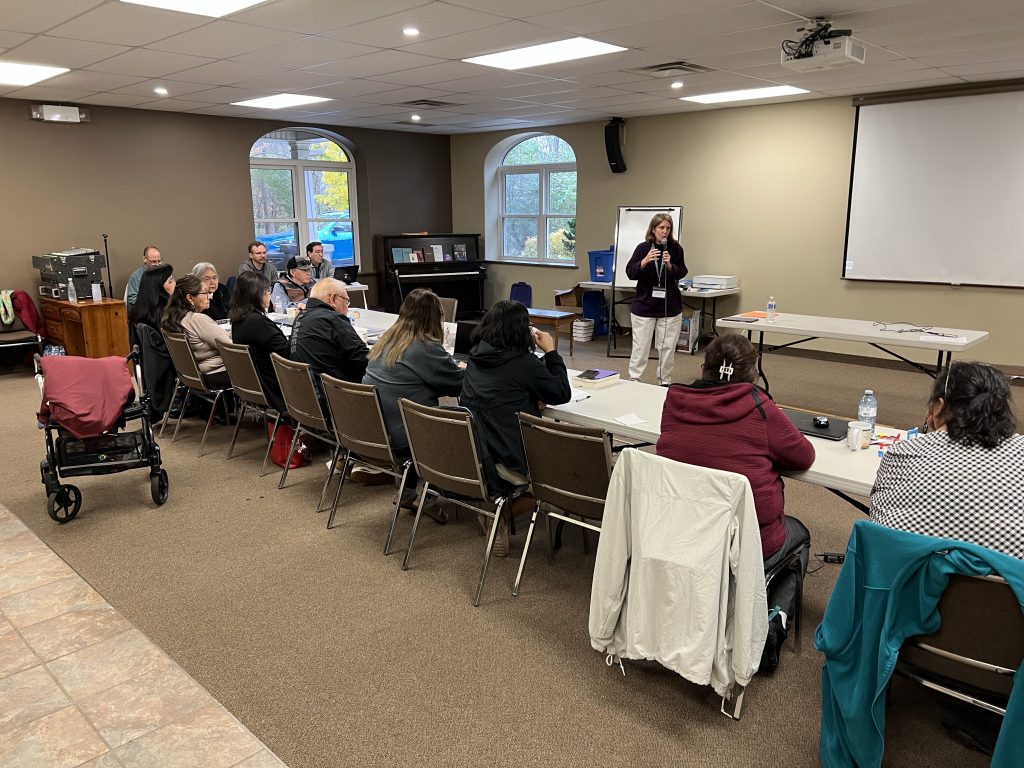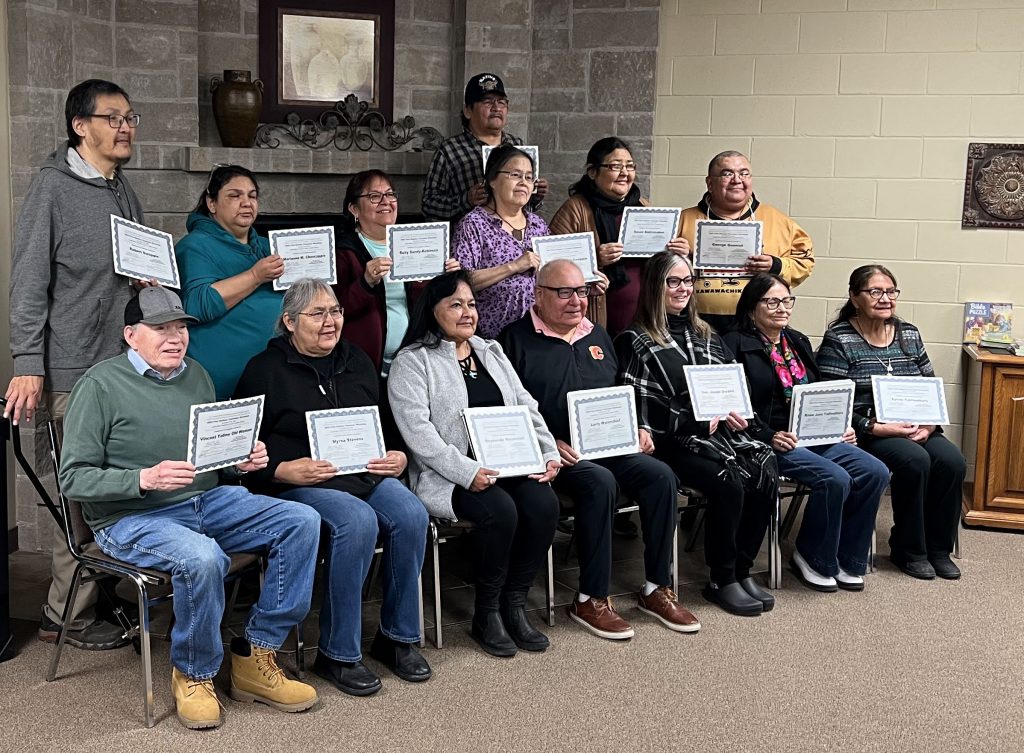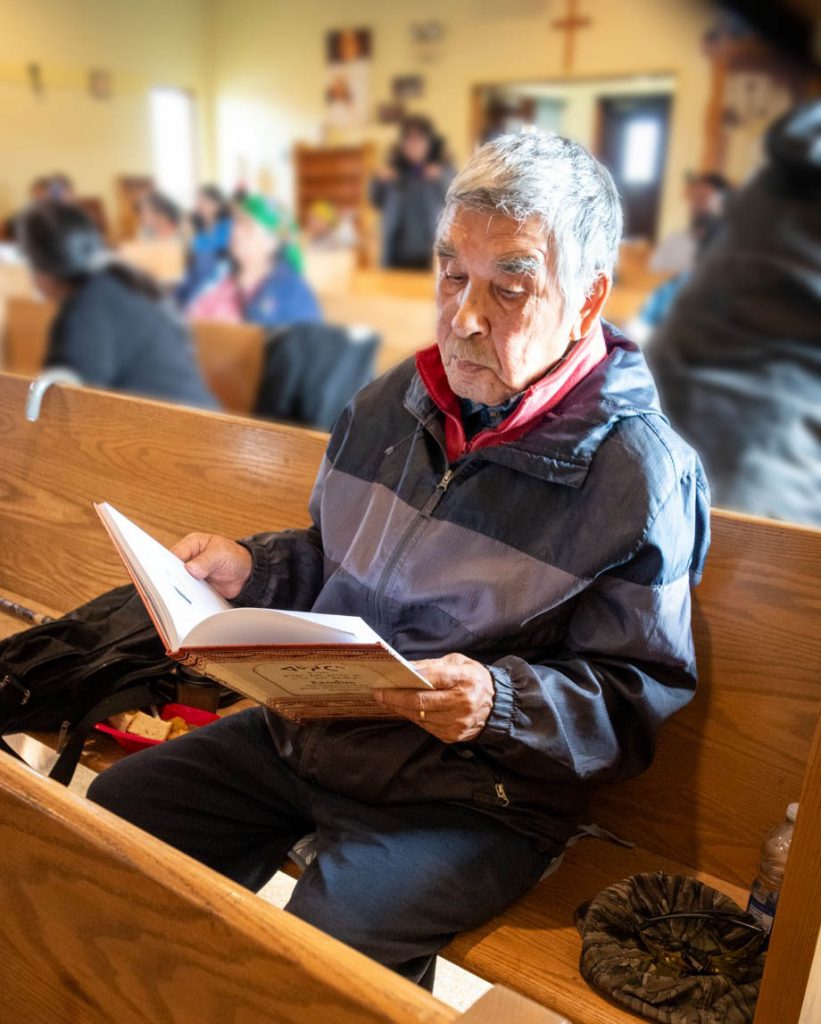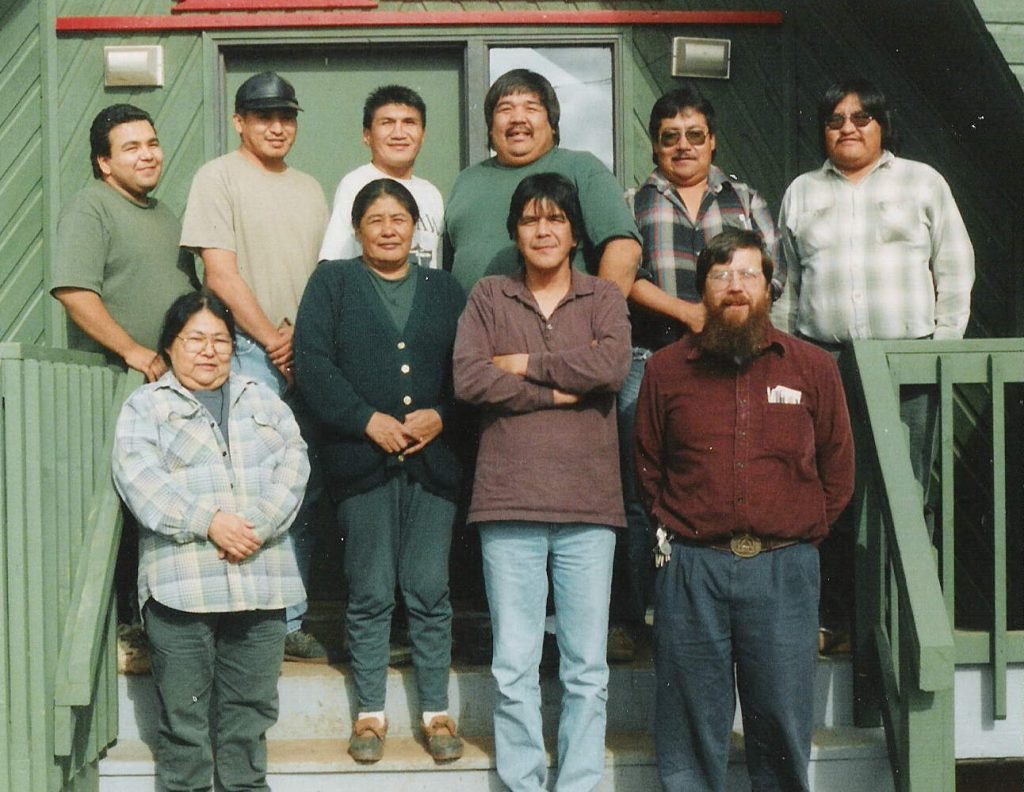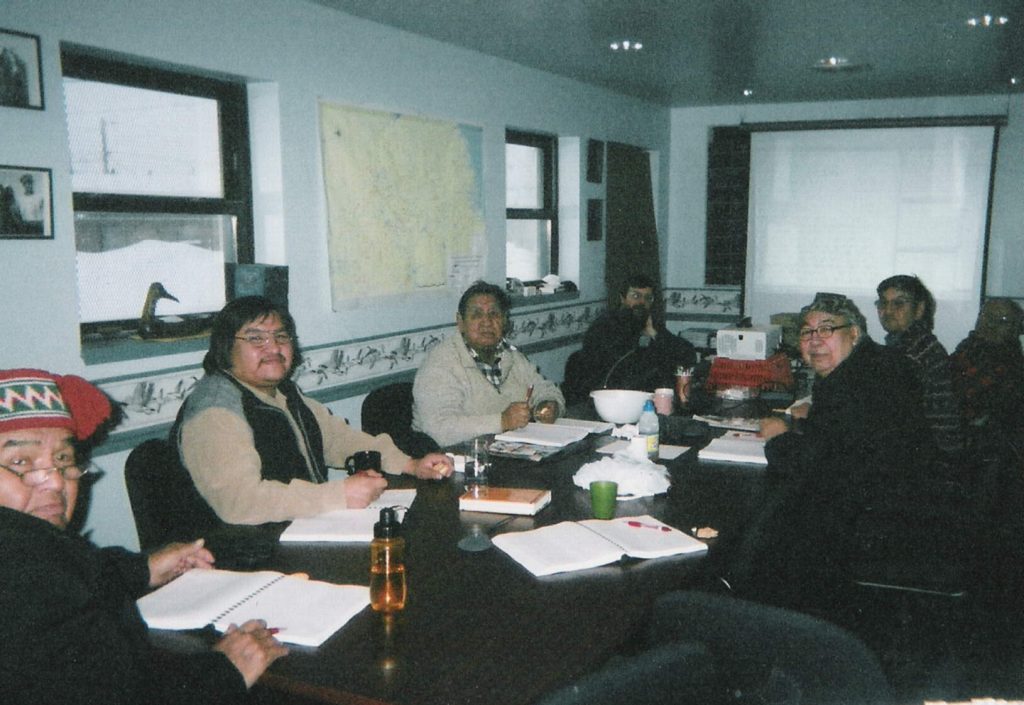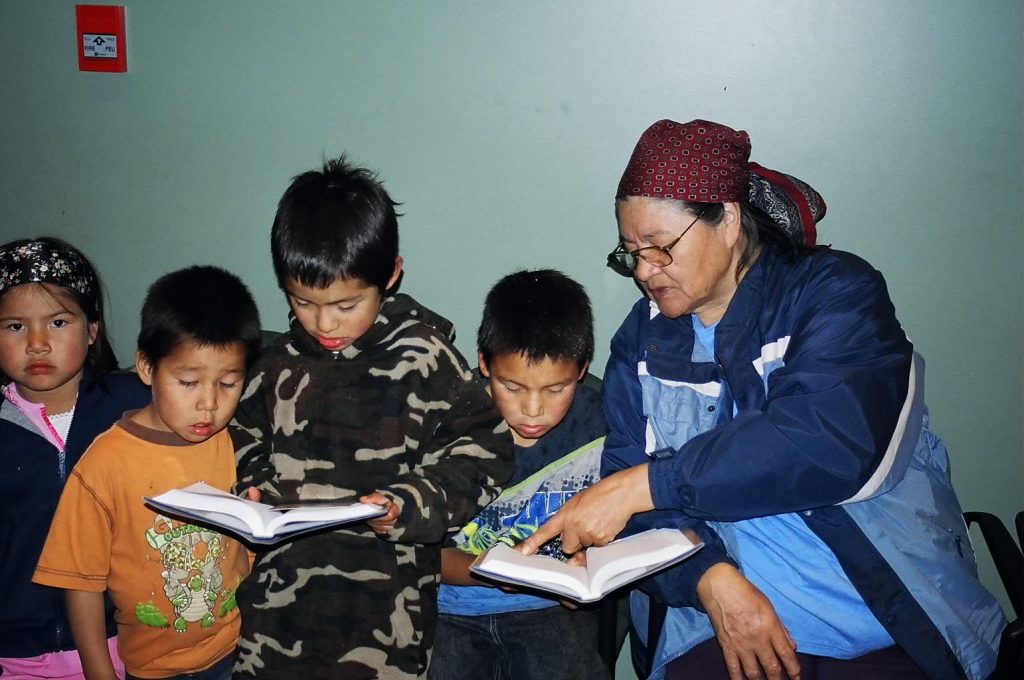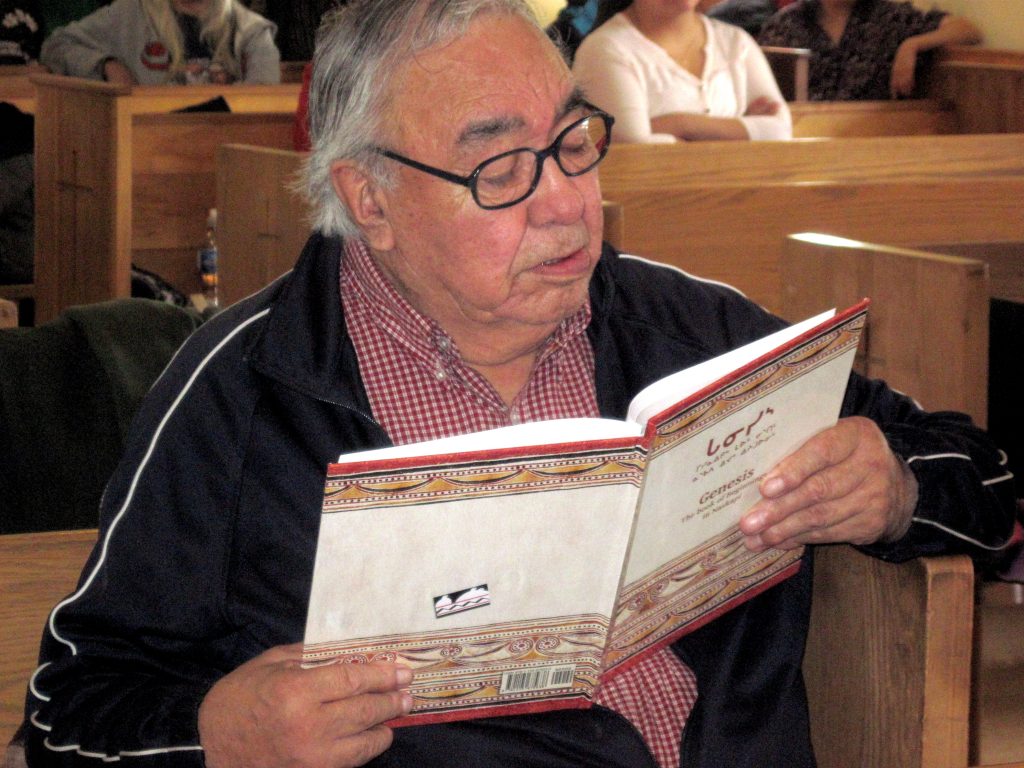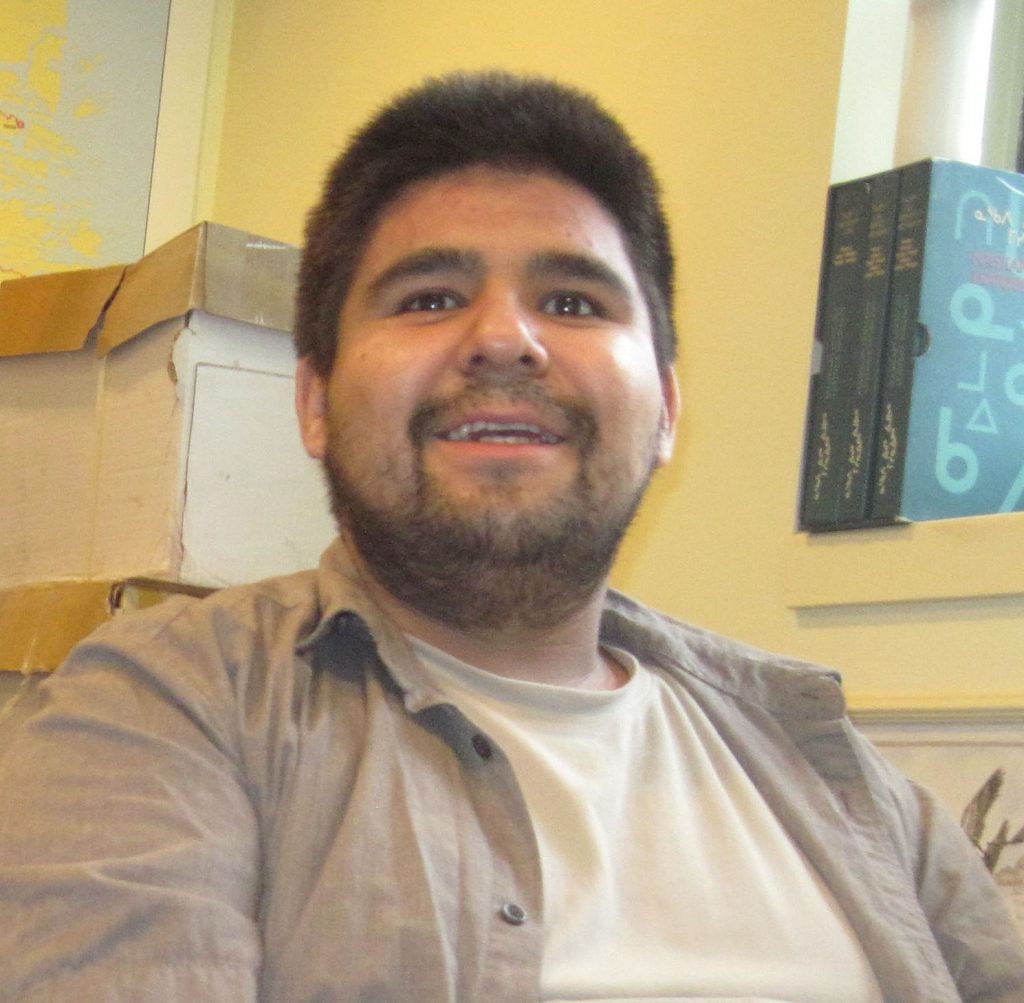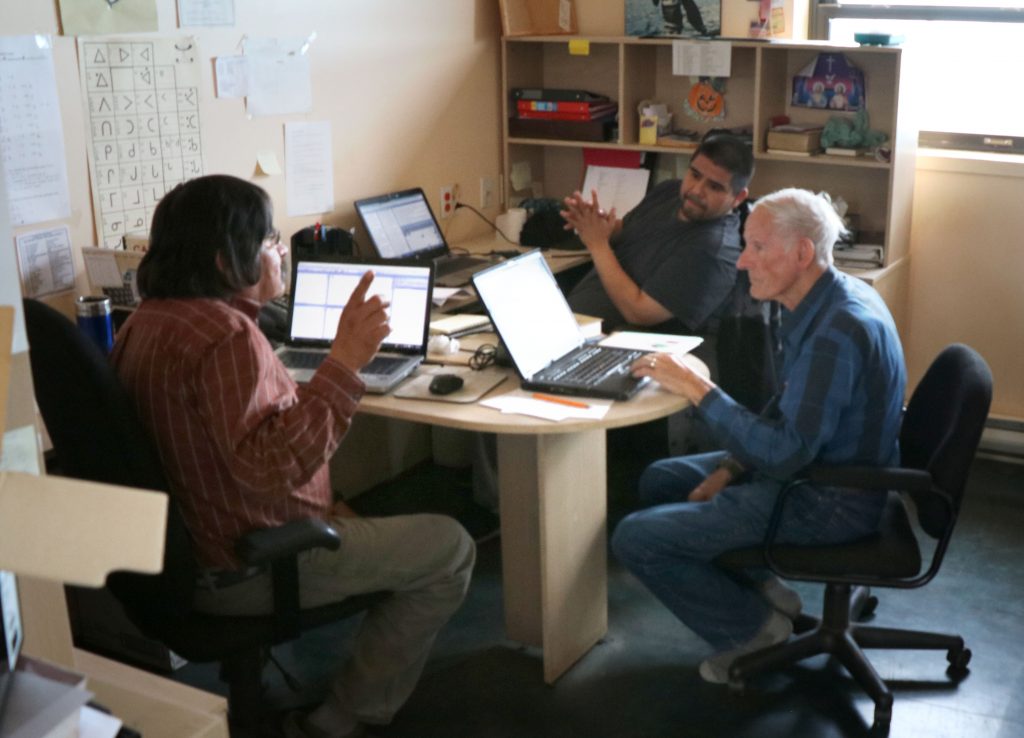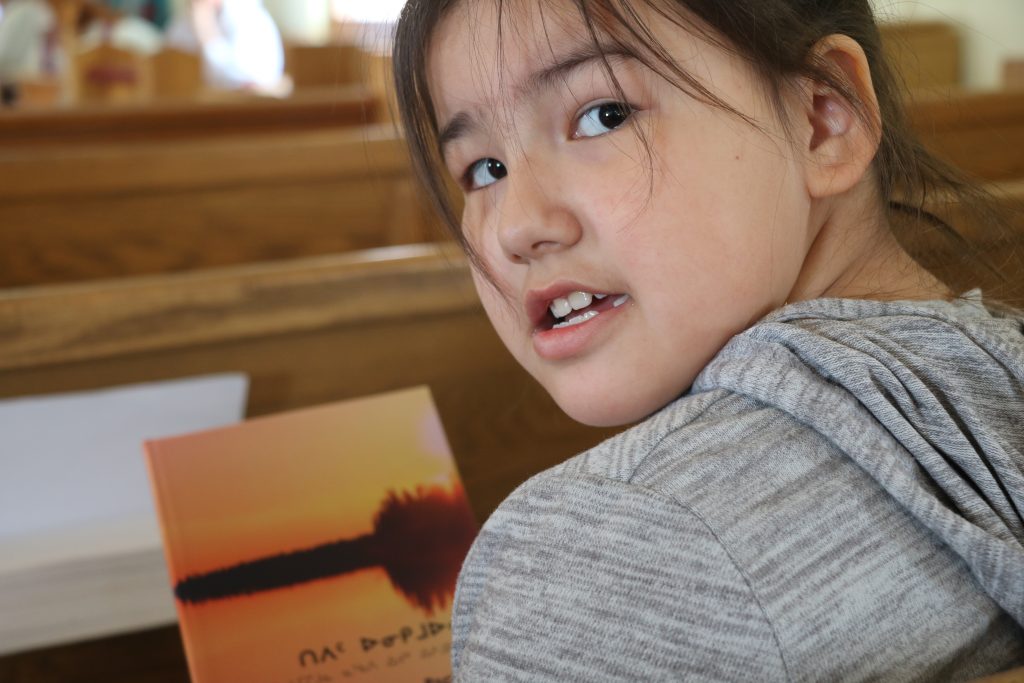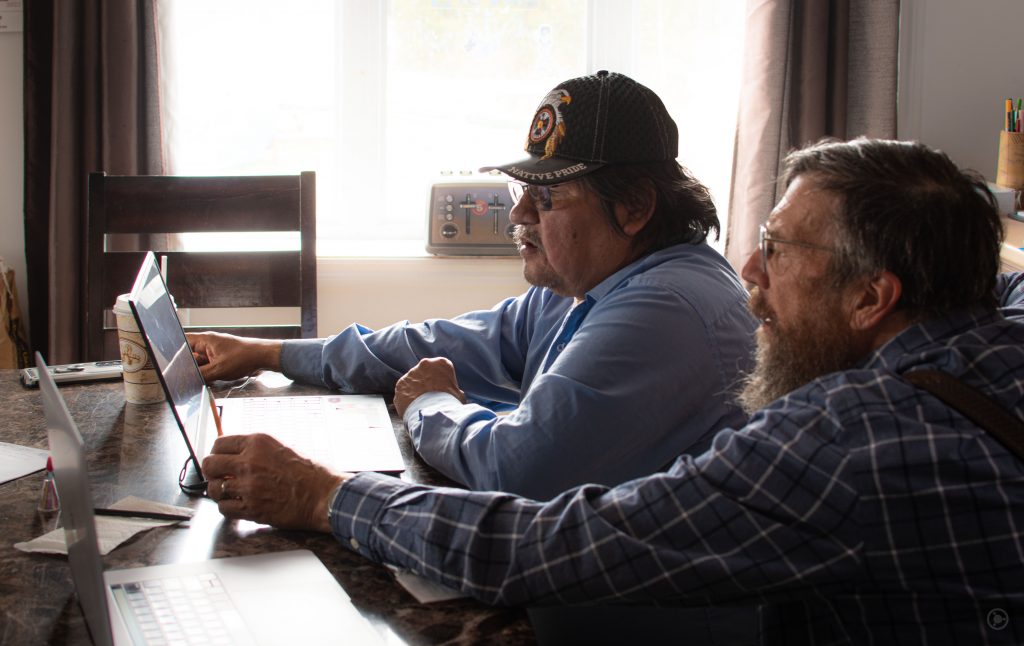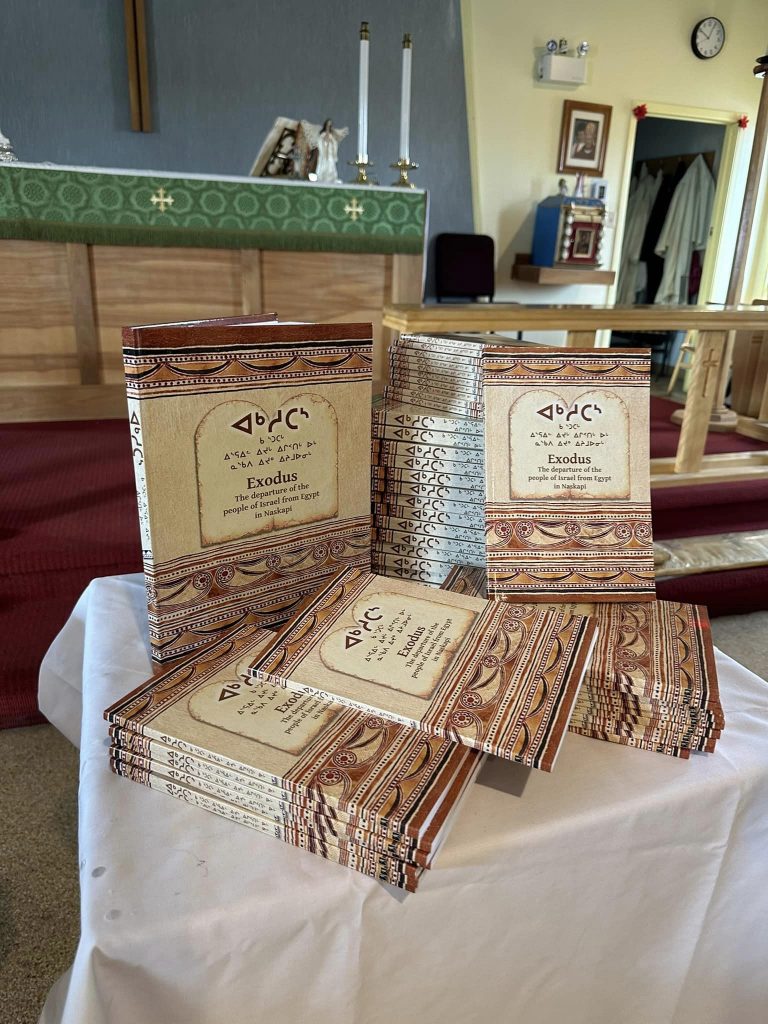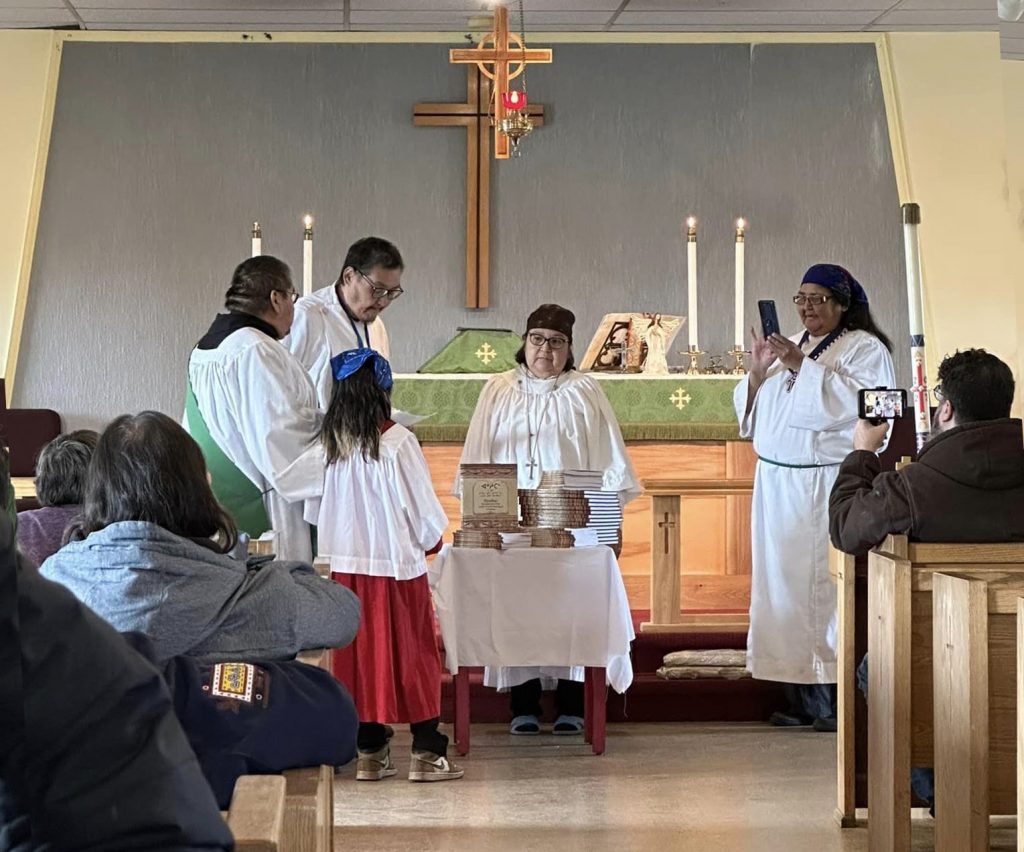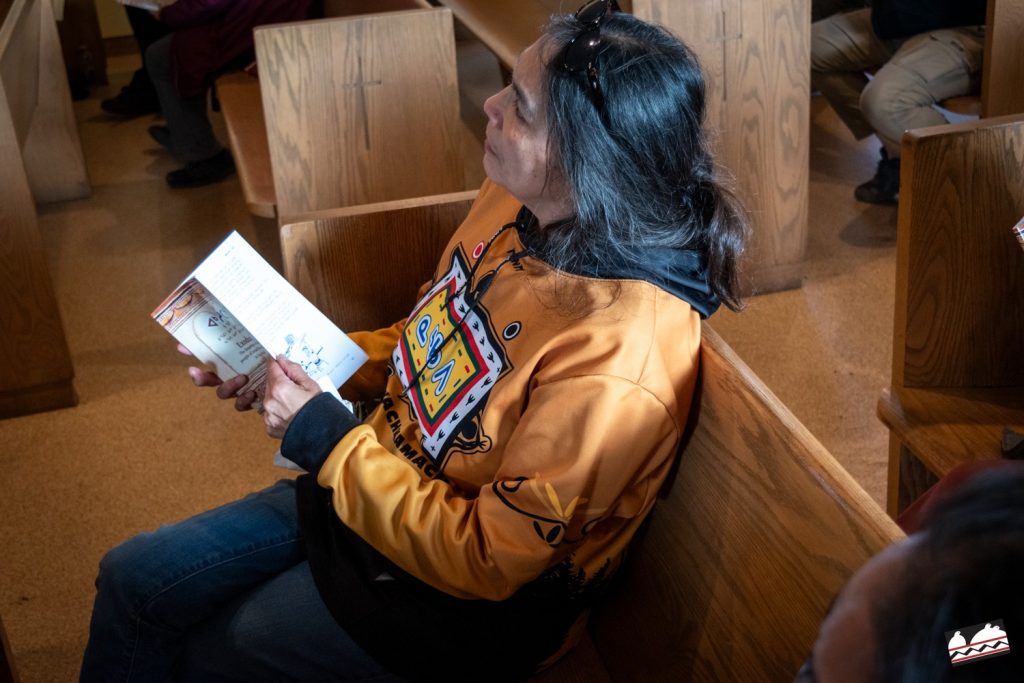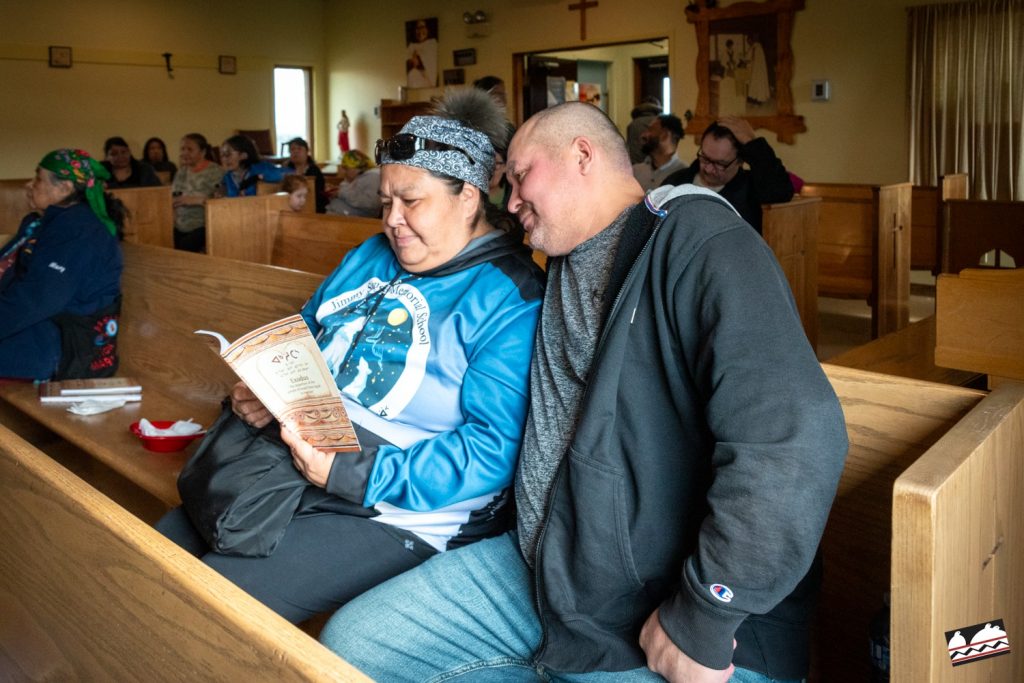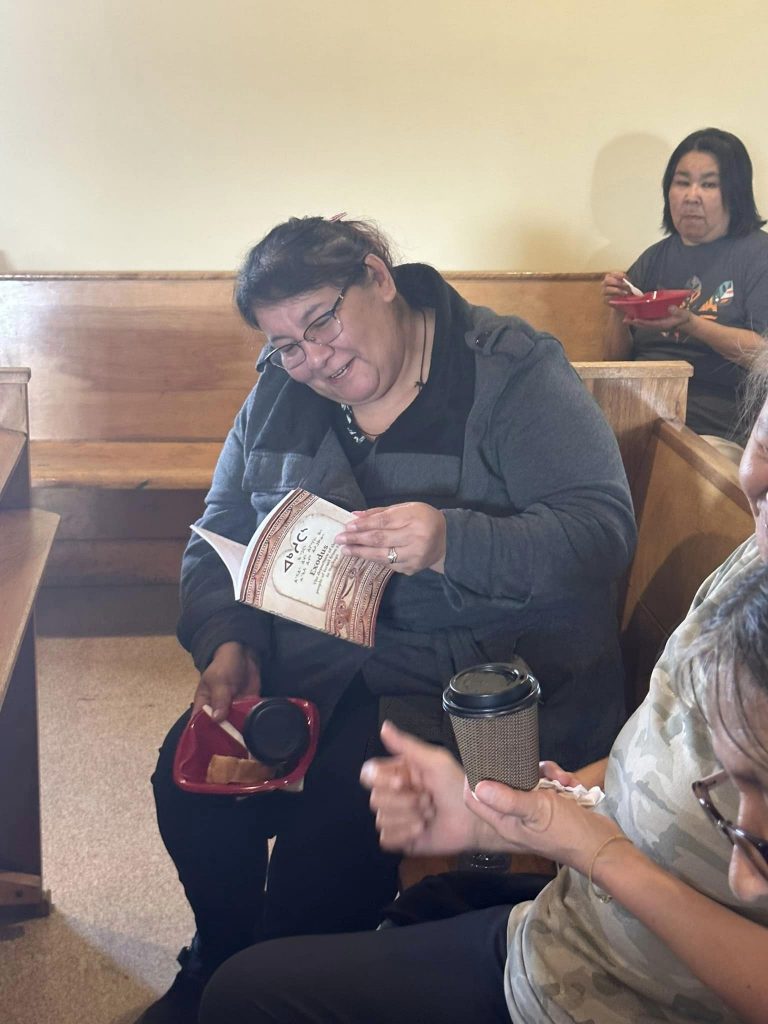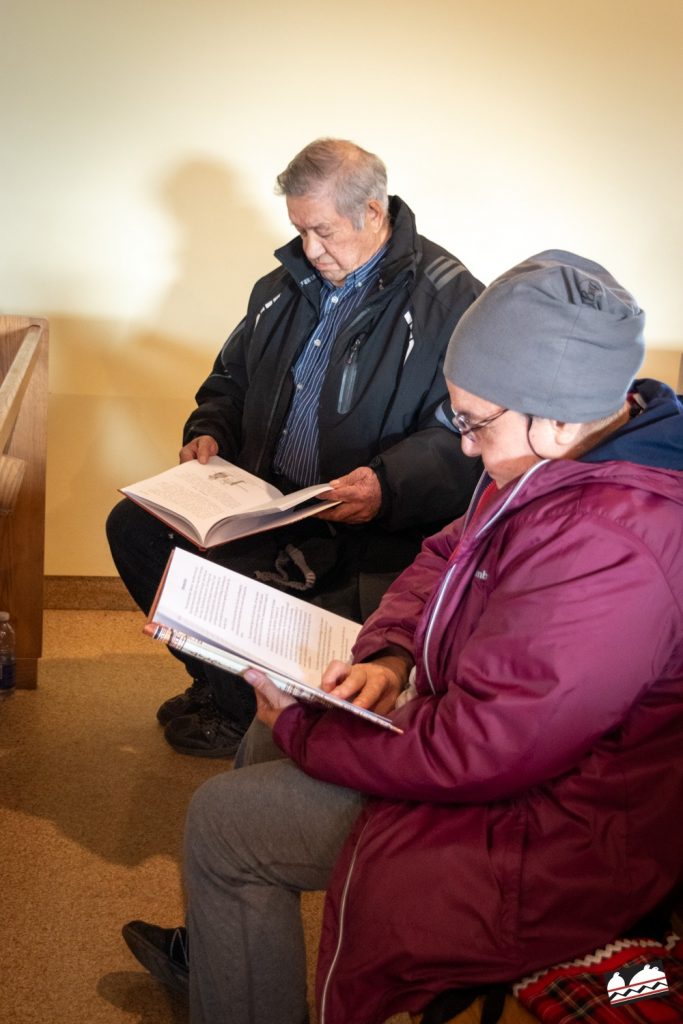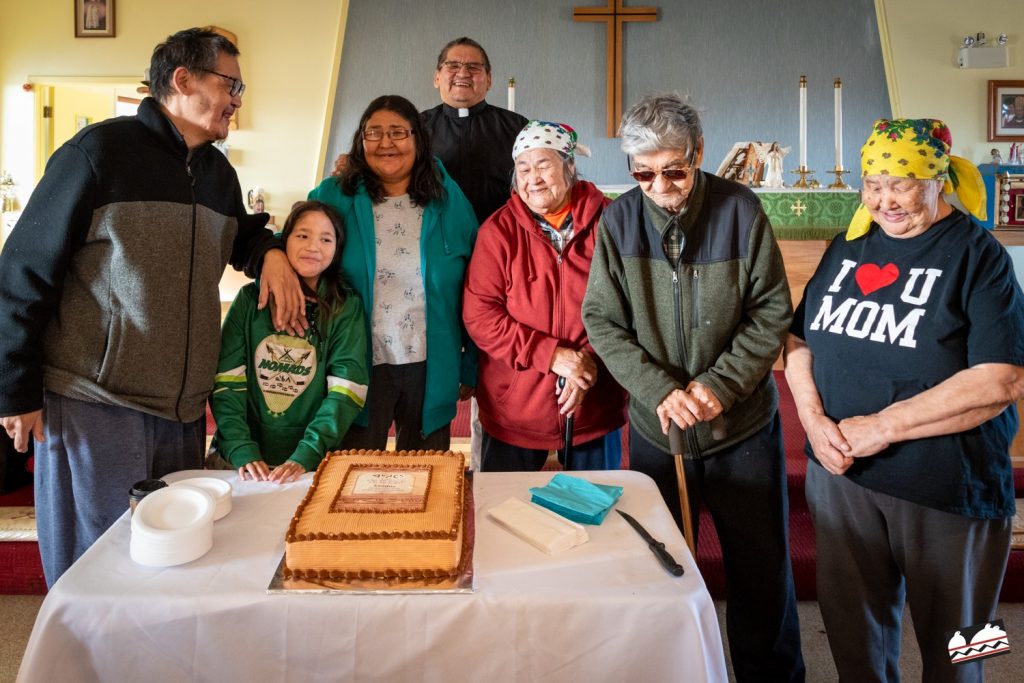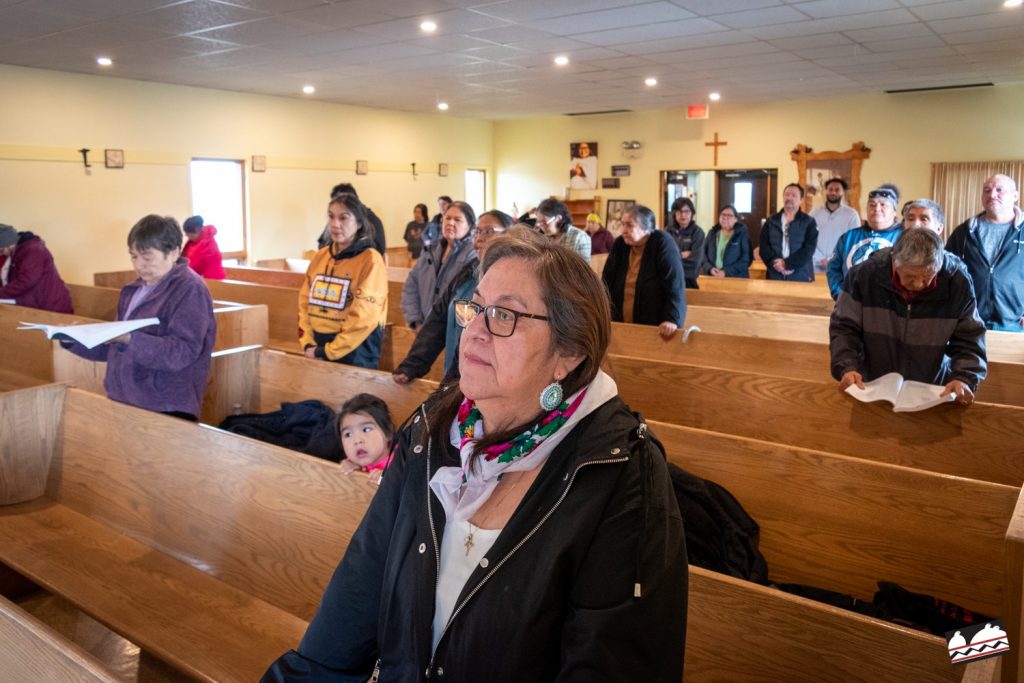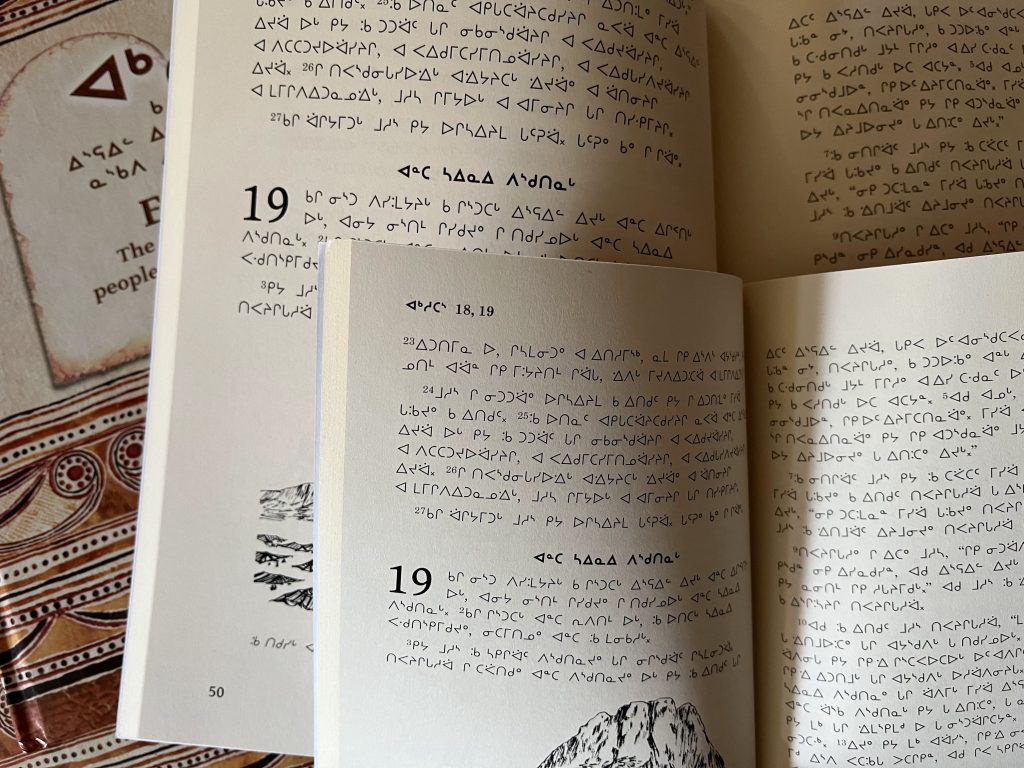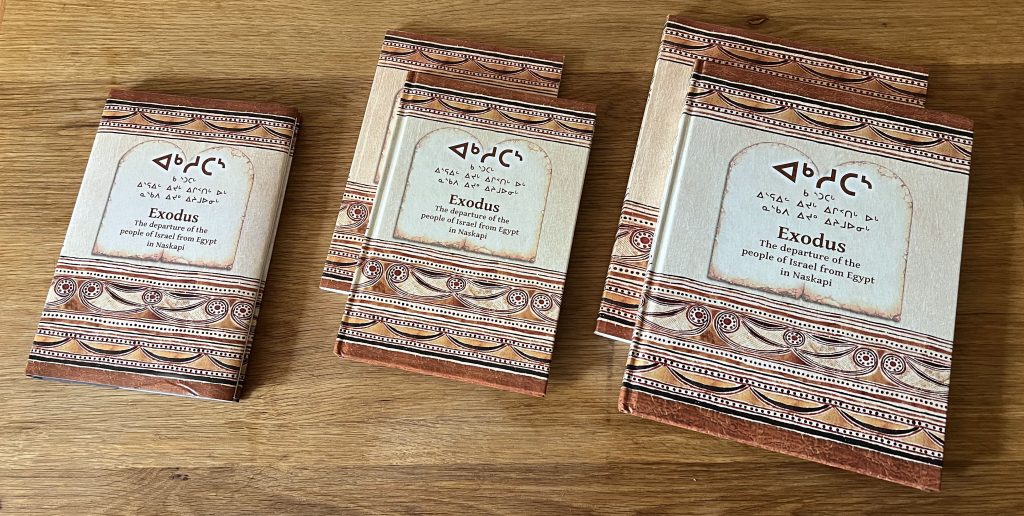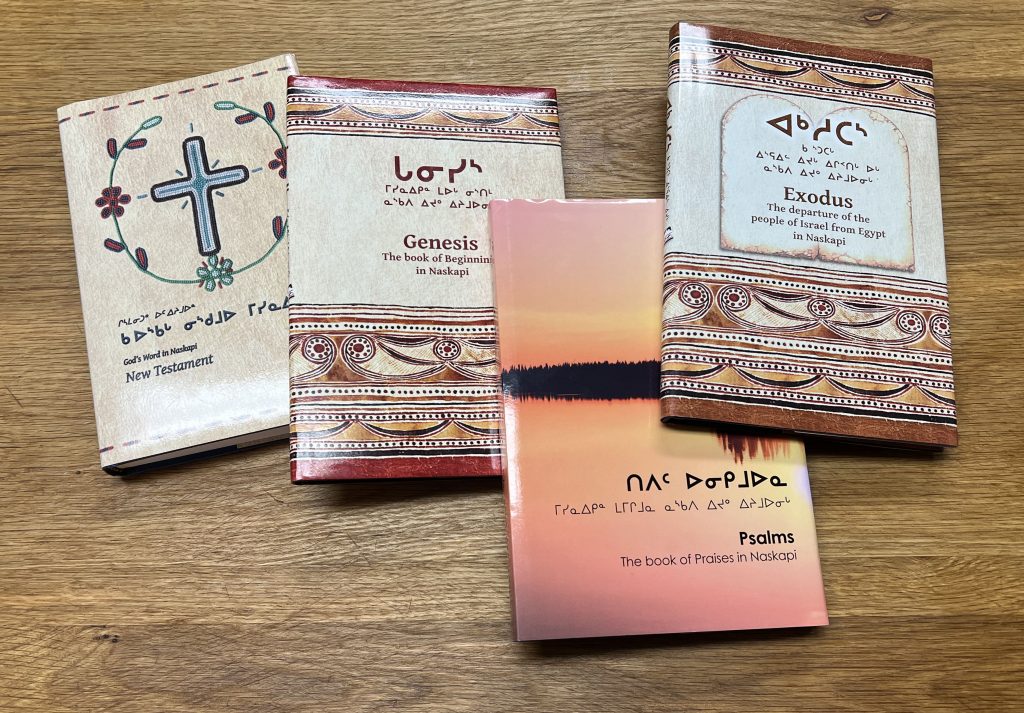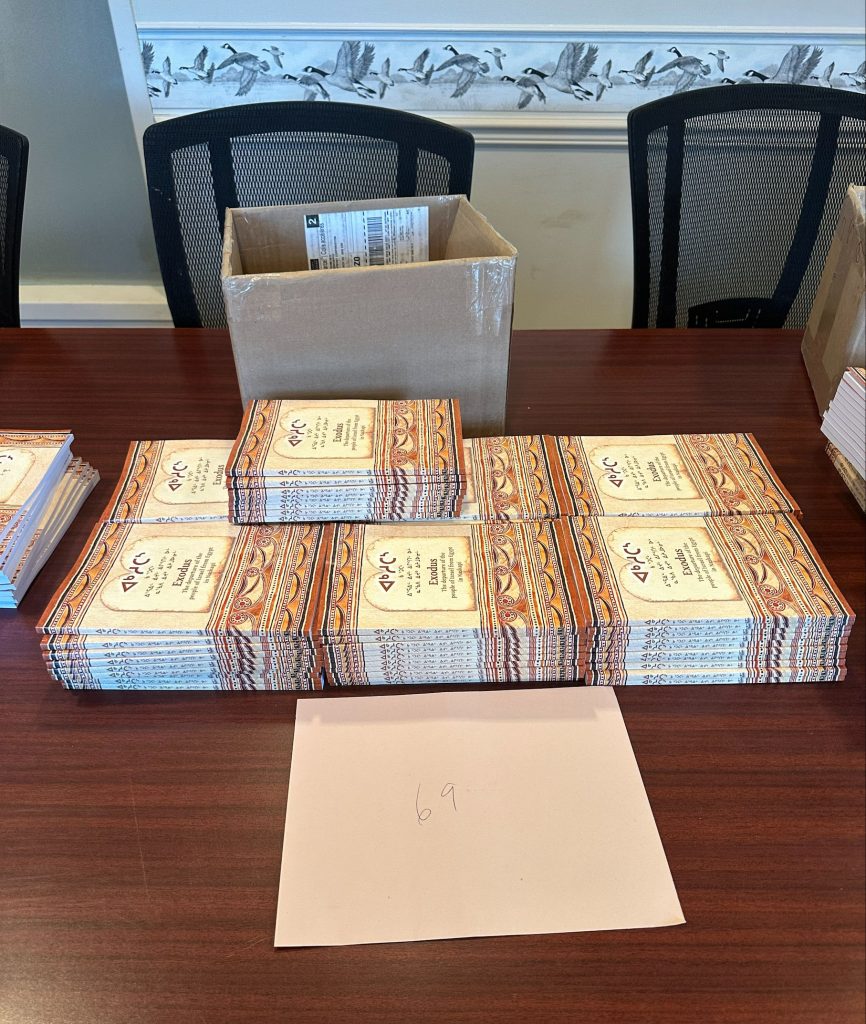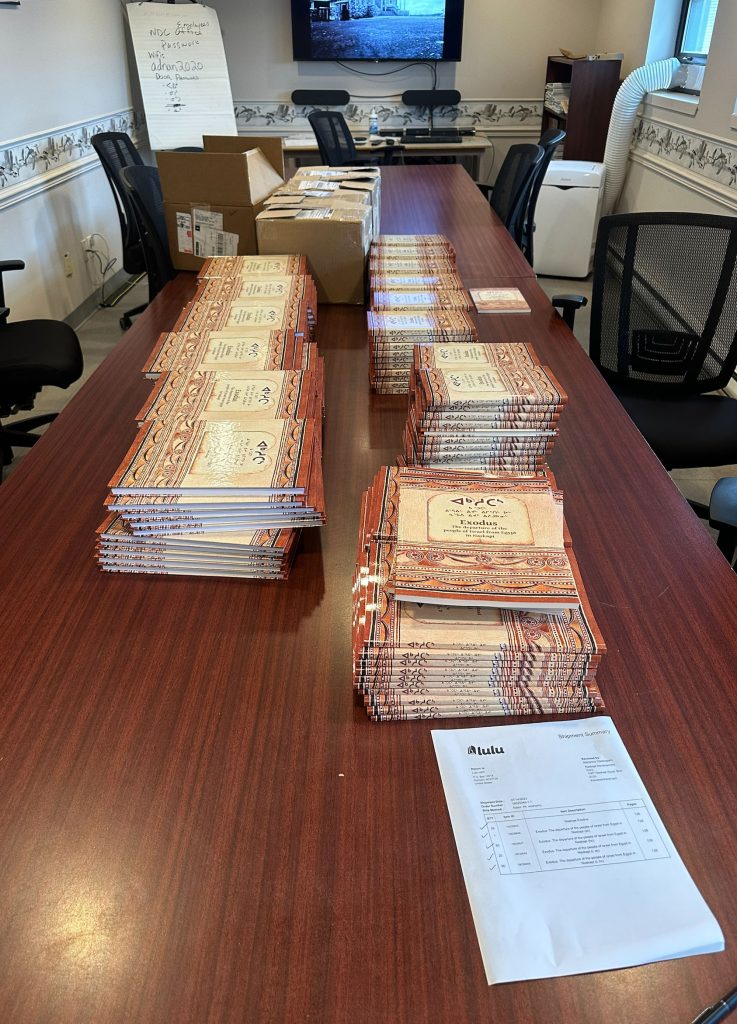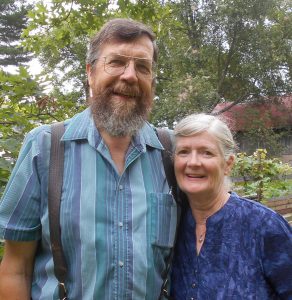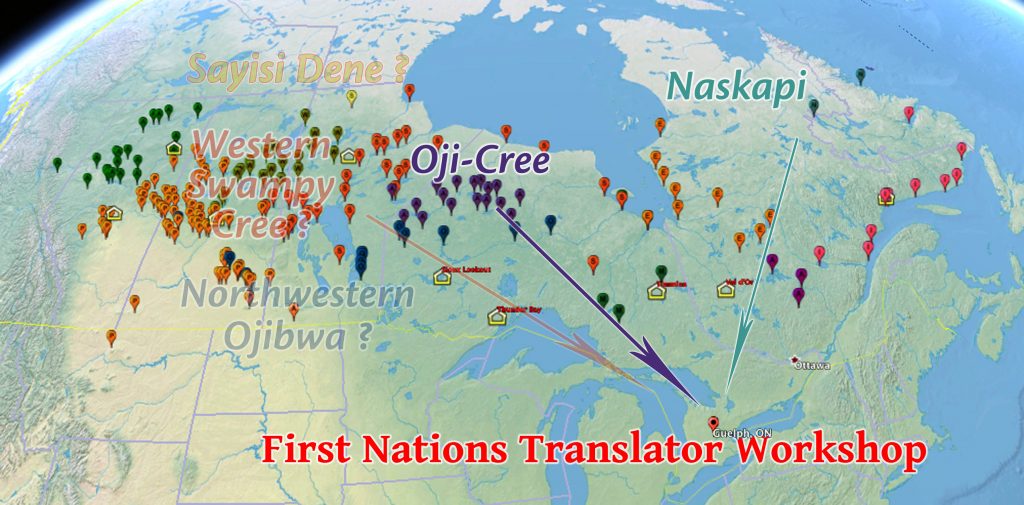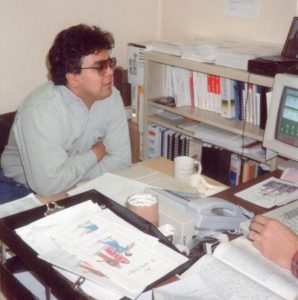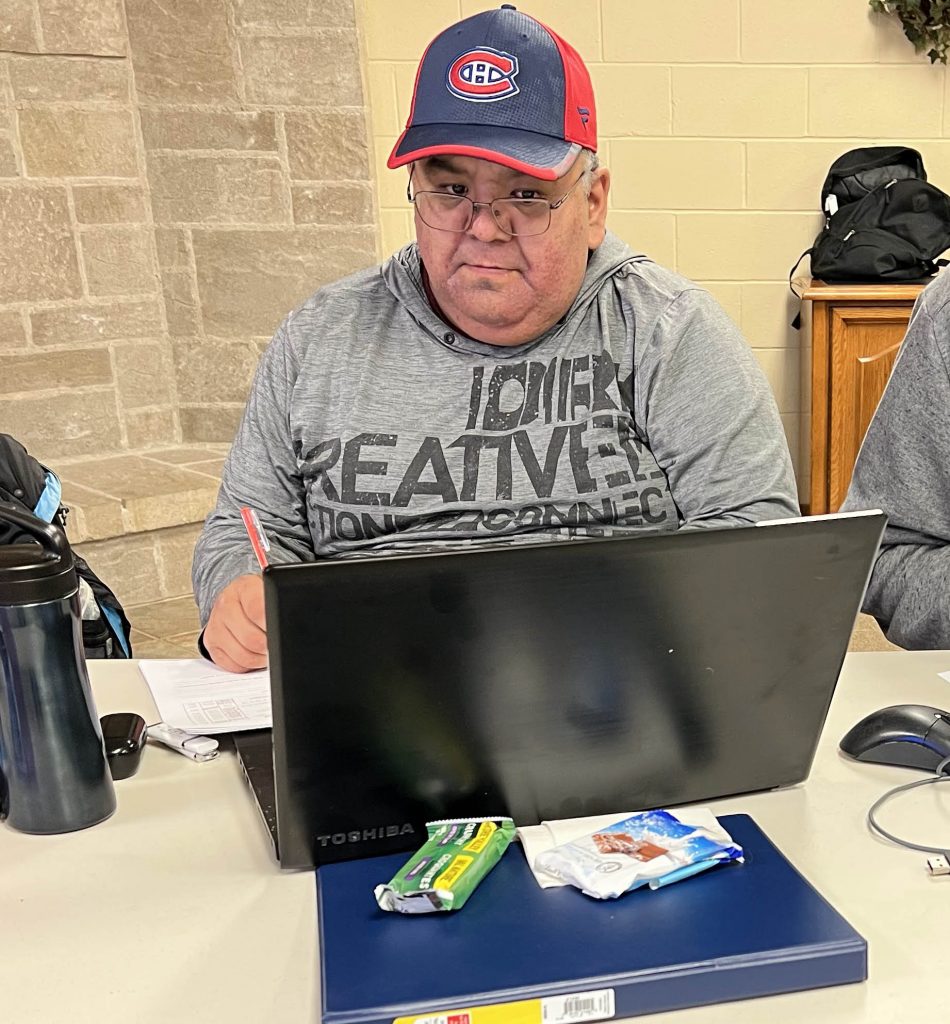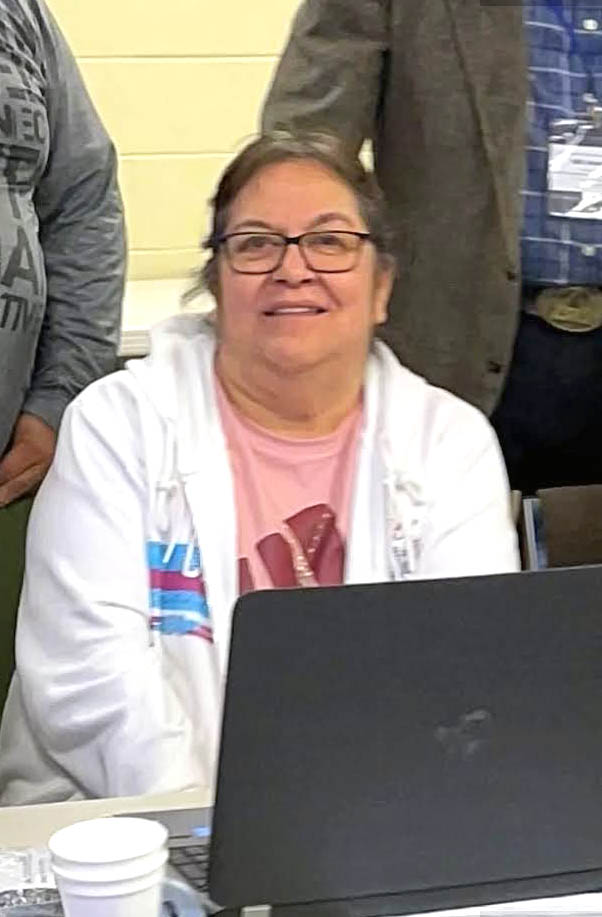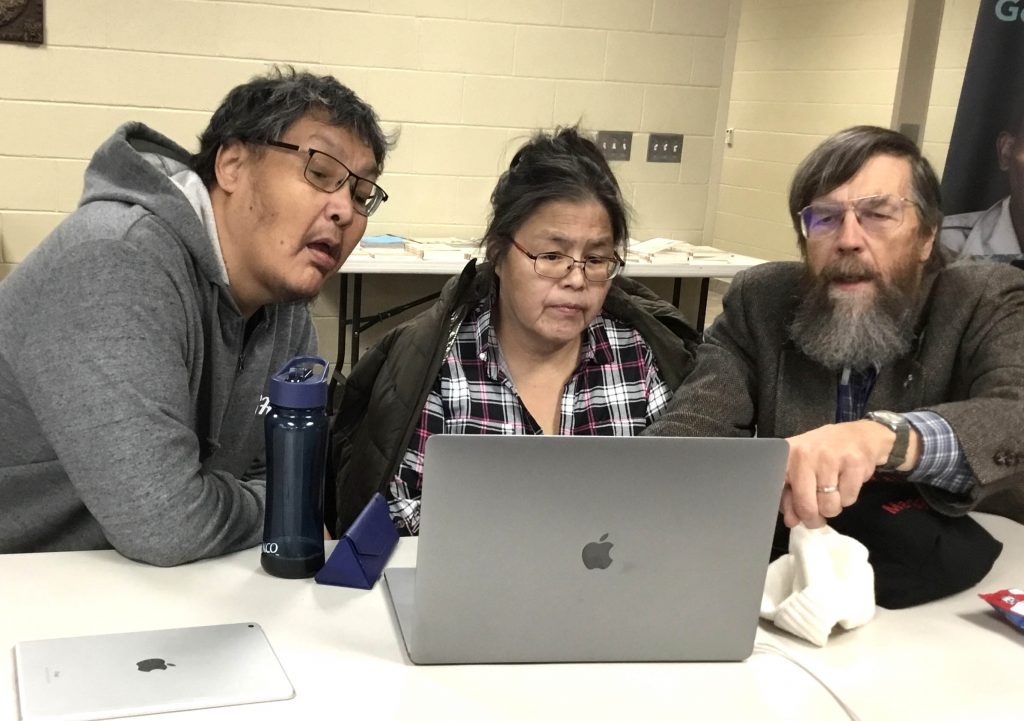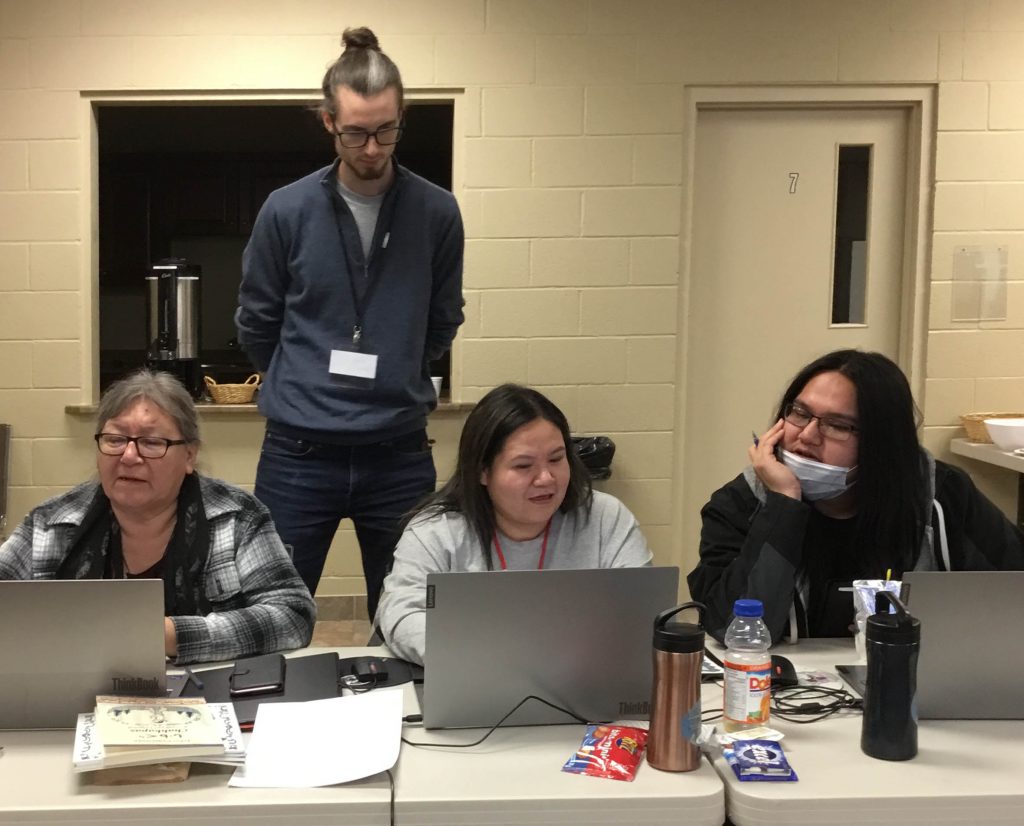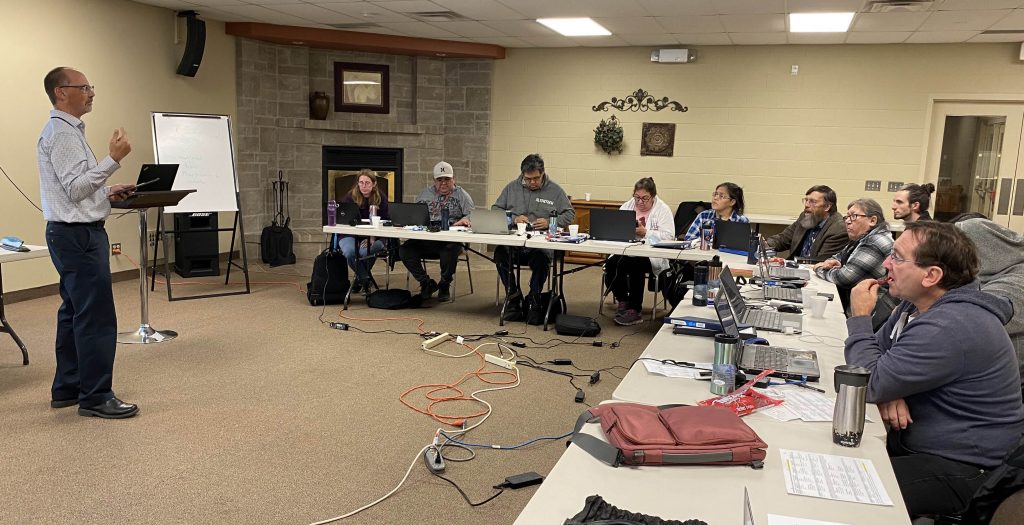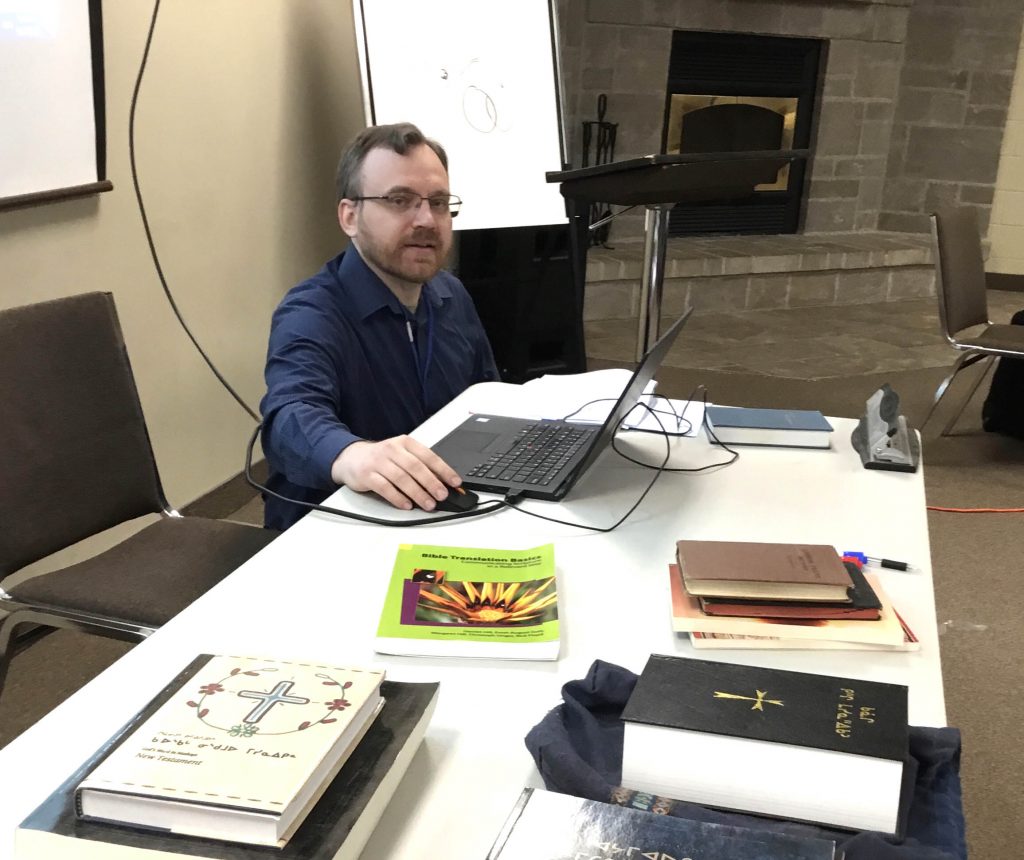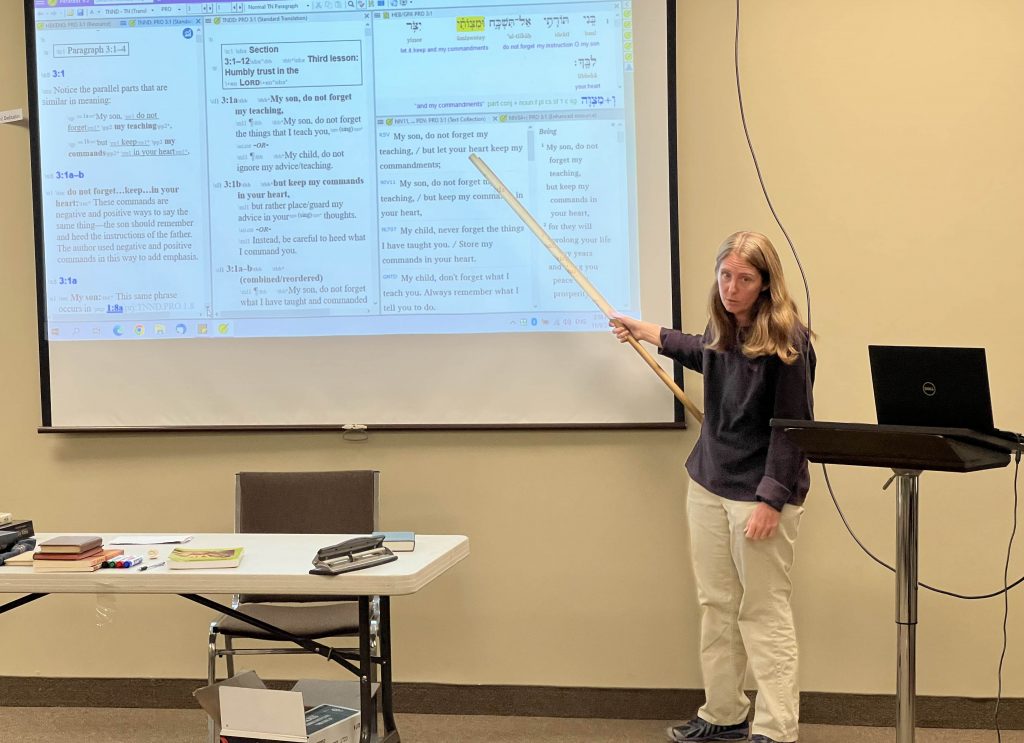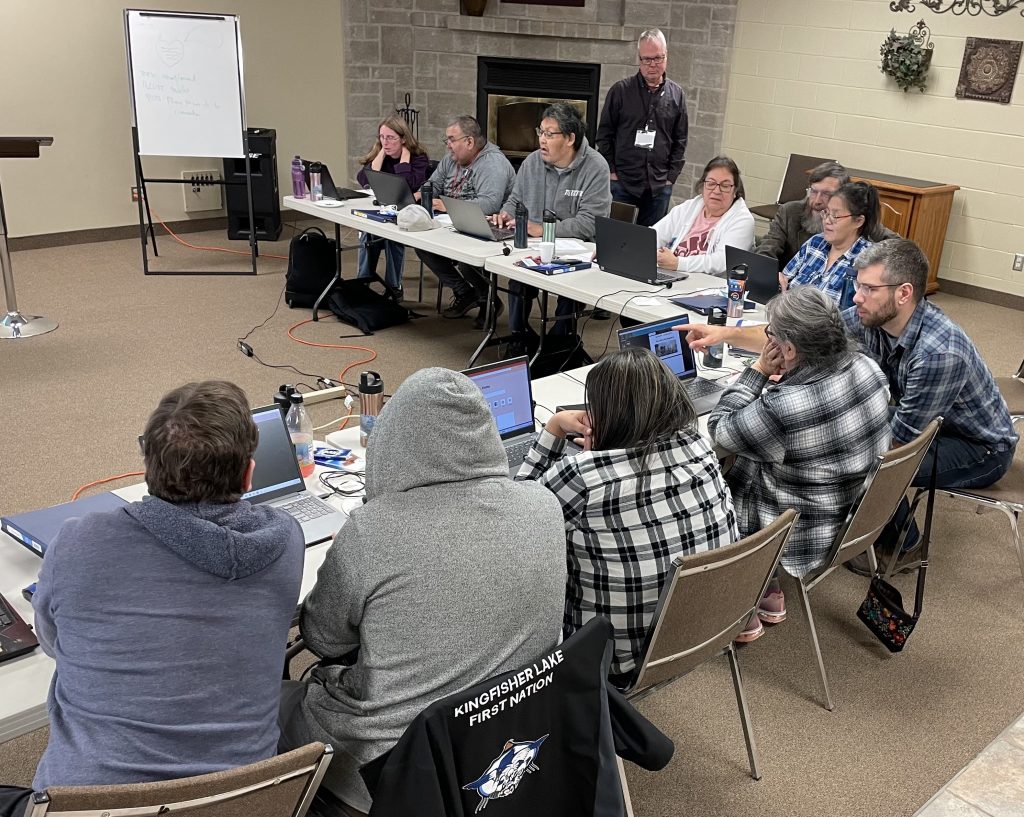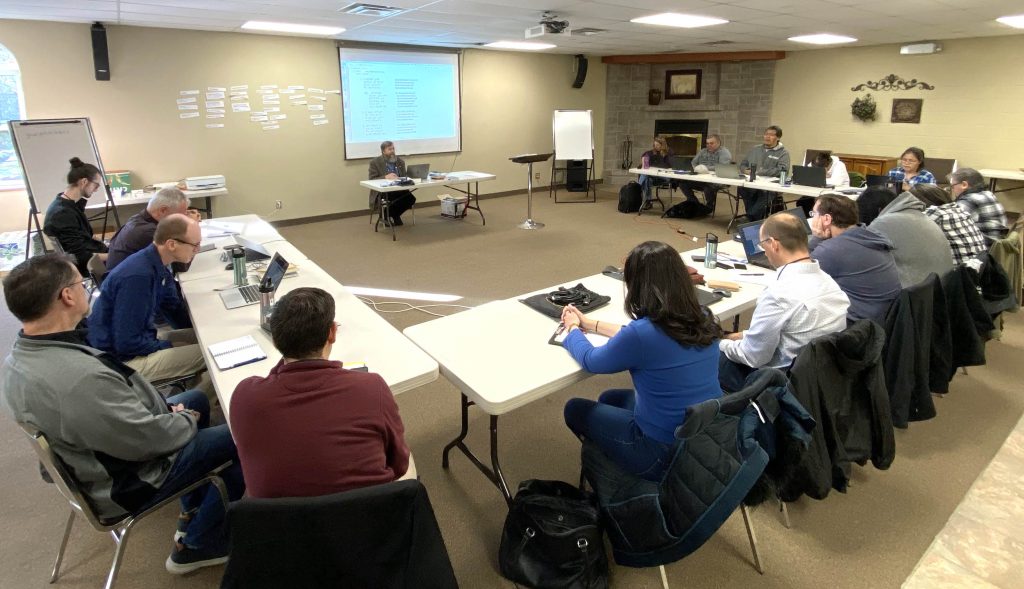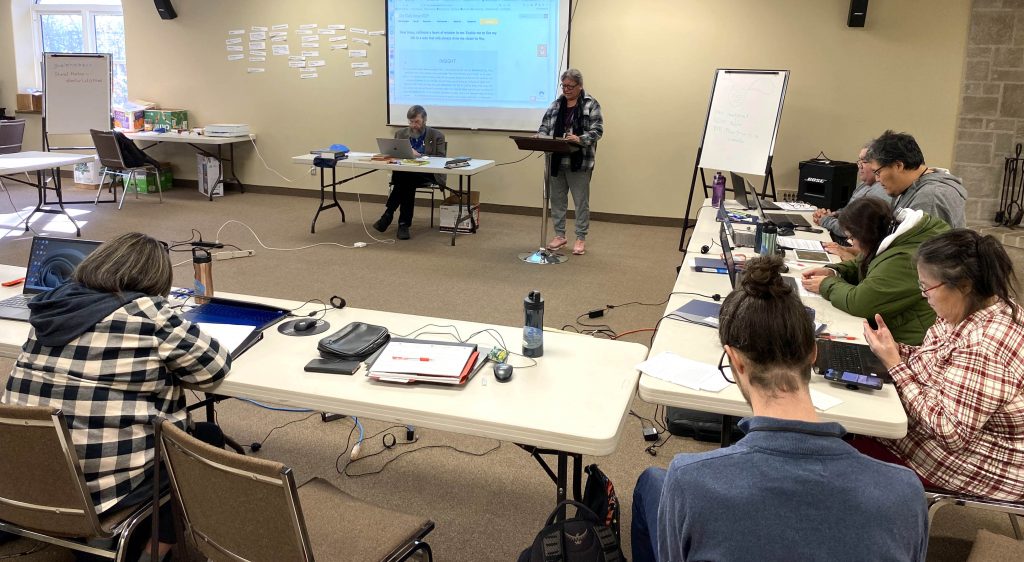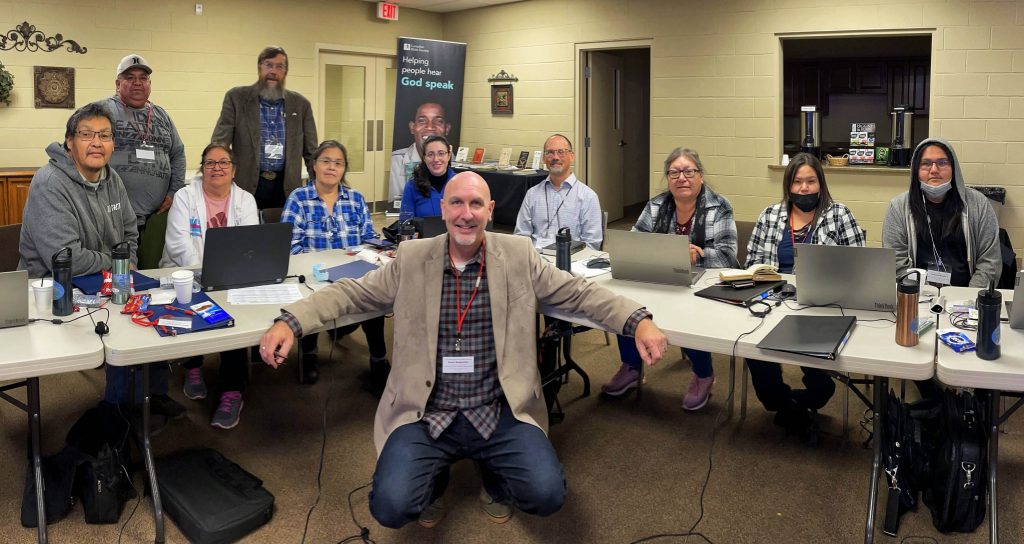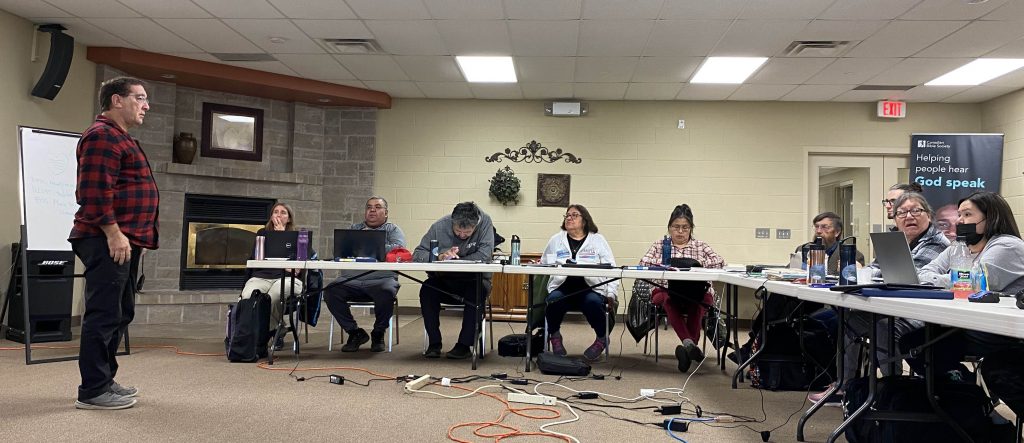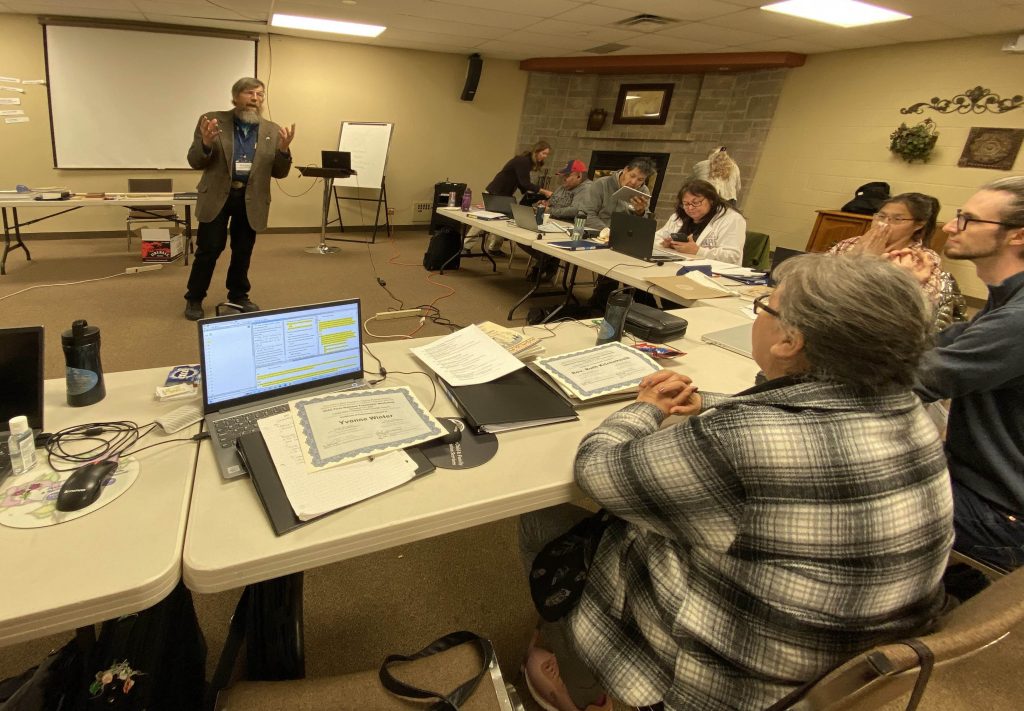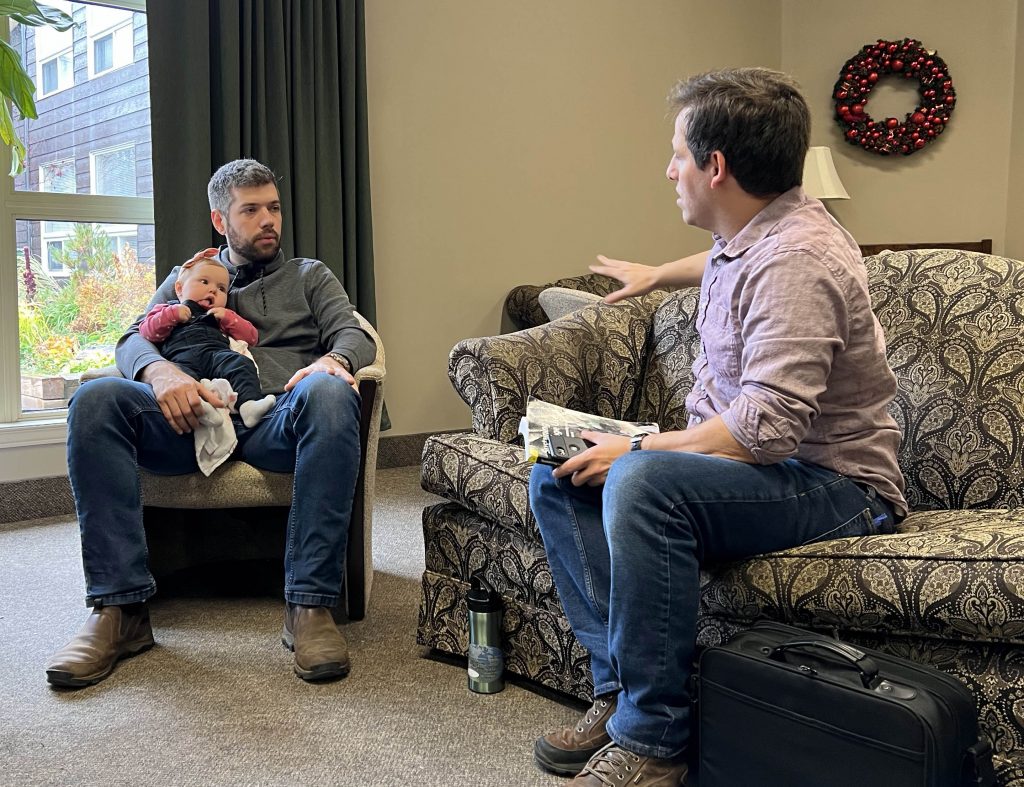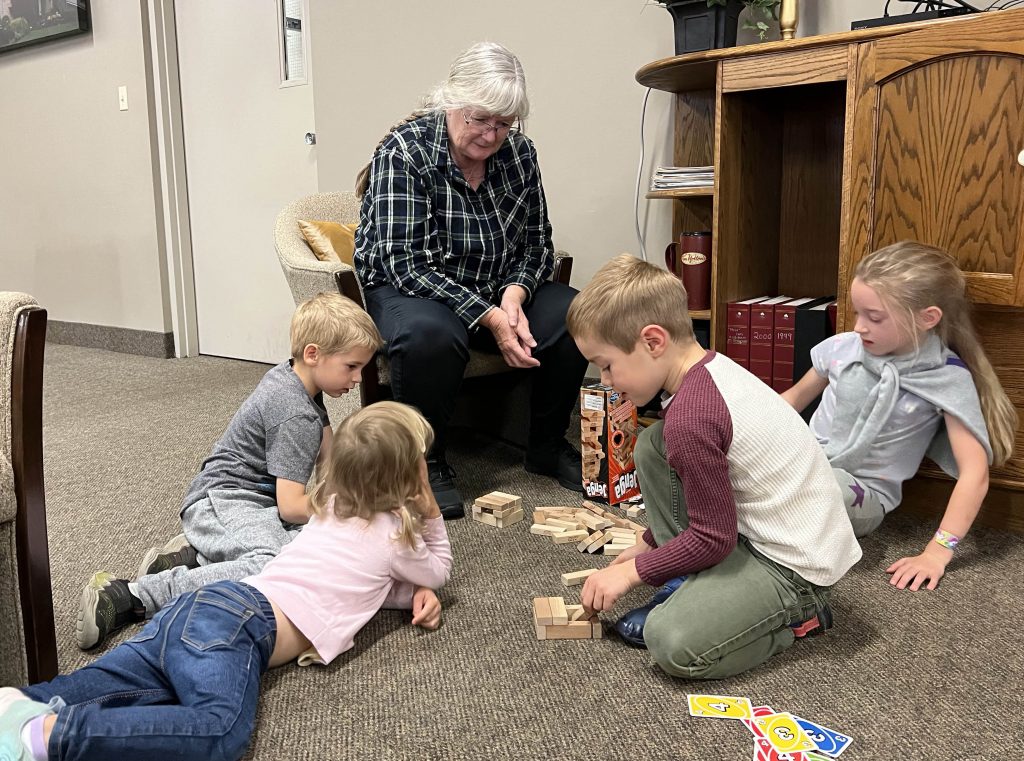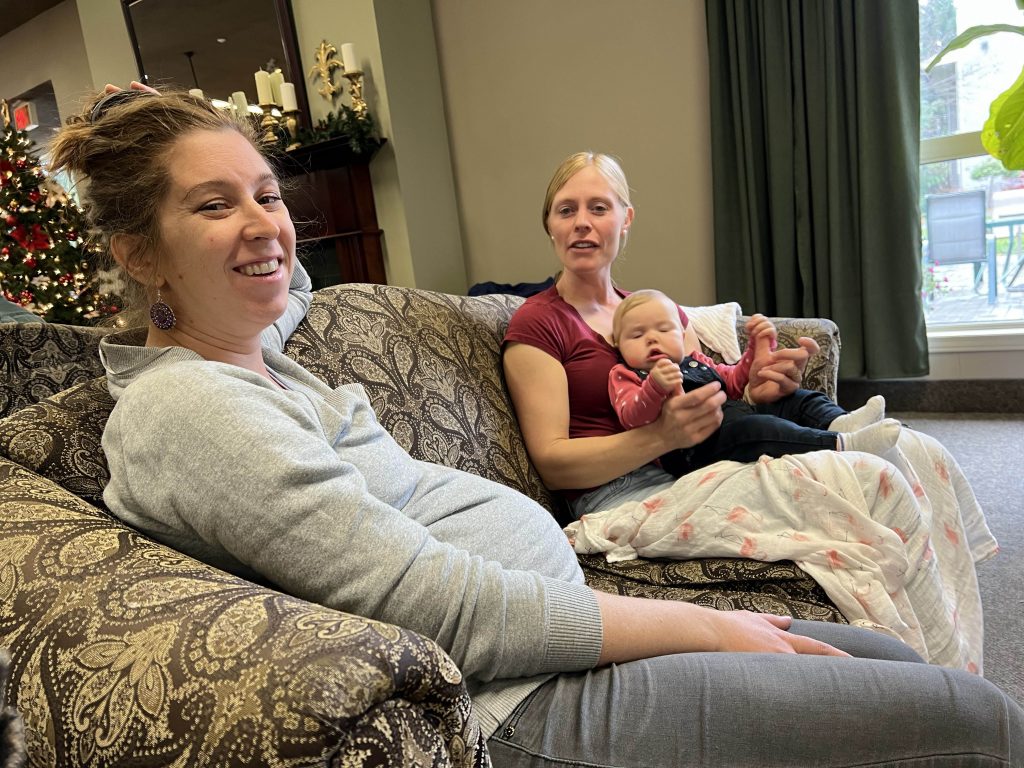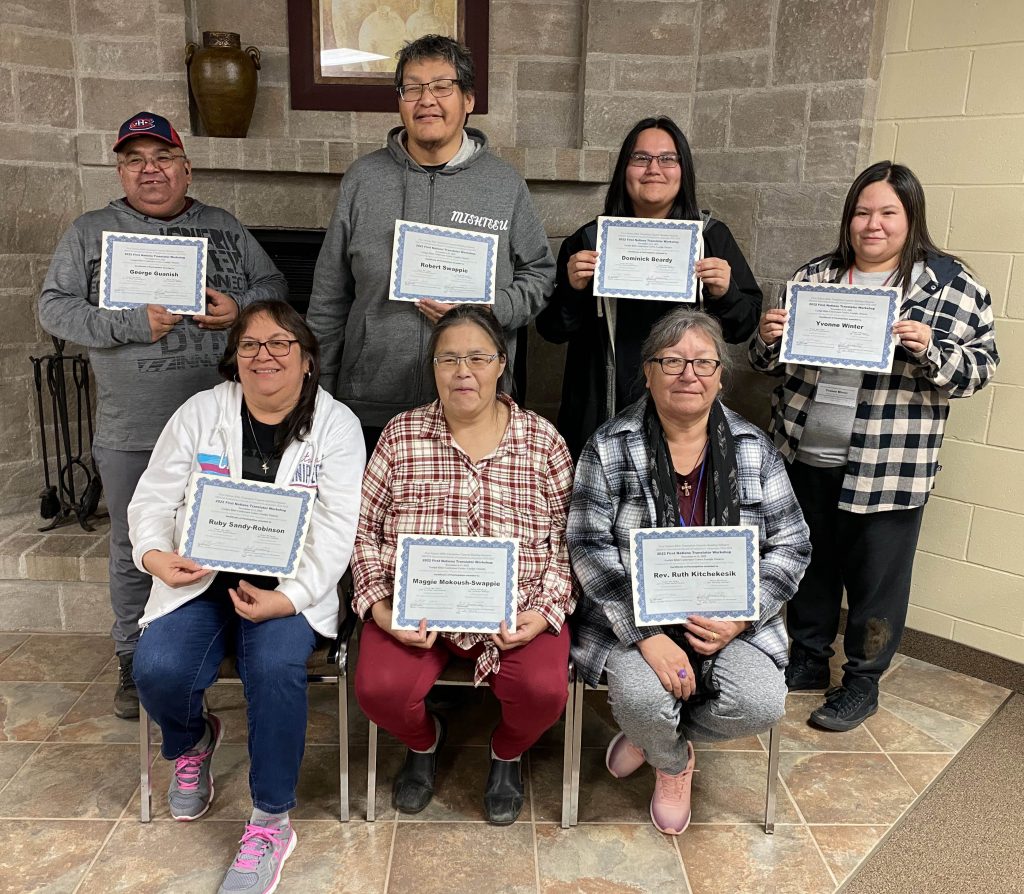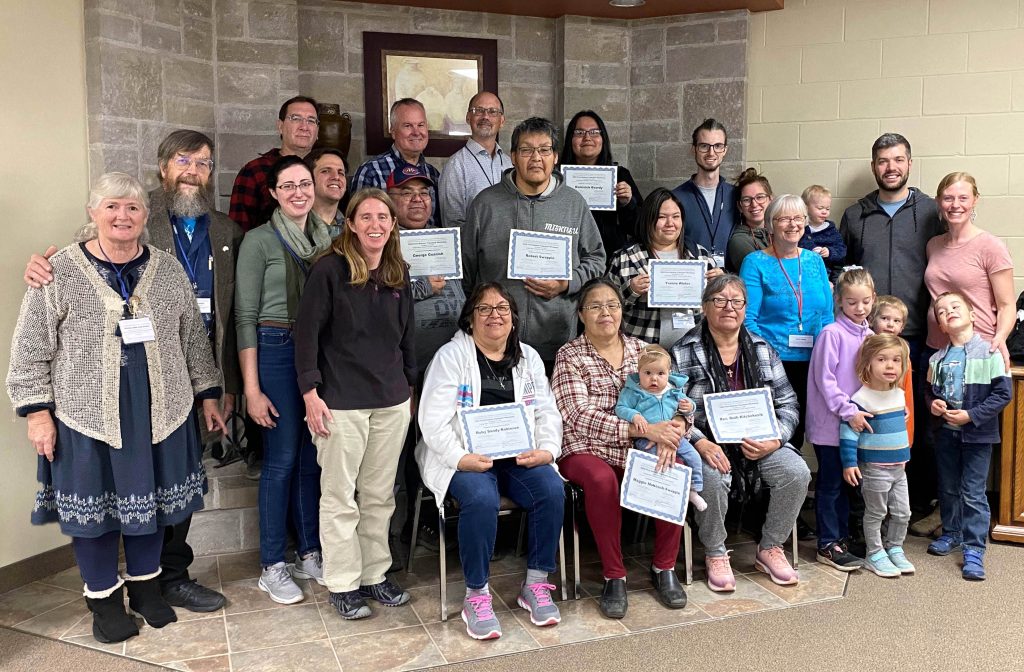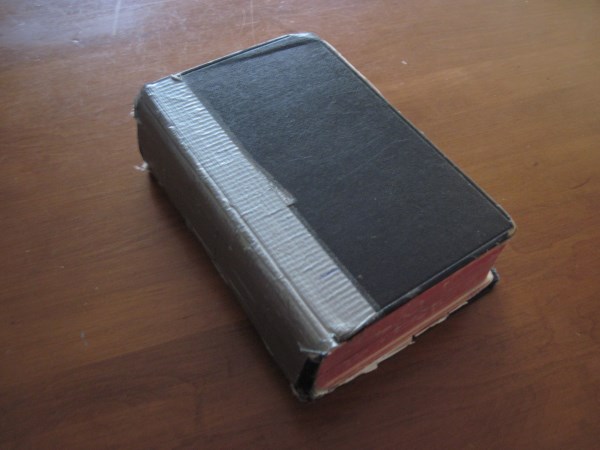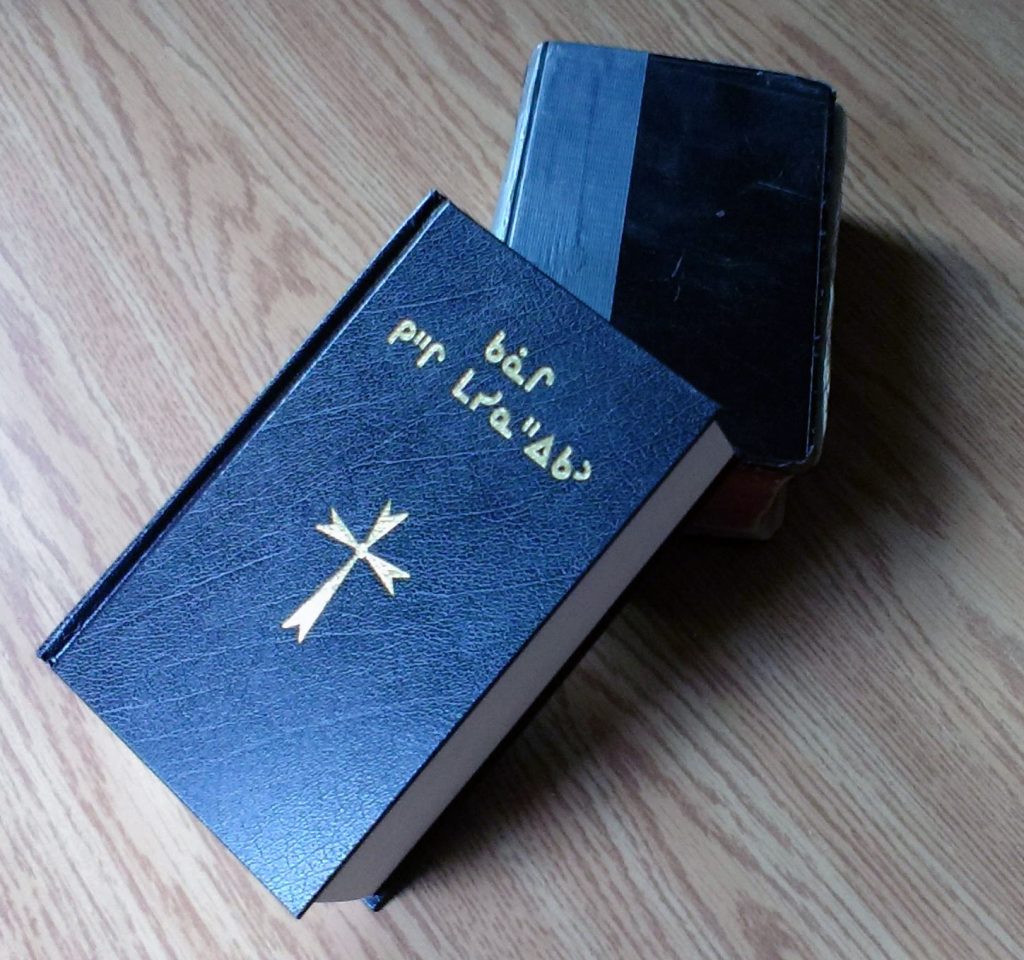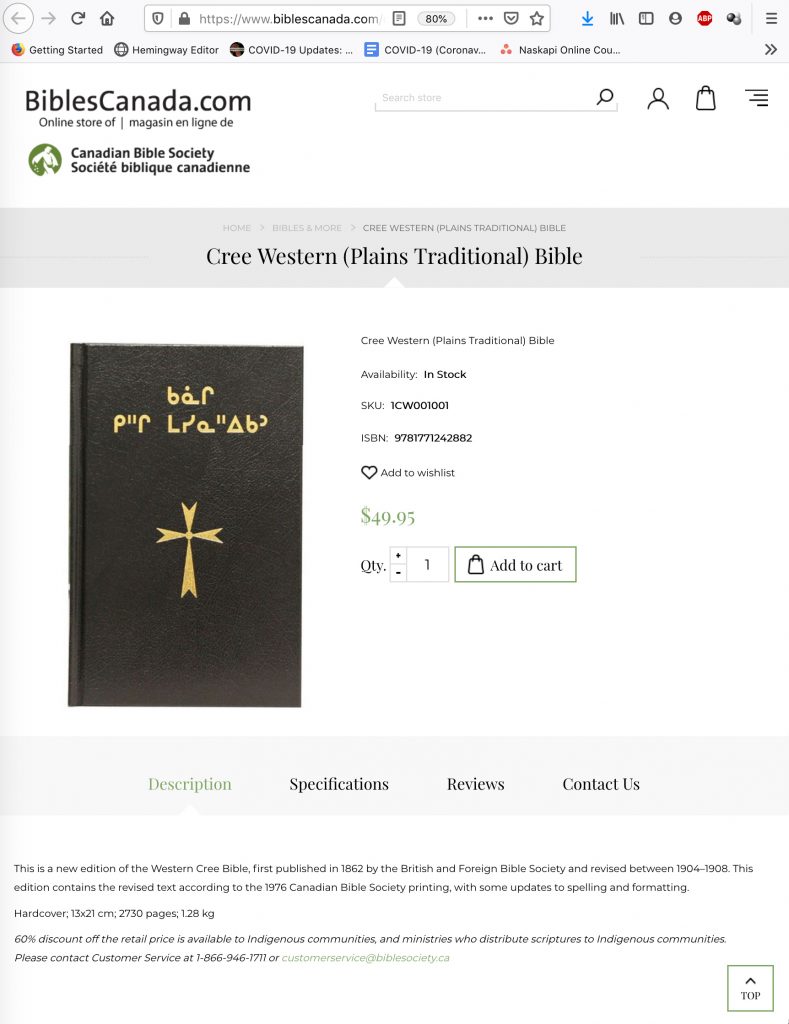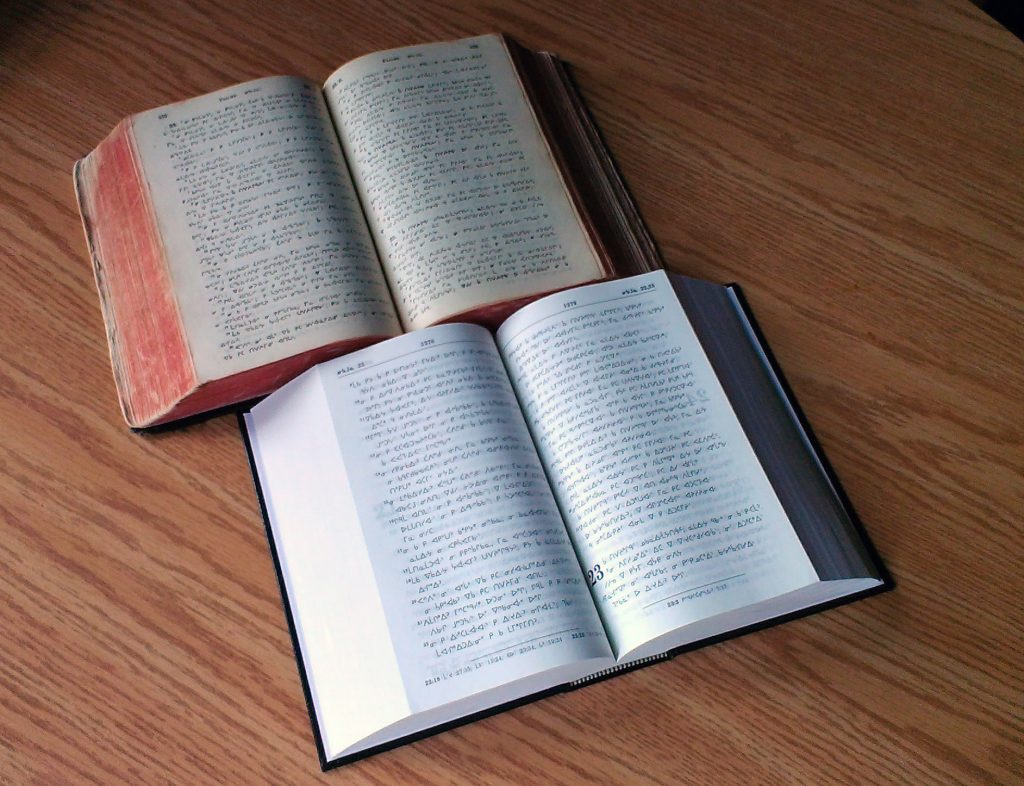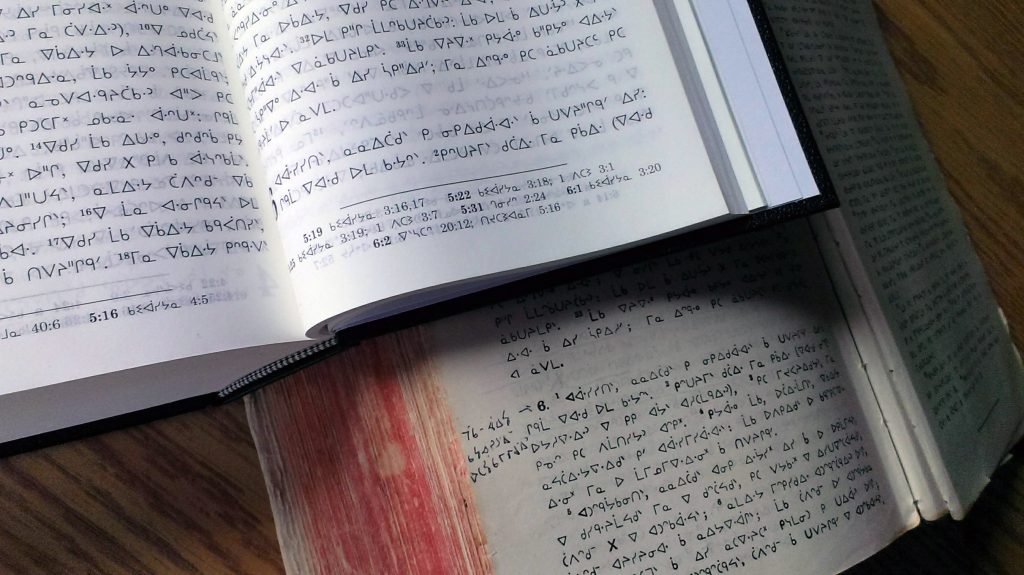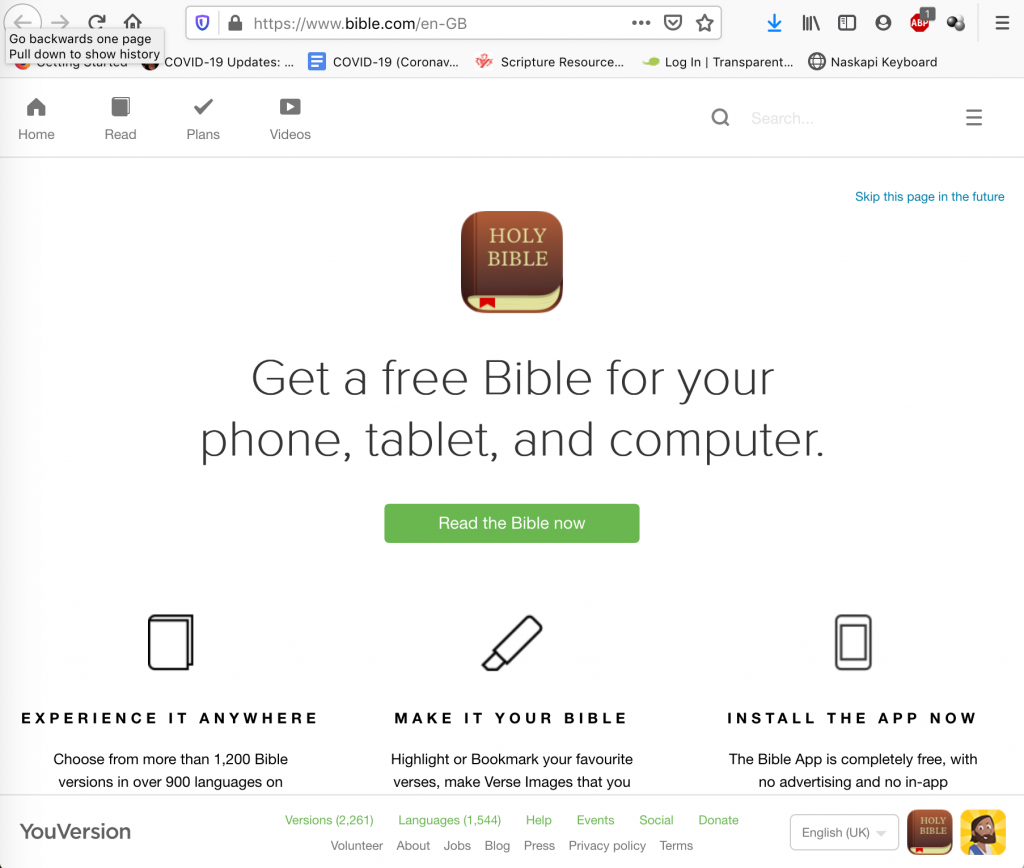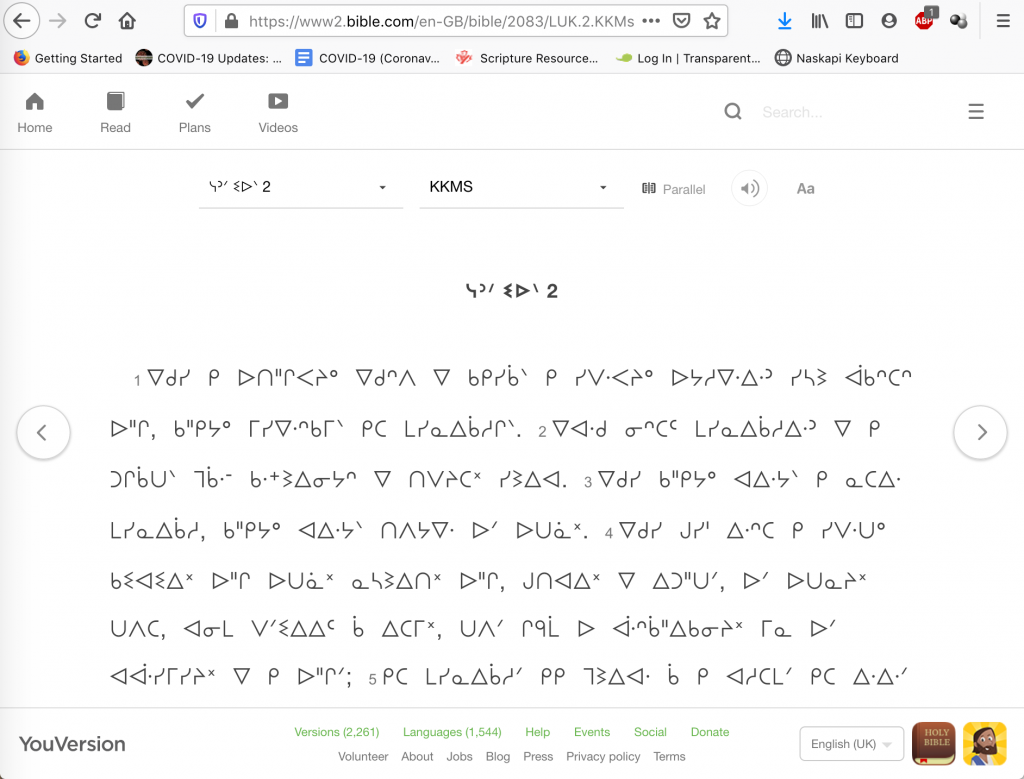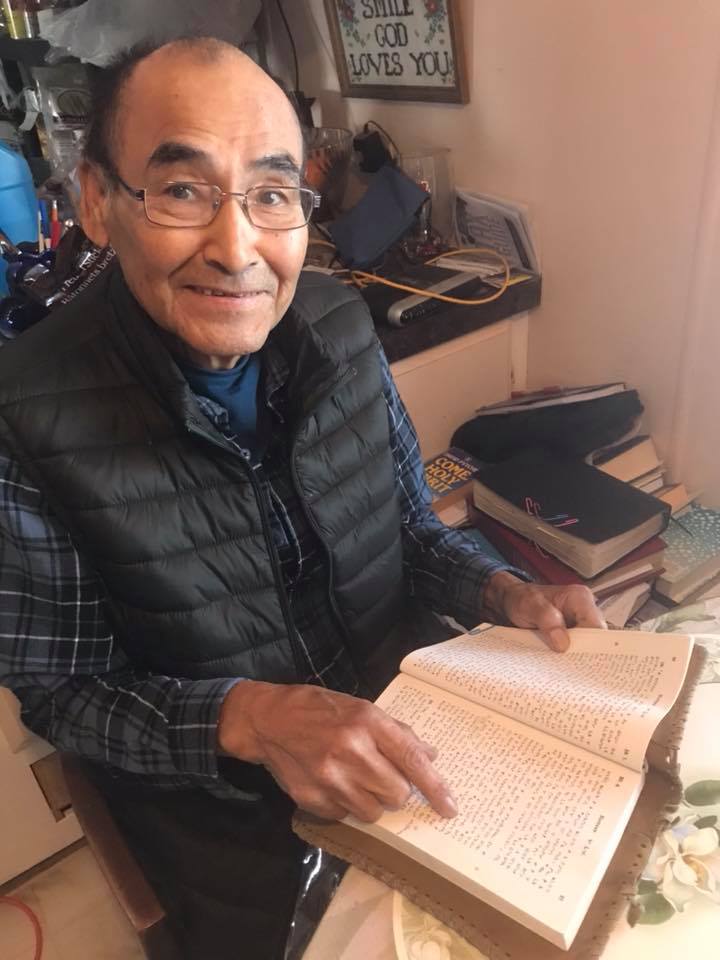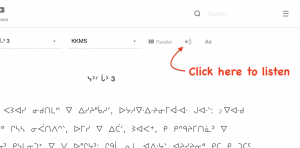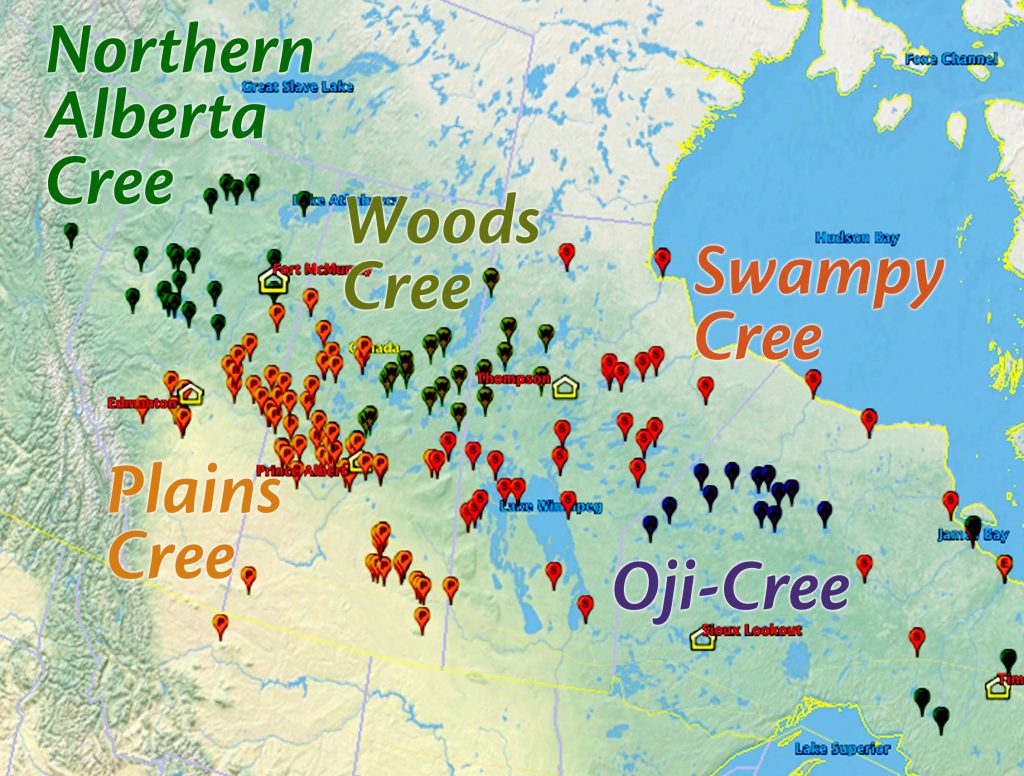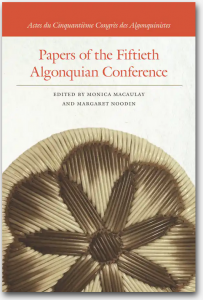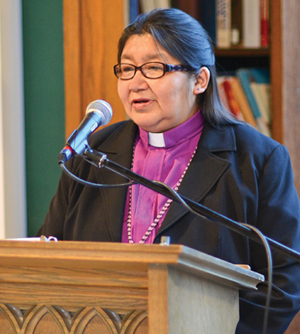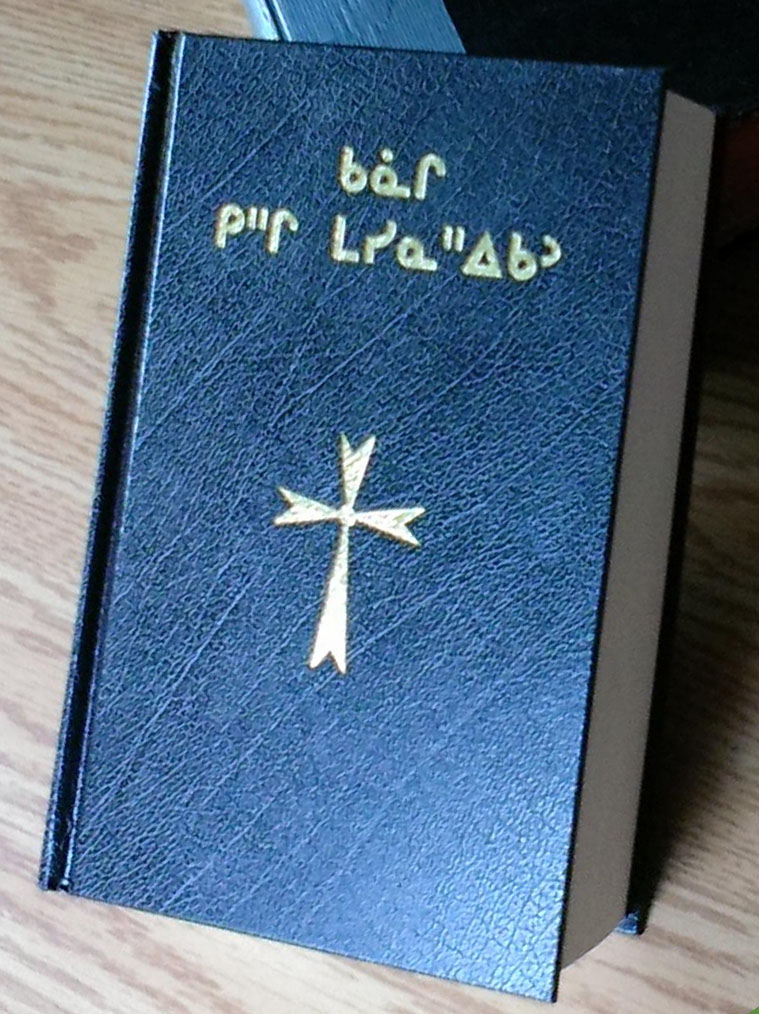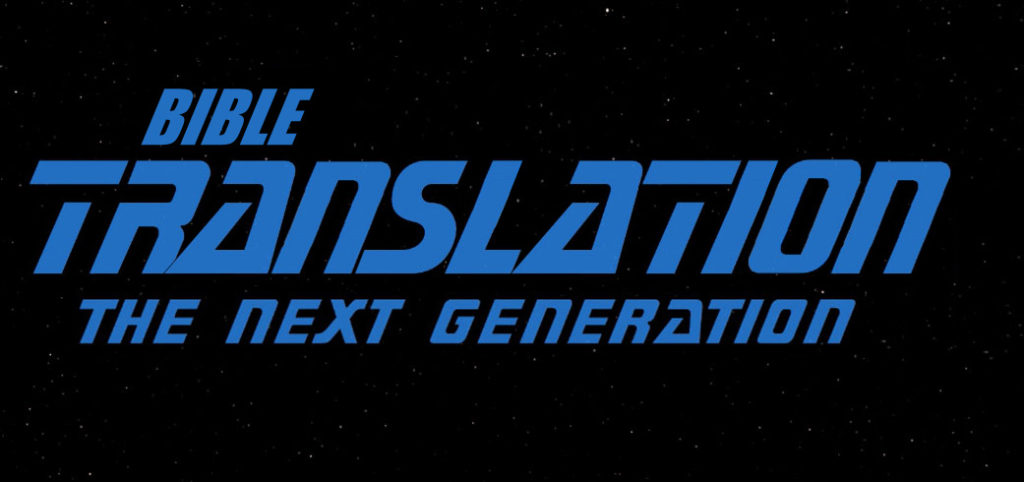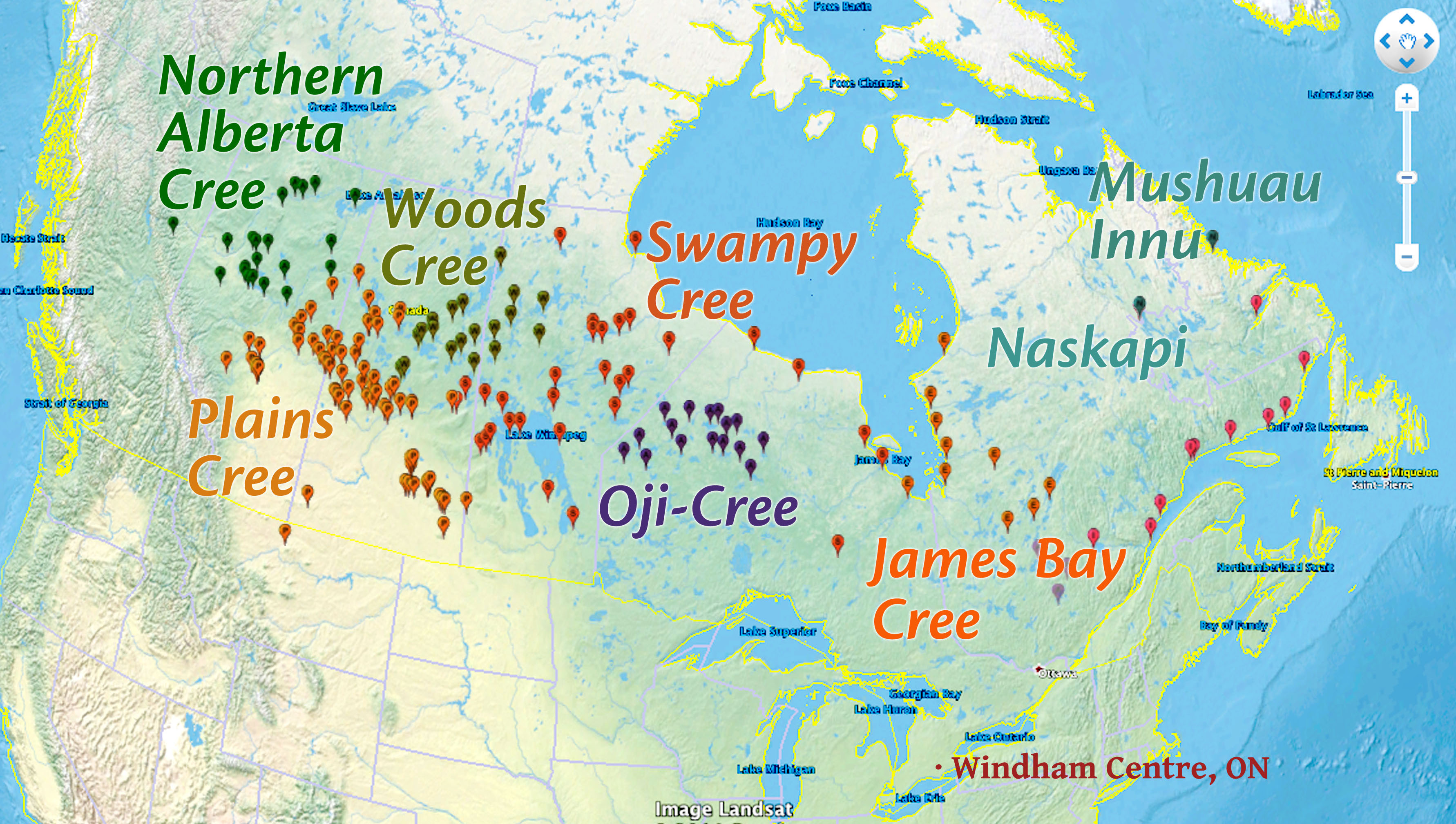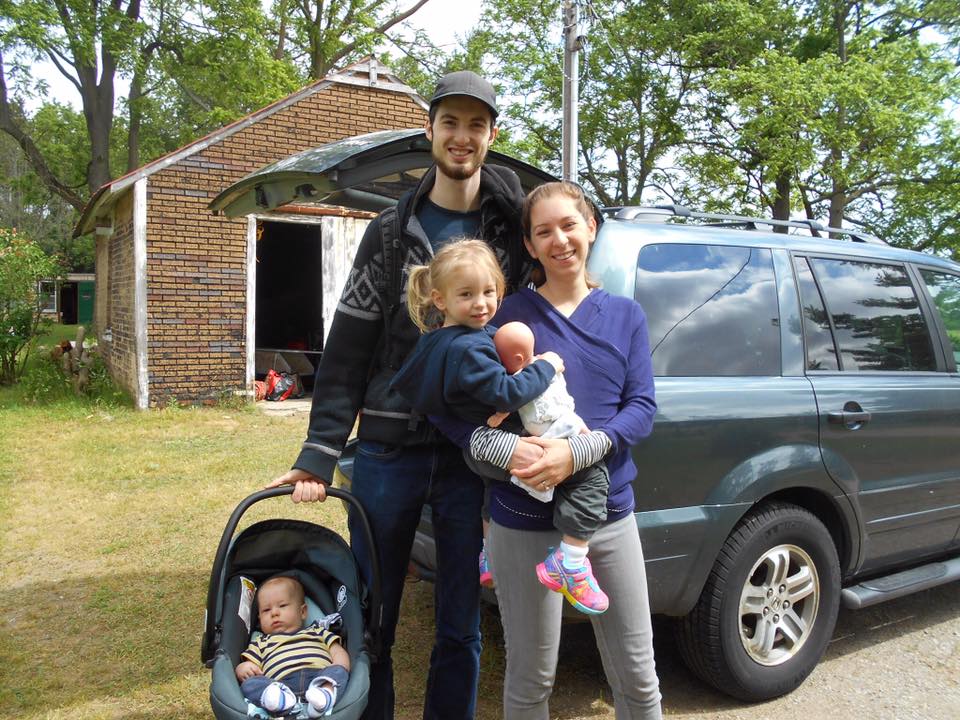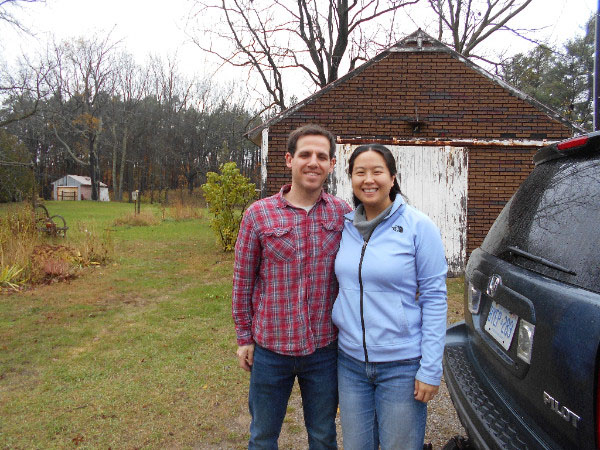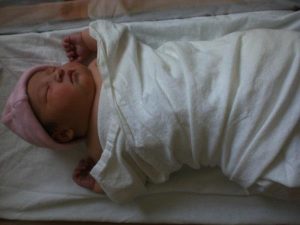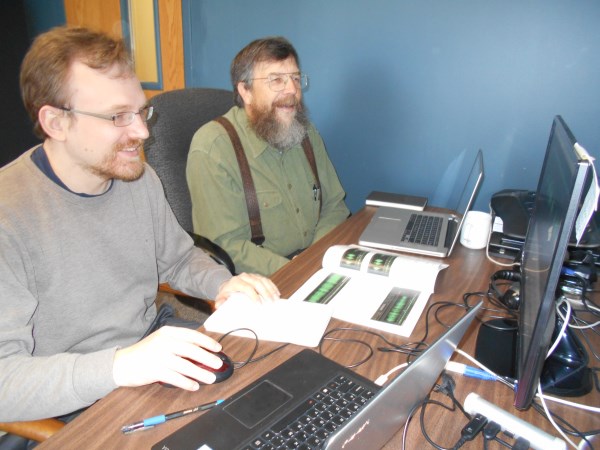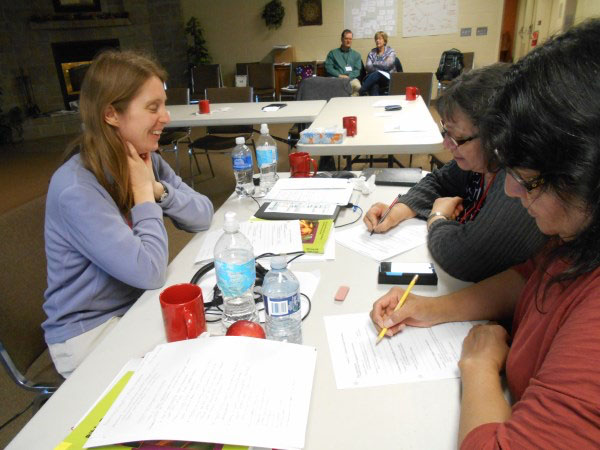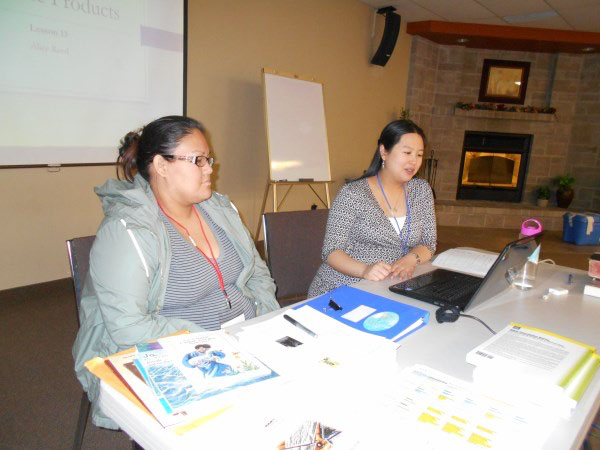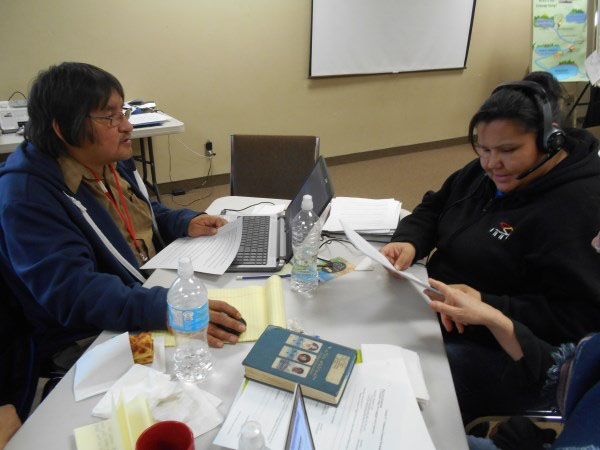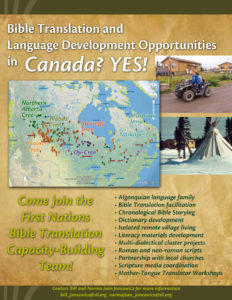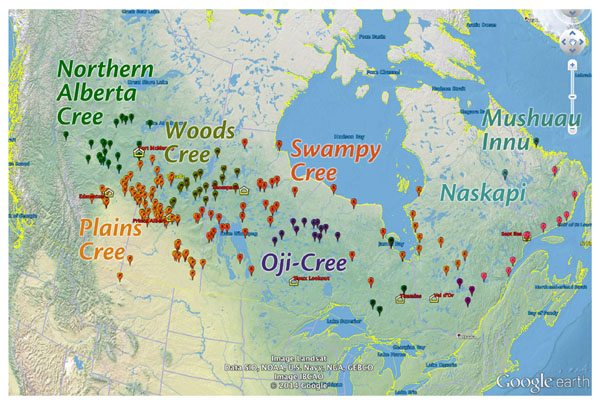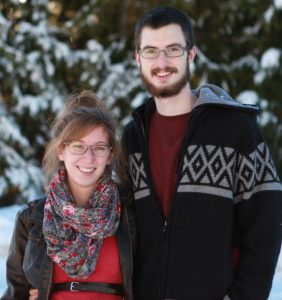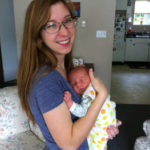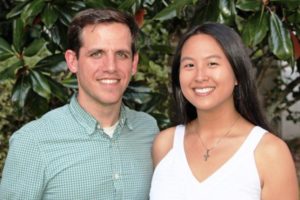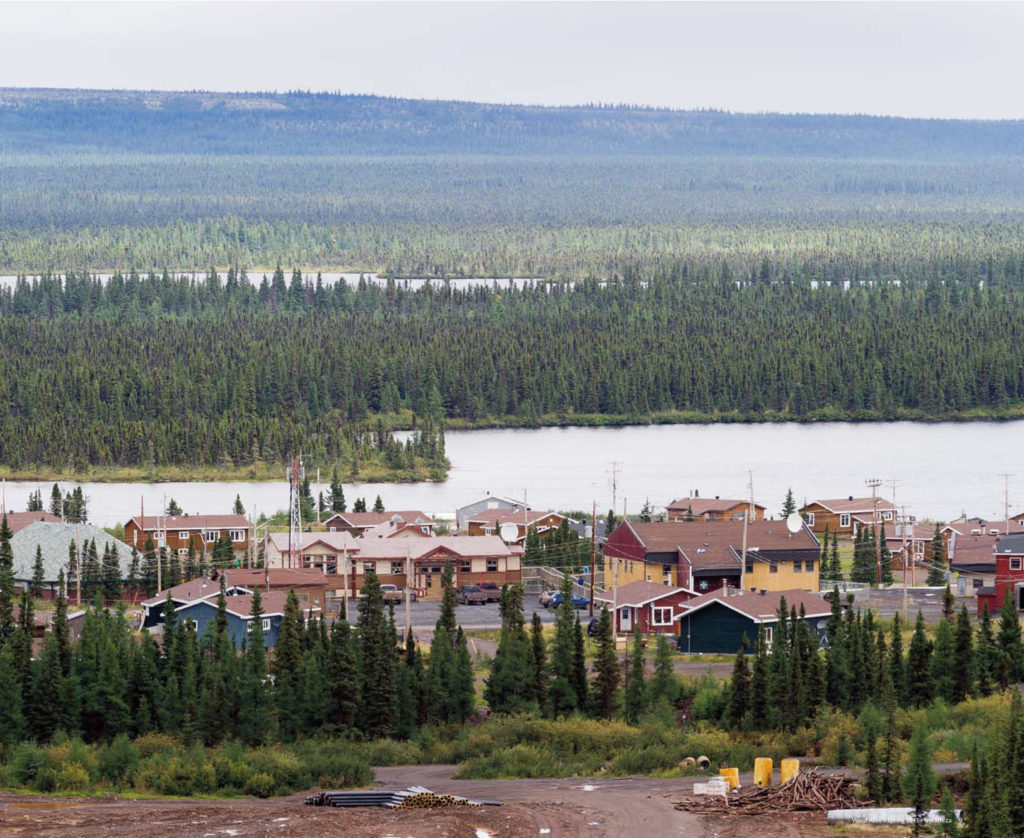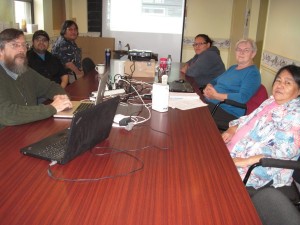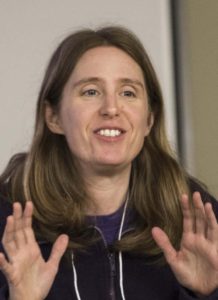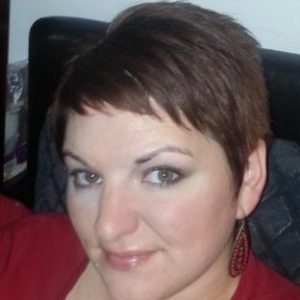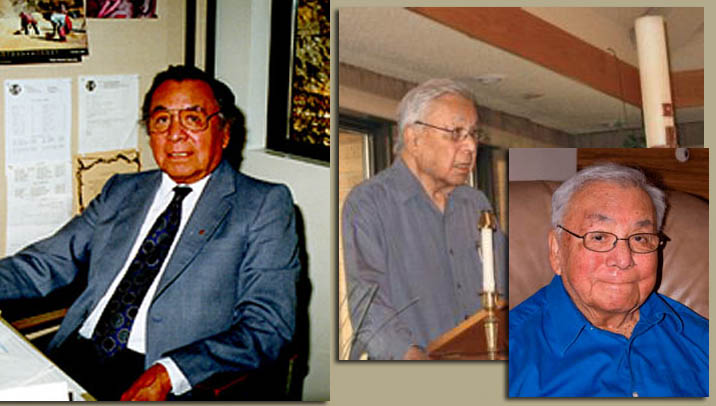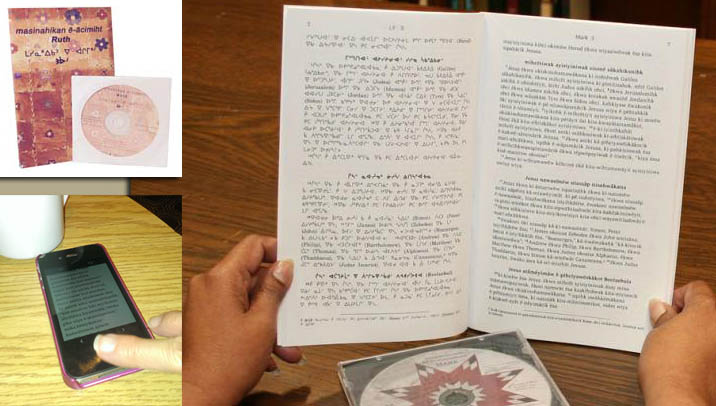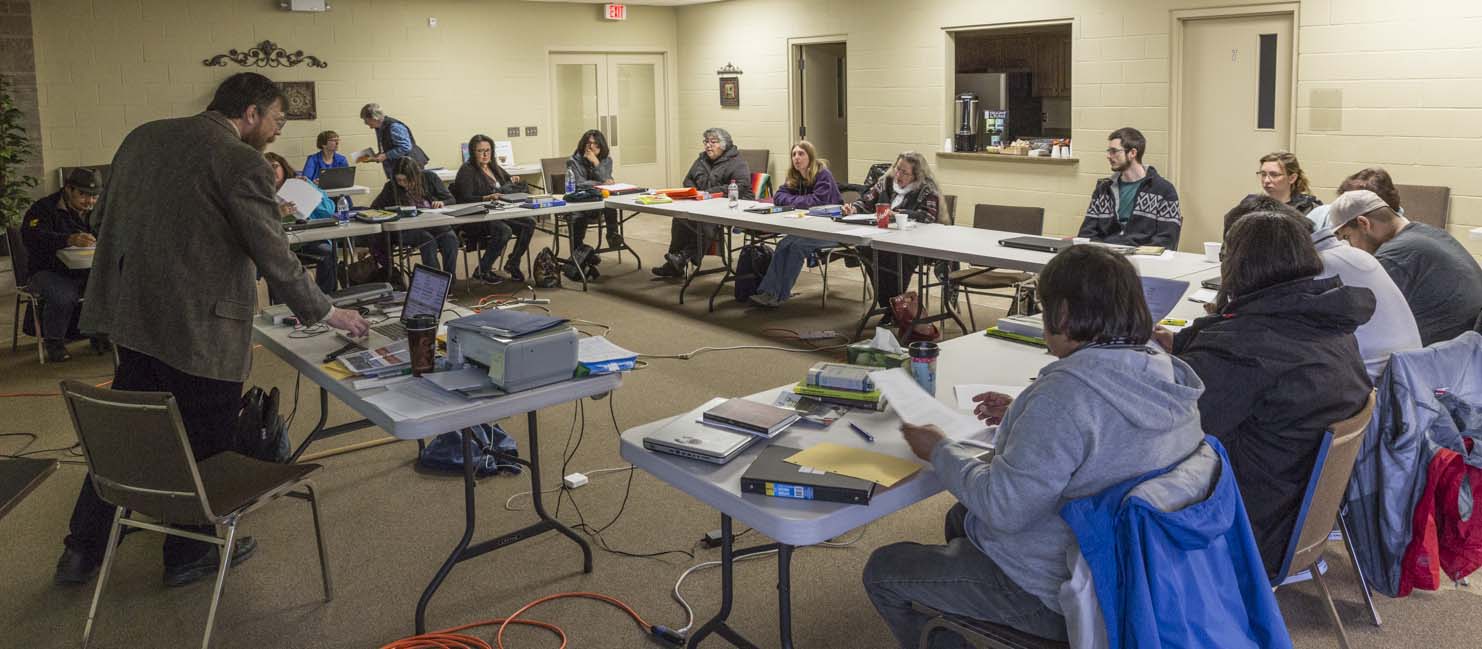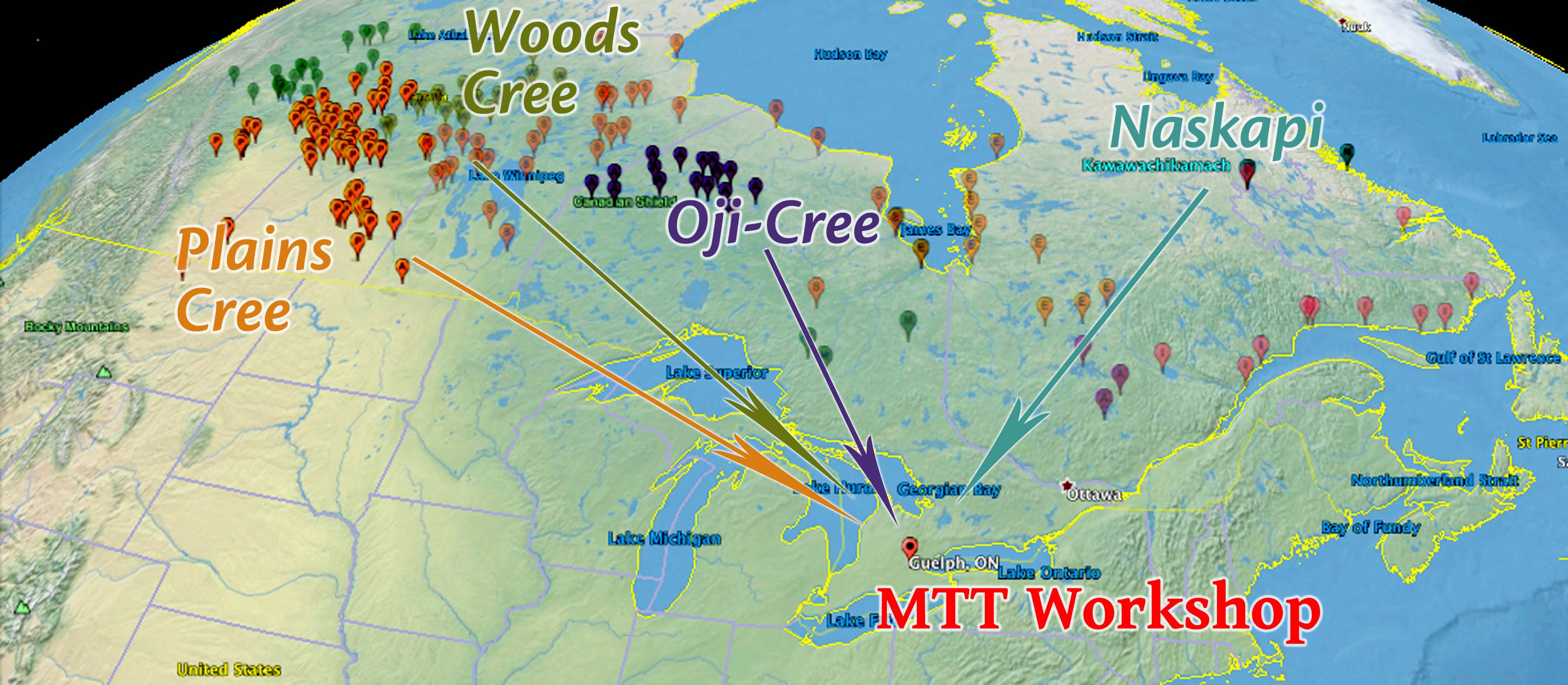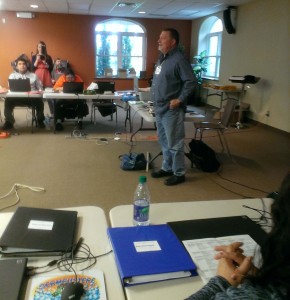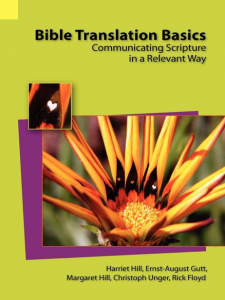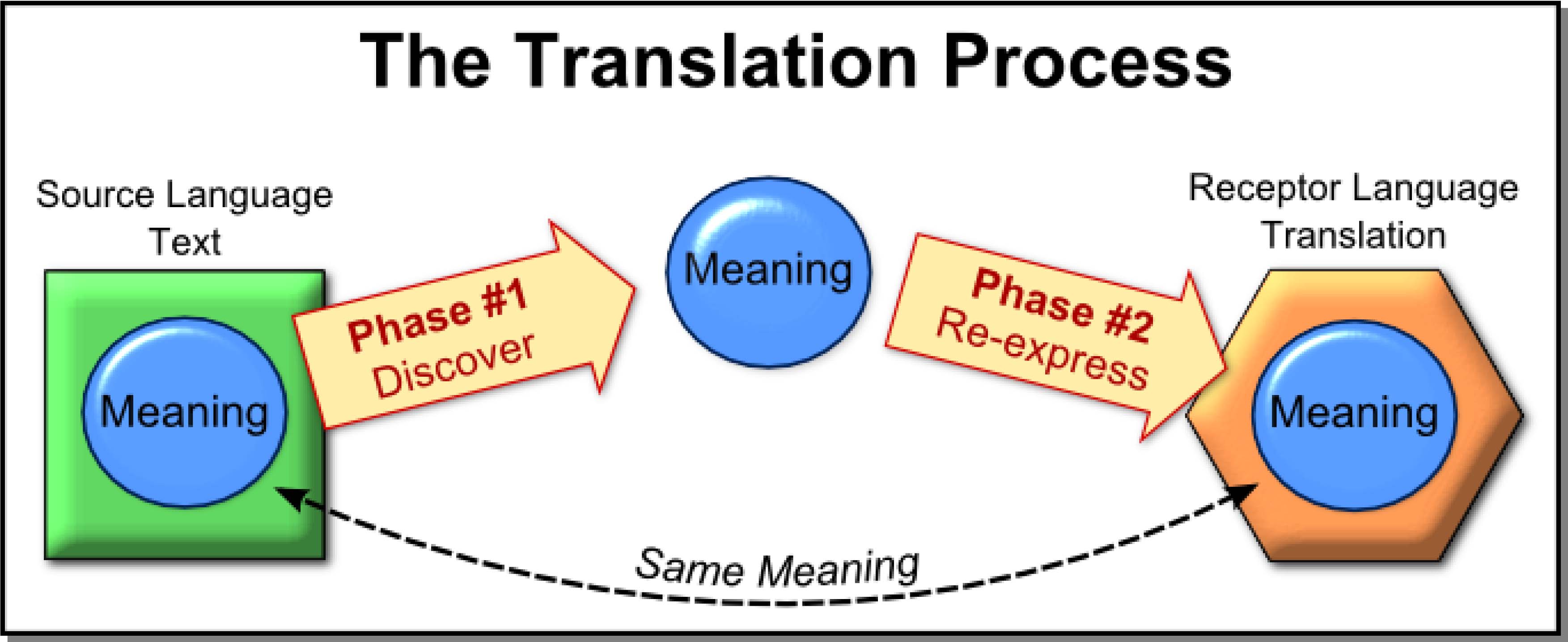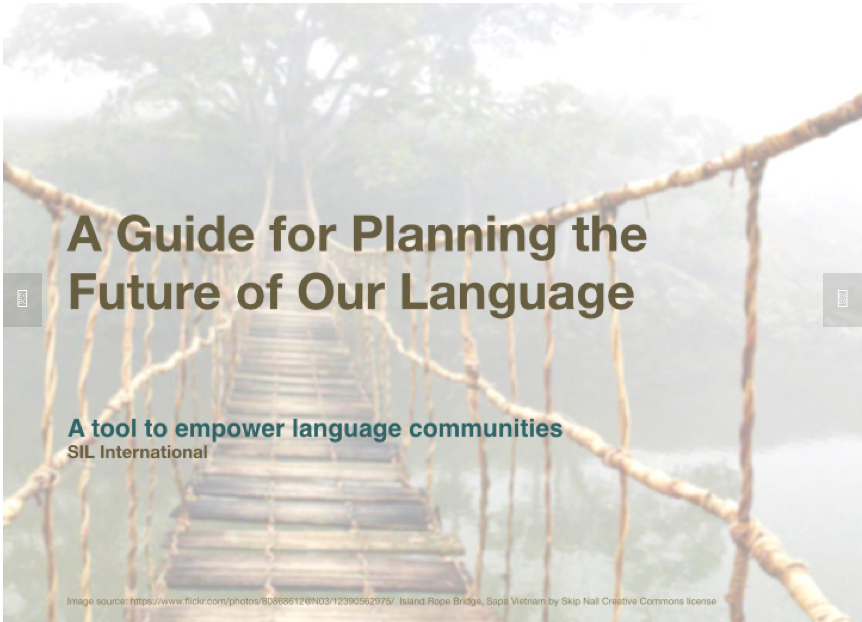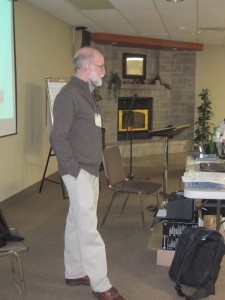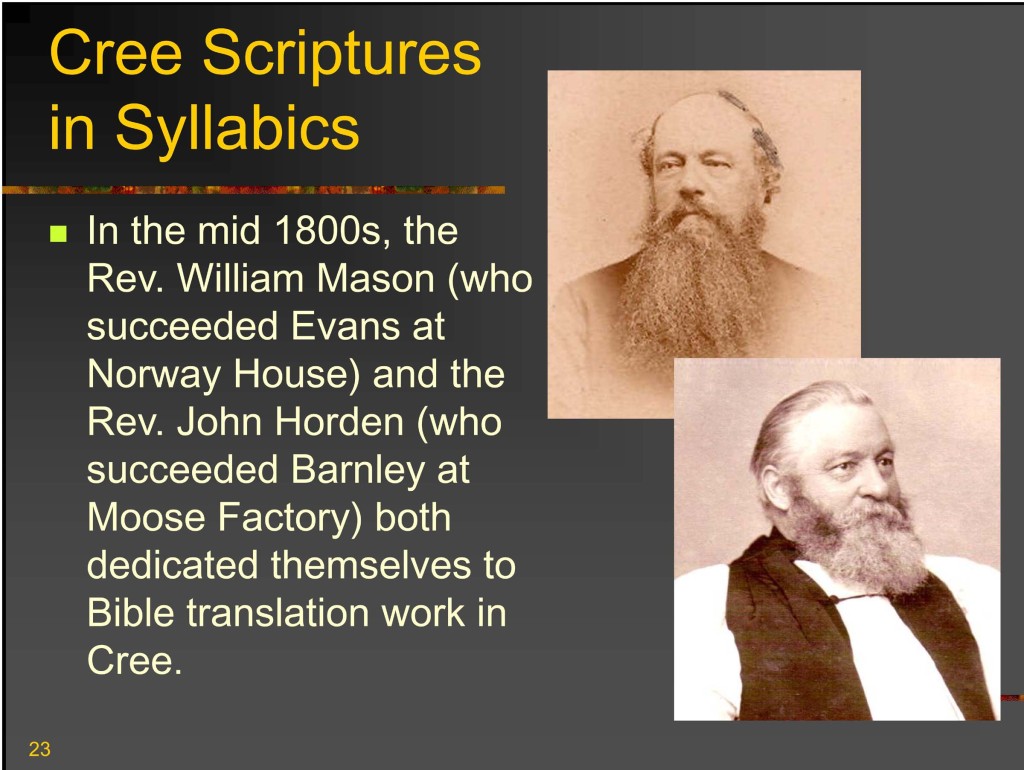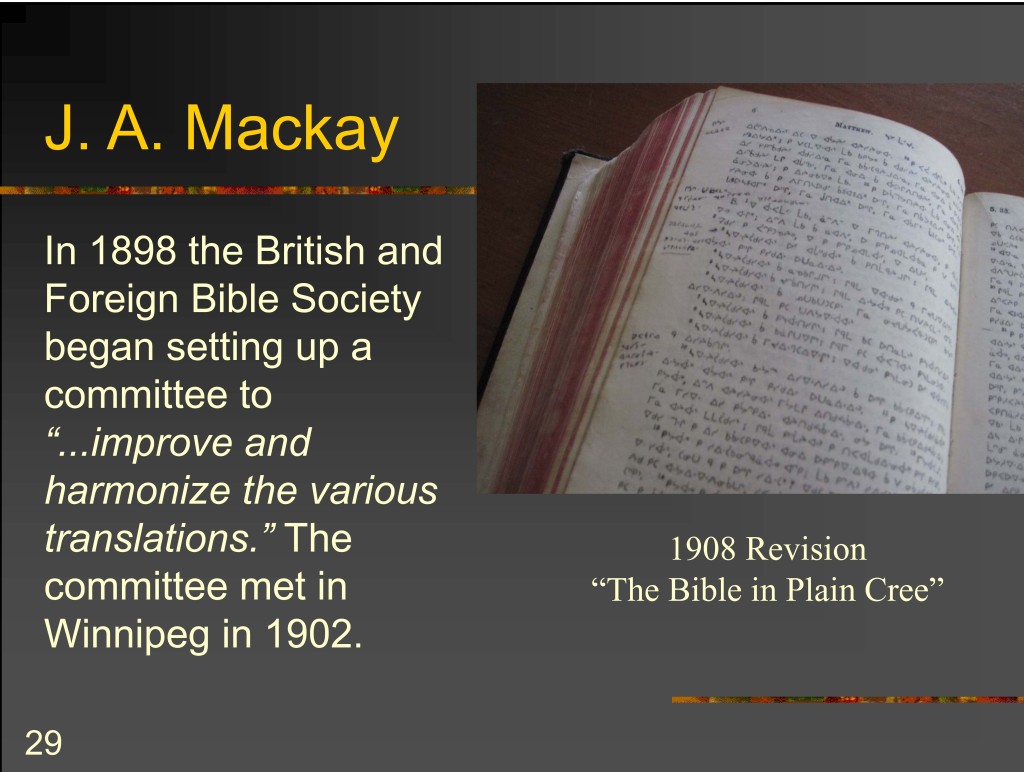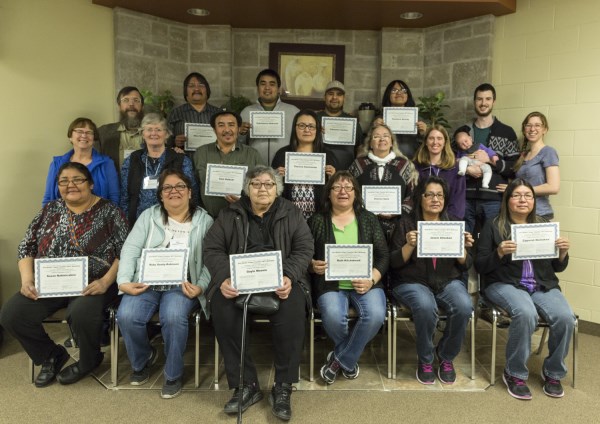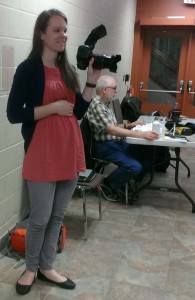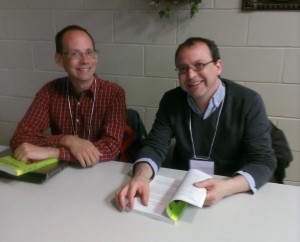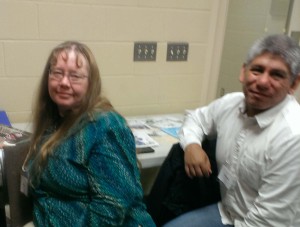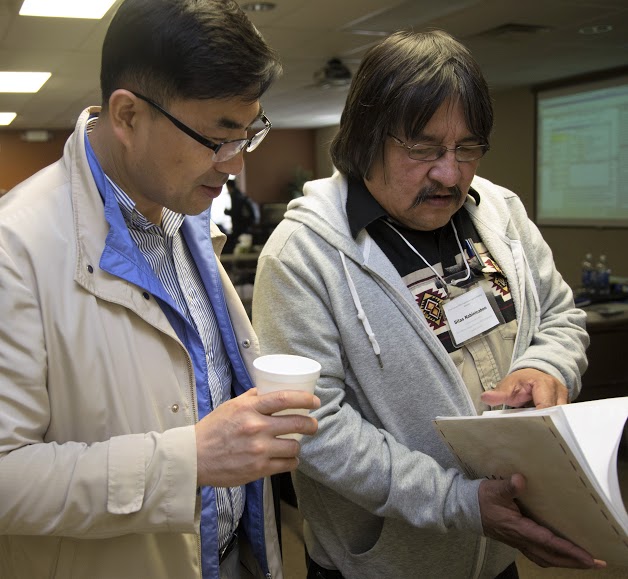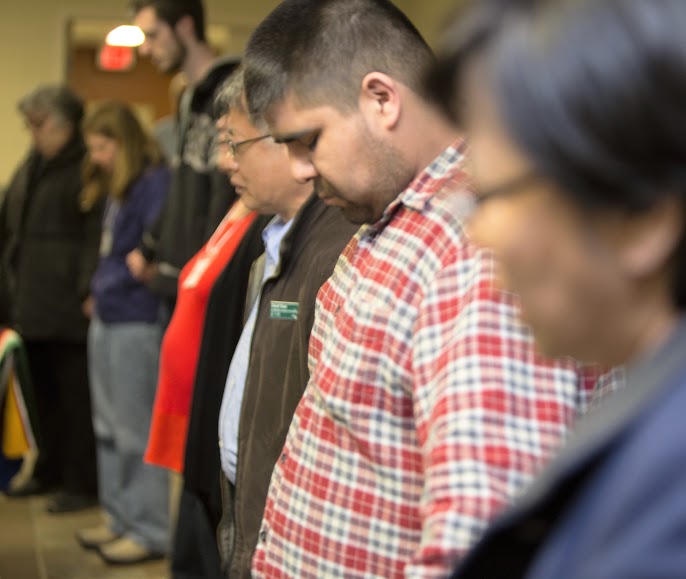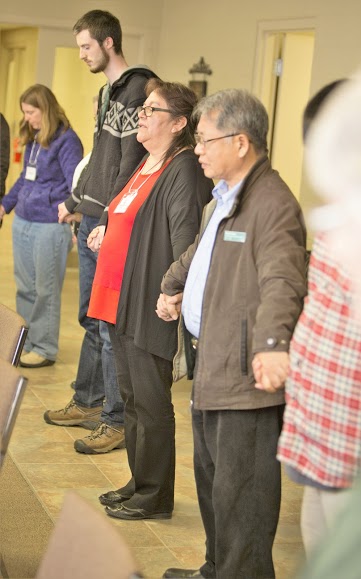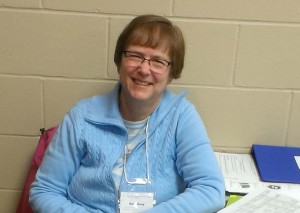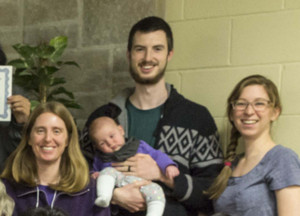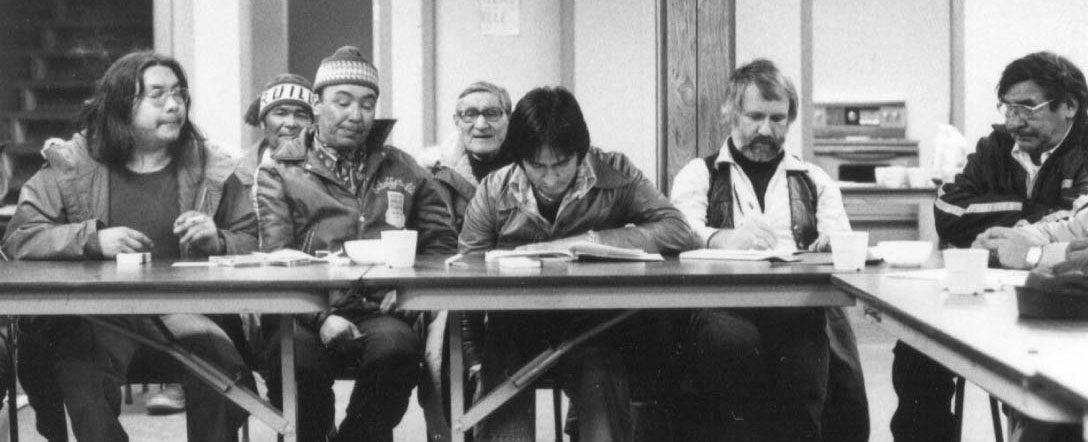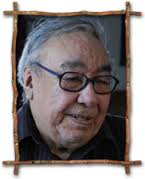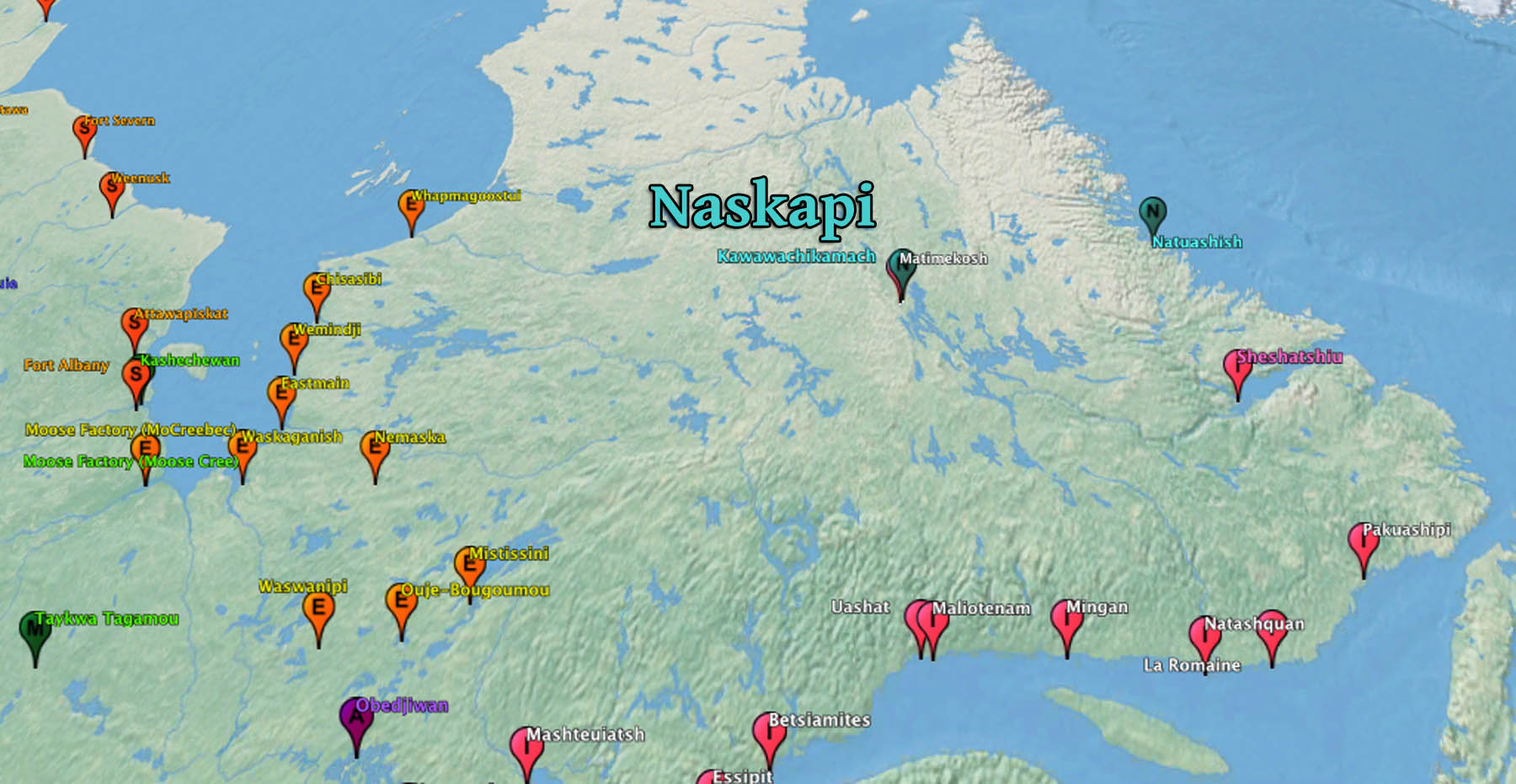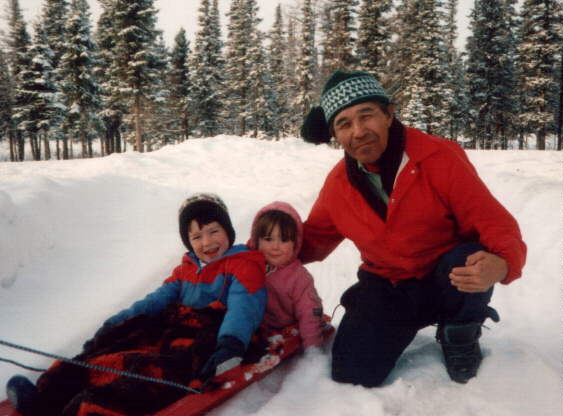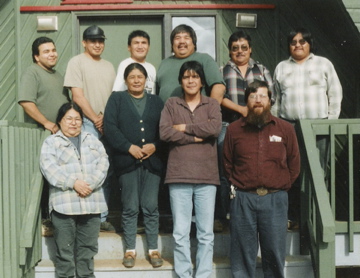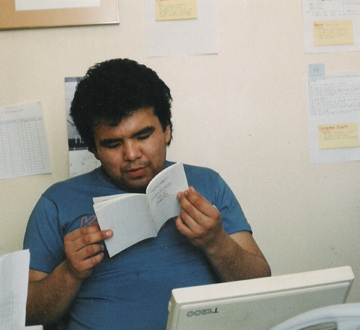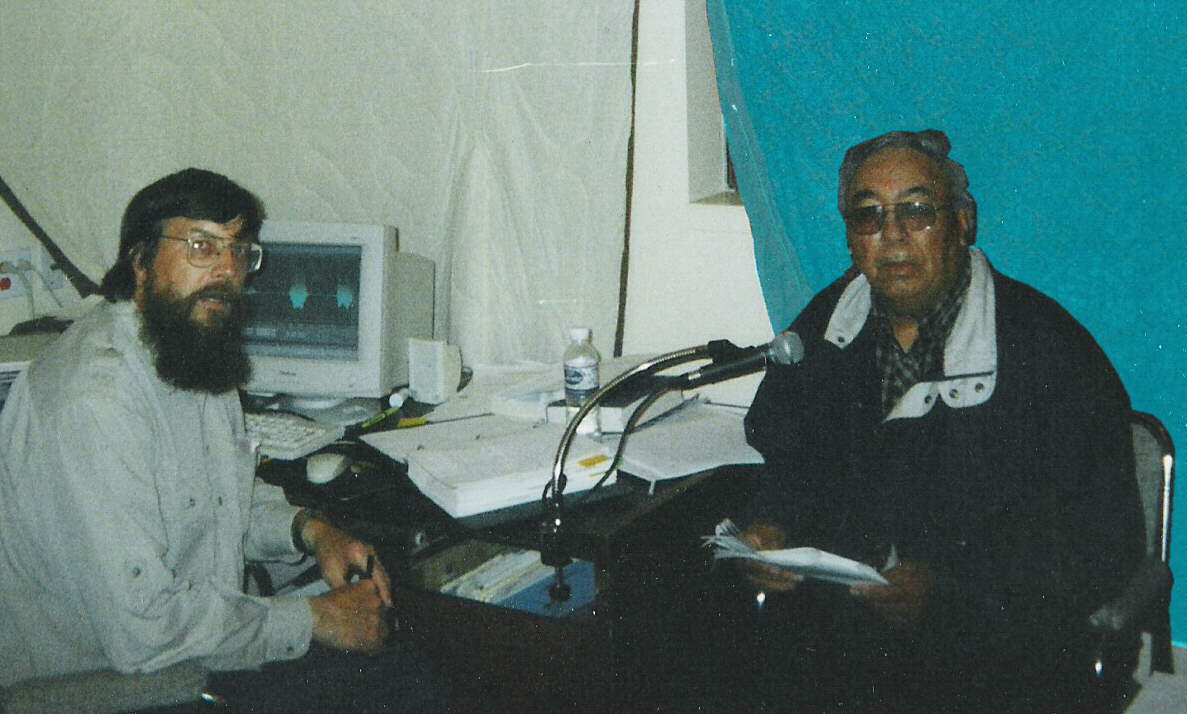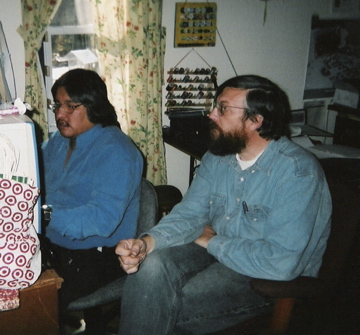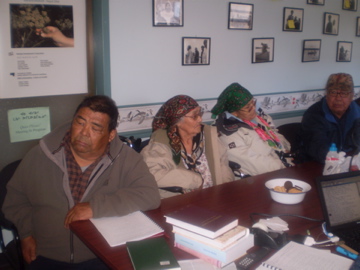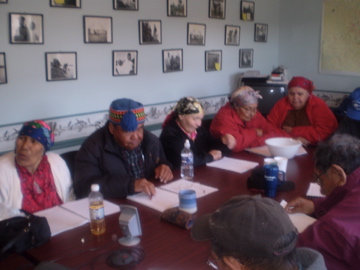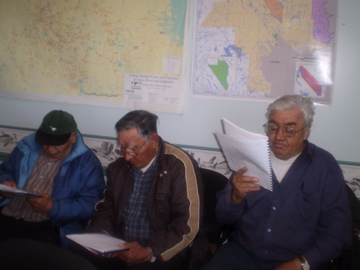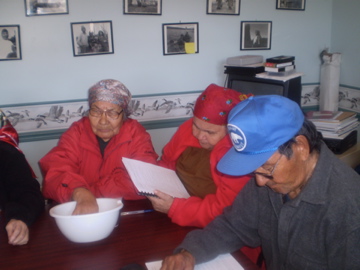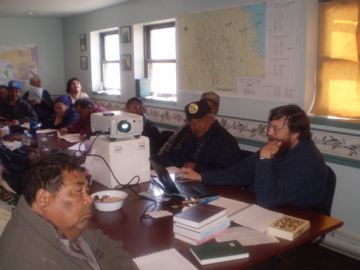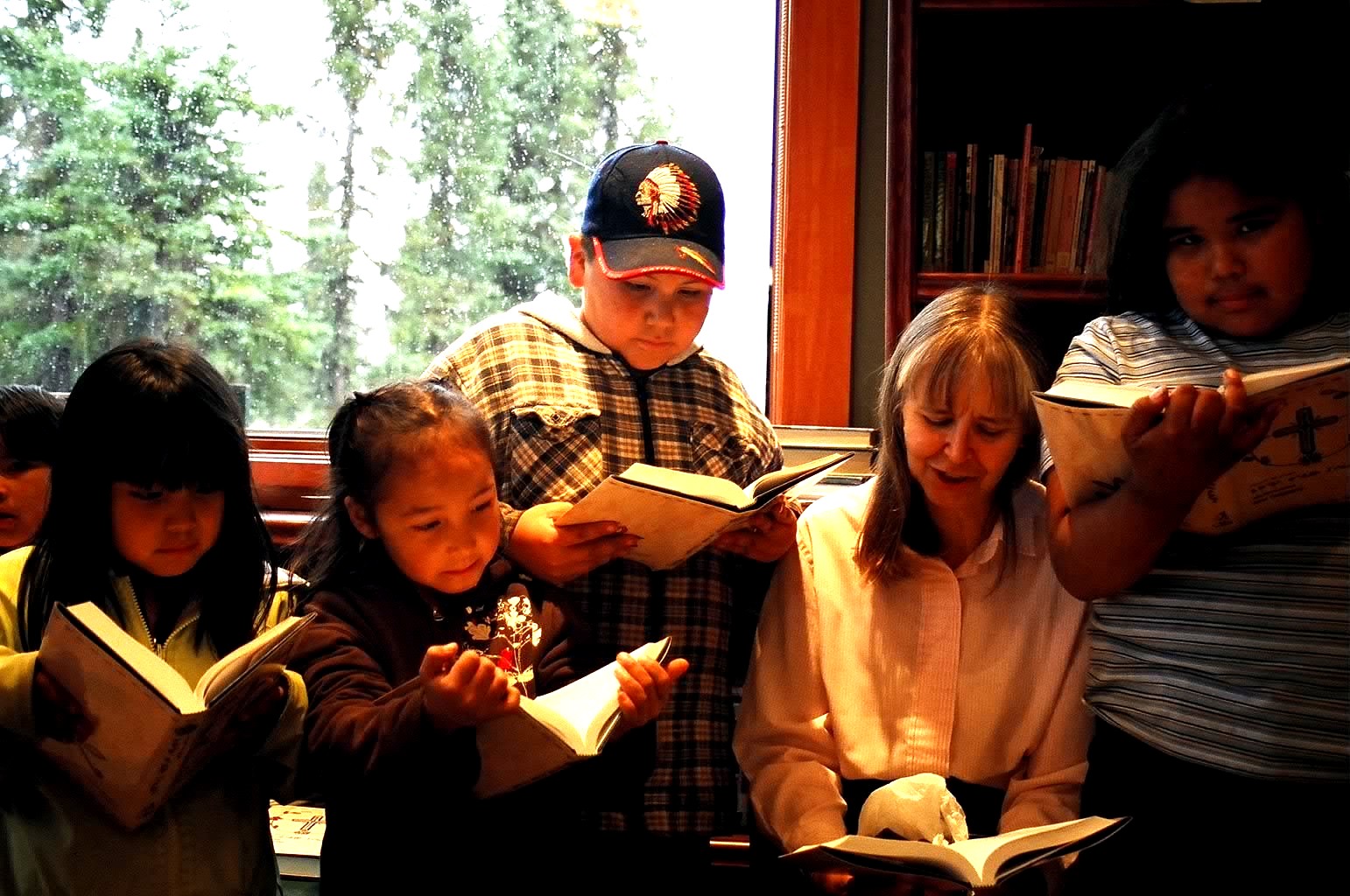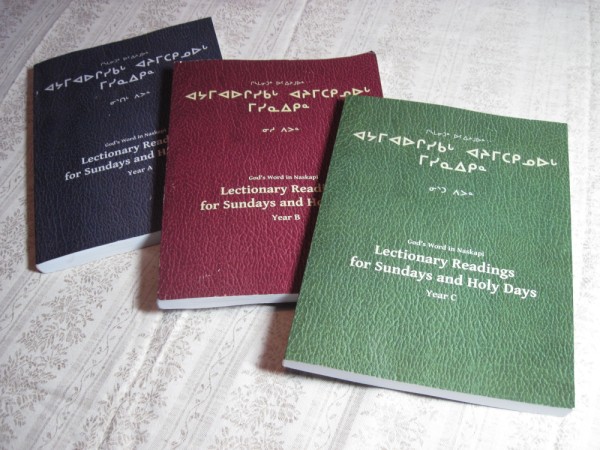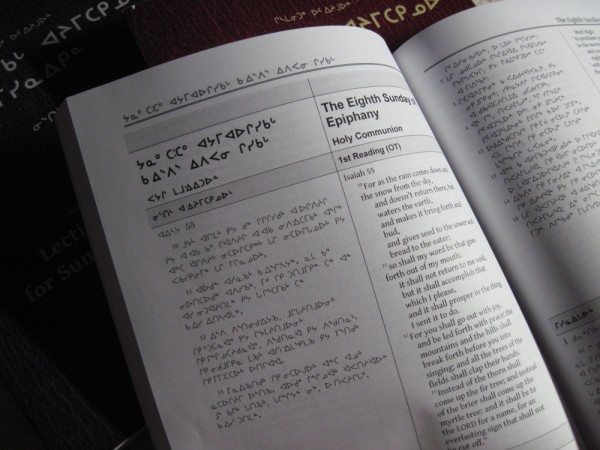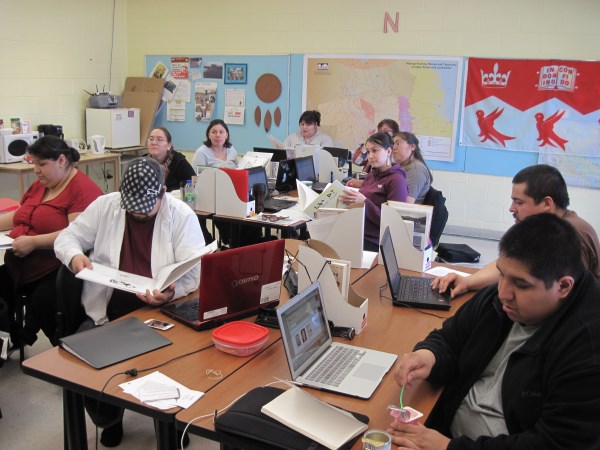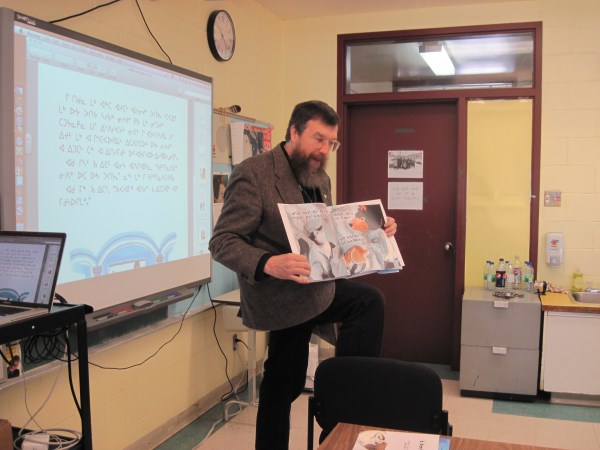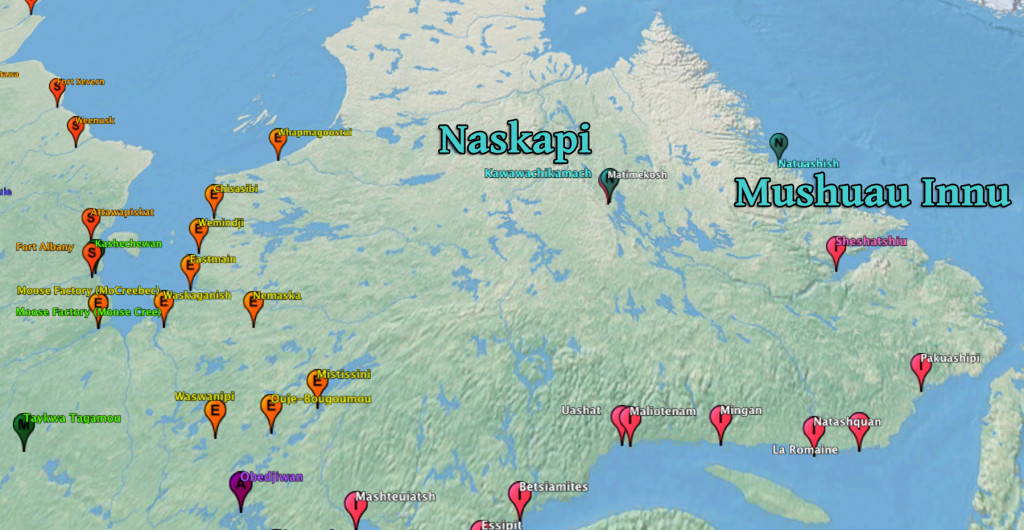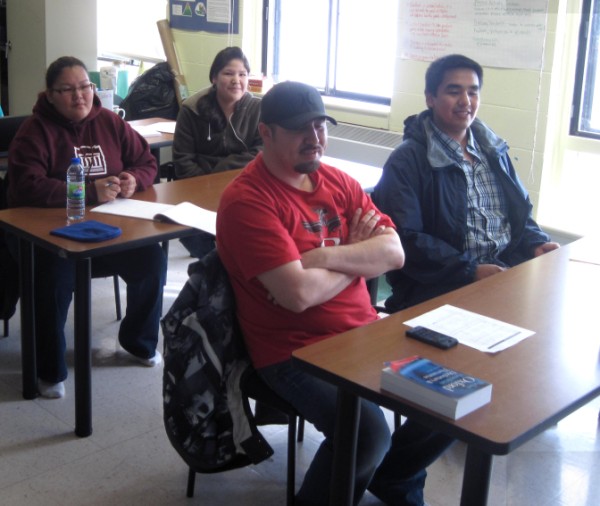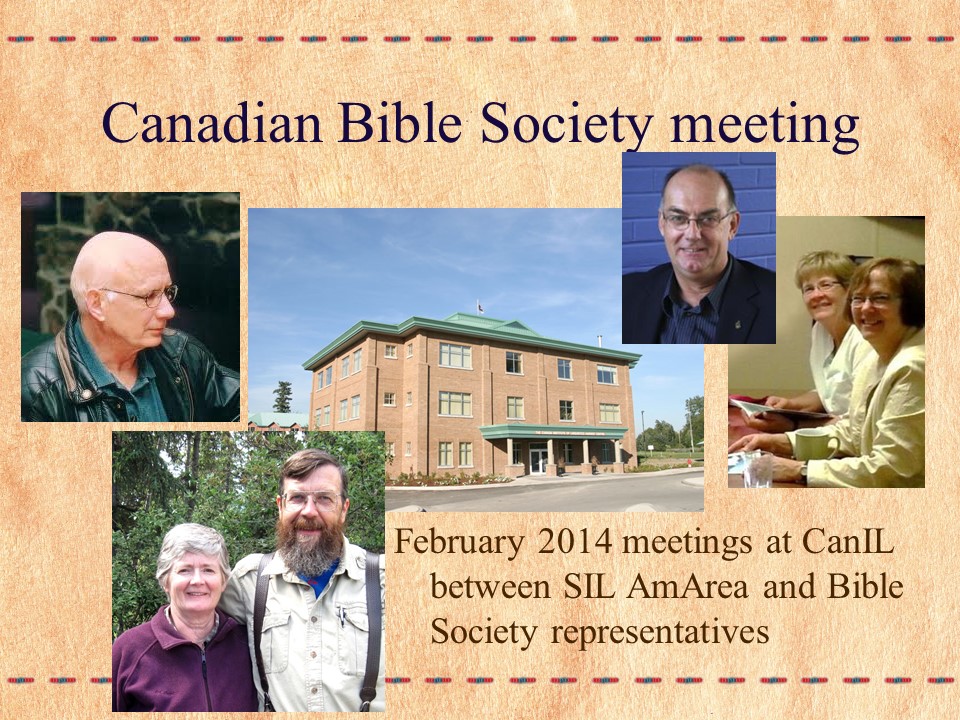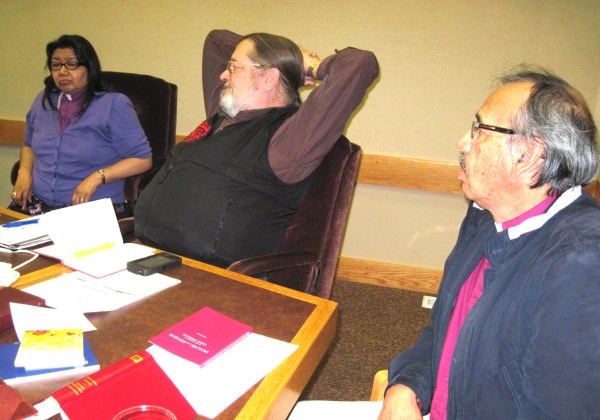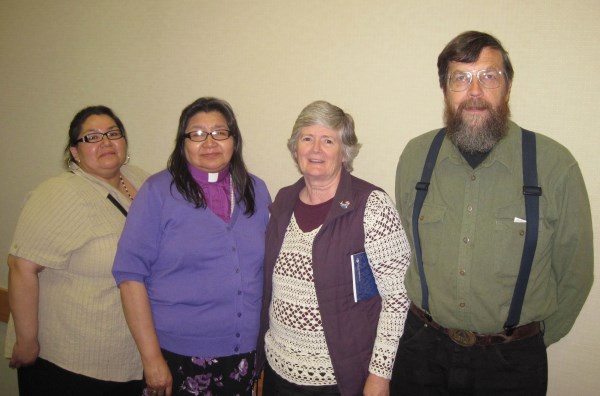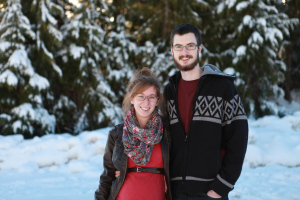Our Dear Partners
We are so grateful for your prayers for a successful First Nations Translator Workshop that was held in Guelph, Ontario on November 5-10, 2023. God has answered your prayers in wonderful and encouraging ways! This was our seventh such workshop since the first one in 2015, and the second workshop since the beginning of the pandemic.
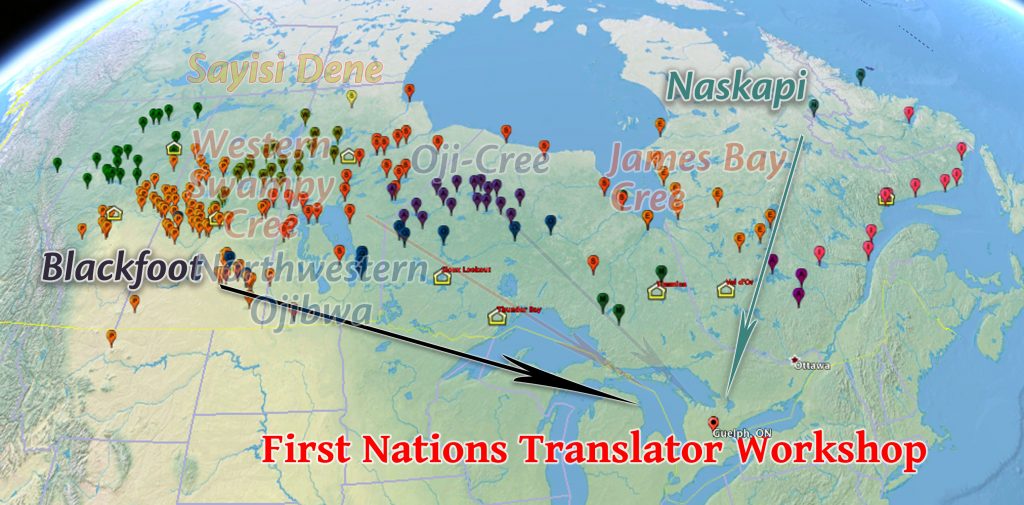 “God’s voice thunders in marvelous ways; he does great things beyond our understanding.” –Job 37:5
“God’s voice thunders in marvelous ways; he does great things beyond our understanding.” –Job 37:5
We are so grateful for your prayers for all of us and the details surrounding this workshop. We did face many challenges, but we are certain that your prayers for us and God’s provision and help worked together to make it a success that brought Glory to God.
- One of our staff families needed to stay behind in their language community.
- Due to a suicide in one of the First Nations communities, the entire translation team of 5 intended participants from that language group stayed behind to support their fellow community members.
- The staff member who serves that language community was released to stay home to provide support to his own family and the translation team.
- This resulted in another staff member to keep his family at home.
- This resulted in a volunteer childcare worker to step down and not come.
- Two intended participants from the Blackfoot language group had to cancel for personal and family reasons three days before the workshop.
- One of the workshop speakers, the National Indigenous Bishop, contracted Covid and had to cancel his attendance two days before the workshop.
- The son of one of the Naskapi translation team members was seriously injured and hospitalized the day before the workshop, so that team member had to cancel to stay with her son.
- Another teaching staff member’s brother-in-law passed away the first day of the workshop, and we had to re-arrange the schedule to accomodate this.
- Another teaching staff member’s air travel was disrupted on the way to the workshop causing a delay and a late night arrival, and missing baggage.
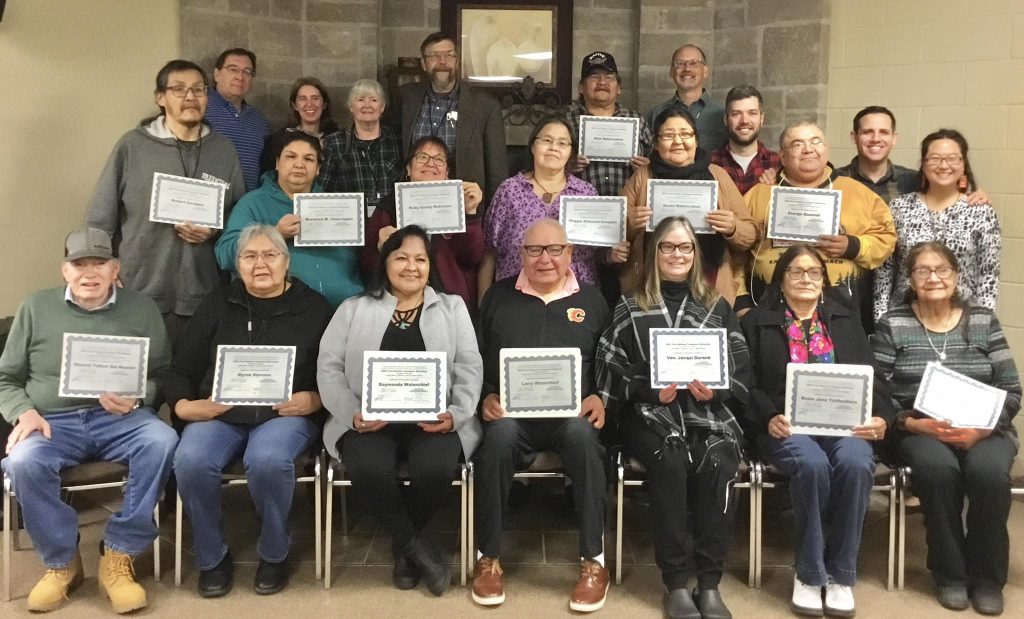 Yet, God in His mercy and for His glory accomplished great things for the staff and participants who were able to come to this workshop, and He continues to work in and through the lives of those who were unable to come because of their own challenges.
Yet, God in His mercy and for His glory accomplished great things for the staff and participants who were able to come to this workshop, and He continues to work in and through the lives of those who were unable to come because of their own challenges.Workshop Participants
Silas, although he has official “retired” from his position as full-time translator with the Naskapi Development Corporation (NDC), continues to contribute to the Naskapi Bible translation program every week, doing first-draft or back-translation of Old Testament books. He also serves as deacon in the Naskapi church. His wife Susan, even though the previous week had to undergo surgery for cancer, was released by her doctor to travel to the workshop with Silas. She serves the Naskapi church as lay-reader, and attended the workshop representing the local church.
George Guanish was one of the first Bible Translators for the Naskapi project, starting back in the 1990s. George is the senior translator now for the Naskapi Nation of Kawawachikamach.
Maggie Mokoush-Swappie, Robert Swappie, Marianne Mameanskum, and Ruby Sandy-Robinson
The rest of the Naskapi-speaking team included NDC board member Maggie Mokoush-Swappie, Naskapi church lay-reader Robert Swappie, NDC Cultural Development Officer Marianne Mameamskum, and NDC Administrative Director (retired) Ruby Sandy-Robinson. Marianne now takes the leadership role for the Naskapi language and culture department, working on Bible Translation and the other core language and culture projects in the community. Ruby, since her retirement, has been very active in assisting with the Bible Translation checking and also reviewing the Naskapi dictionary with over a Zoom connection every week.
During this workshop, the entire Naskapi team met to make plans for completing the rest of the Bible in Naskapi, as well as ways to work together with the other Naskapi community organizations for language development going forward.
This was the first time that Blackfoot-speaking participants were able to come to the workshop. They had originally registered 9 participants, representing two of the three different Blackfoot-speaking communities:
Piikani, Siksika, and Kainai (Blood Tribe) members of the Blackfoot Confederacy Treaty 7 Territories have all joined together for the translation work.
The Blackfoot translation team included the following persons;
Workshop Teaching Staff
We are so grateful for the partnership and assistance from the Canadian Bible Society (CBS) in conducting this workshop. We were joined by Dr. Jeff Green, CBS Vice President, Bible Translation and his colleague Ben Wukasch, CBS Translation Officer for teaching sessions through the week.
Ben demonstrated resources to help with exegesis of the source text, that helped to prepare the participants to do translation.
Dan Grove, Wycliffe Canada Field Project Liaison, Meg Billingsley, SIL Americas Area Translation Consultant, and Alice Reed, SIL Translation Consultant-in-Training, Global Consultant Pool helped by facilitating multiple sessions through the week.
Tom Scott, SIL project co-facilitator for Oji-Cree and Ruth Heeg, CBS Translation Consultant (retired) also contributed to the workshop as instructors and mentors.
We are so grateful to the workshop teaching staff for not only guiding the participants through the workshop sessions, but also for carefully crafting the workshop curriculum to suit the translation learning needs of the participants.
Workshop Curriculum
To best meet the needs of the participants, the teaching staff planned a curriculum framework based on the steps required for bringing the translation of a portion of scripture to completion. This is called “project-based learning”, and involves a series of guided “hands-on” sessions during which the participants accomplish each step in their own languages. On the first day of the workshop, the participants began with the first steps working on the first seven verses of the Gospel of Luke.
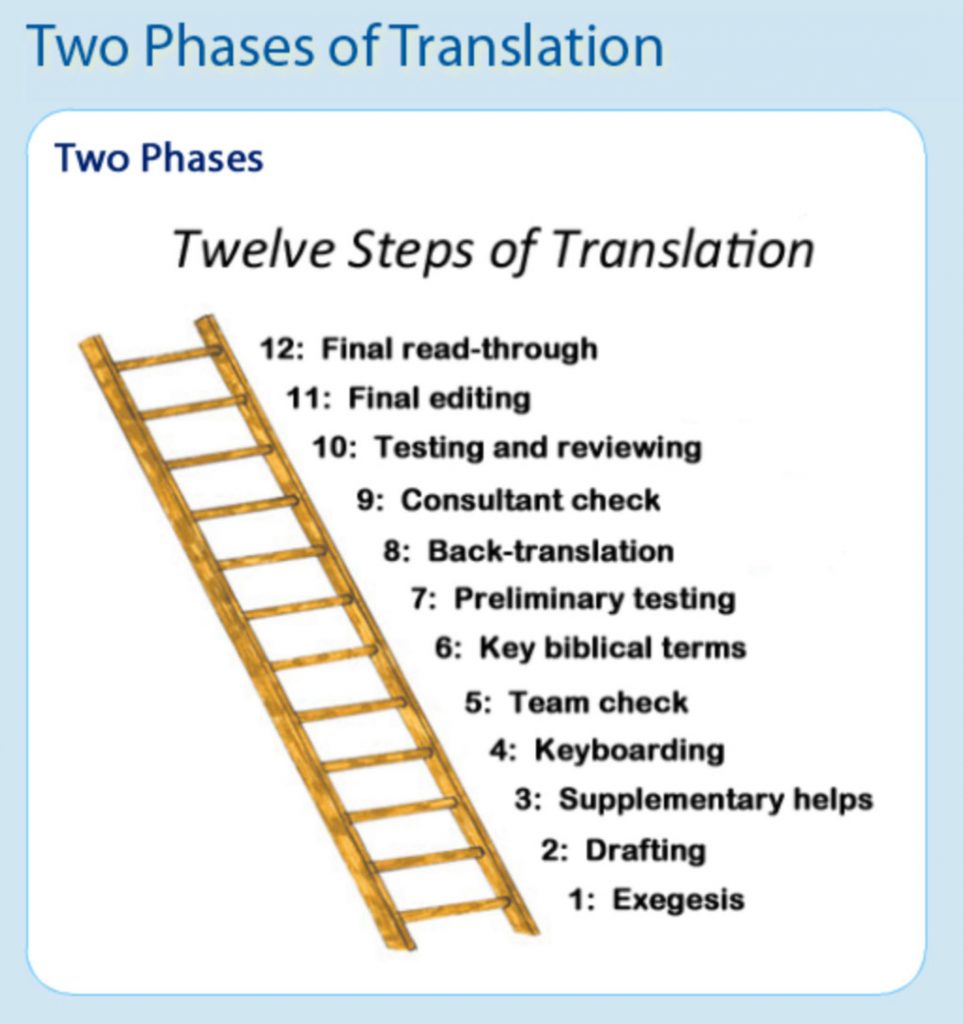 The teaching sessions through the week were arranged so that the participants could learn and then practice each of the steps necessary to bring the translation of this short passage of scripture to completion.
The teaching sessions through the week were arranged so that the participants could learn and then practice each of the steps necessary to bring the translation of this short passage of scripture to completion.
All of the participants indicated that the workshop was useful to them and they all made plans to bring the things that they learned back to their communities and continue to make translation of the scriptures into their own languages a priority.
During the many discussions and interaction between the staff and participants through the workshop, the question of “why we do what we do” came up. One of the Blackfoot participants, Larry Waterchief, said that he wanted to be involved in translating the Bible into Blackfoot “Because I love Jesus. It’s as simple as that”.
Others shared that they enjoyed getting to know the other participants, and doing the actual work on their own translations rather than simply listening to instructions. Several indicated that coming to this workshop filled them with peace and comfort, and they felt the love and respect of others.
Thank you again for remembering to pray for these participants and the language communities that they represent, and that their vision and hope for Bible translation in their own languages would become a reality.
Serving with you, Bill & Norma Jean Jancewicz
That’s the end of the report, but we thought we would share a few more pictures if you have the time to scroll further down.
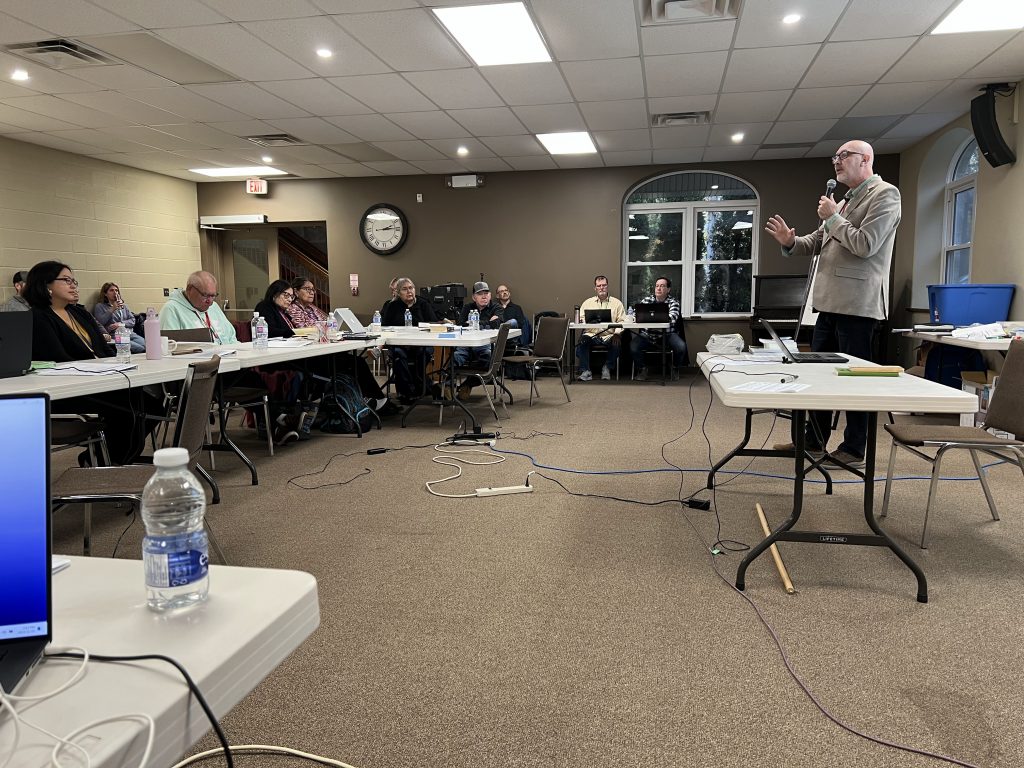
Kevin Schlechter from the Canadian Bible Society describes resources and support to the participants

